Κείμενο
Η χοληδόχος κύστη είναι ένα μικρό όργανο μήκους 10 εκατοστών, που μοιάζει με σακουλάκι και βρίσκεται κάτω από το συκώτι. Η χοληδόχος κύστη δεν παράγει τη χολή, αλλά την αποθηκεύει για να την απελευθερώνει σε μεγάλες ποσότητες κατά τη διάρκεια της πέψης έτσι ώστε να βελτιστοποιείται η πέψη των λιπαρών τροφών. Δυστυχώς, πολλές φορές η χοληδόχος κύστη εμφανίζει πέτρες και σε μερικές περιπτώσεις είναι αναγκαίο να αφαιρεθεί. Σήμερα θα μιλήσουμε για την ιδανική τροφή σε περίπτωση που έχετε υποβληθεί σε αυτή την επέμβαση αφαίρεσης της χοληδόχου κύστης που λέγεται χολοκυστεκτομή. Θα ξεκινήσουμε λέγοντας τις τροφές που πρέπει να περιορίσετε και στη συνέχεια θα μιλήσουμε για τις τροφές που καλό είναι να αυξήσετε στη διατροφή σας. Αν δεν αναφέρουμε στη λίστα κάποια τροφή αυτό σημαίνει ότι ως τροφή ούτε βοηθάει ούτε εμποδίζει την πέψη μετά τη χολοκυστεκτομή. Λιπαρά κρέατα. Μετά την αφαίρεση της χοληδόχου κύστης, η χολή δεν απελευθερώνεται σε μεγάλες ποσότητες κατά τη διάρκεια της πέψης και αυτό δυσχεραίνει τη λειτουργία της πέψης των λιπαρών τροφών. Οι μελέτες έχουν δείξει ότι το μεγαλύτερο πρόβλημα είναι με τα κρέατα τα οποία είναι πλούσια σε λίπος, όπως τα λουκάνικα, το χοιρινό και το αρνί. Προφανώς δεν έχει να κάνει με το ζώο από το οποίο προέρχεται το κρέας, έτσι αν κάποιος θέλει να φάει αρνί μπορεί, αρκεί να τρώει κομμάτια τα οποία δεν έχουν λίπος. Από την άλλη, αυτό είναι πολύ δύσκολο όταν κάποιος τρώει χοιρινό και αρνί. Το κατσίκι συνήθως έχει λιγότερο λίπος από το αρνί, όπως επίσης και το μοσχάρι έχει λιγότερο λίπος από το χοιρινό. Ως επακόλουθο, είναι πιο πιθανό να επιτύχουμε άλιπες κοπές από το κρέας αυτών των δύο ζώων. Το ίδιο ισχύει και για το κοτόπουλο. Είναι σημαντικό να αφαιρείτε το εμφανές λίπος και την πέτσα. Γαλακτοκομικά. Το ίδιο ισχύει και με τα γαλακτοκομικά. Προφανώς υπάρχουν γαλακτοκομικά με λίγα λιπαρά, όμως επίσης υπάρχουν και γαλακτοκομικά που είναι πολύ πλούσια σε λιπαρά. Σε αυτή την περίπτωση θα έλεγα ότι τα τυριά θα πρέπει να τα μειώσετε ή και

να τα αποφύγετε τελείως, γιατί συνήθως είναι πολύ πλούσια σε λιπαρά. Αντιθέτως, το γιαούρτι και το γάλα, ειδικά αν αυτά έχουν χαμηλή περιεκτικότητα σε λιπαρά, μπορεί να είναι πολύ καλές επιλογές. Προφανώς, βούτυρο με χαμηλά λιπαρά δεν υπάρχει, άρα το βούτυρο θα πρέπει να το αποφεύγετε όσο πιο πολύ γίνεται. Το ίδιο ισχύει και για τις μαργαρίνες. Επεξεργασμένες τροφές. Τροφές οι οποίες είναι πολύ επεξεργασμένες και περιέχουν πάρα πολλές θερμίδες πρέπει επίσης να τις αποφεύγετε. Αυτές οι τροφές που είναι πυκνές σε ενέργεια και φτωχές σε θρεπτικά συστατικά δυσκολεύουν πάρα πολύ την πέψη και για αυτό πρέπει η θέση τους να είναι όσο πιο περιορισμένη γίνεται στην καθημερινή σας διατροφή. Τέτοιες τροφές είναι τα γλυκά και τα αρτοποιήματα. Αυτές οι τροφές πρέπει οπωσδήποτε να φροντίζετε να είναι όσο πιο περιορισμένες γίνεται στη διατροφή σας. Υπάρχουν όμως και κάποιες τροφές που πρέπει να κυνηγάτε μετά τη χολοκυστεκτομή, γιατί είναι τροφές οι οποίες είναι ιδιαίτερα θρεπτικές, και δεν επιβαρύνουν τη λειτουργία του πεπτικού. Αυτές είναι: Τροφές πλούσιες σε φυτικές ίνες. Οι φυτικές ίνες βοηθούν την πέψη, ειδικά όταν ο οργανισμός αδυνατεί να εκκρίνει μεγάλη ποσότητα χολής κατά τη διάρκεια της πέψης. Εδώ όμως θέλει προσοχή, γιατί αν κάποιος ακολουθεί μία διατροφή χαμηλή σε φυτικές ίνες, όπως οι περισσότεροι άνθρωποι, αυξάνοντας τις φυτικές ίνες απότομα μπορεί να έχει έντονα ενοχλήματα από το πεπτικό. Σε αυτή την περίπτωση θα πρέπει η αυξημένη κατανάλωση φυτικών ινών να έρθει σταδιακά. Με αυτό τον τρόπο θα αποφύγουμε τις δυσάρεστες συνέπειες. Ευτυχώς, η ελληνική κουζίνα είναι γεμάτη τροφές που είναι πλούσιες σε φυτικές ίνες, όπως τα όσπρια, οι σαλάτες, τα φρούτα, οι ξηροί καρποί και τα μη επεξεργασμένα δημητριακά. Τροφές με μεγάλη θρεπτική αξία και χαμηλή πυκνότητα ενέργειας. Στην κατηγορία αυτή θα βρούμε τα φρούτα και τα λαχανικά, γιατί περιέχουν πολλά θρεπτικά, πολύ νερό και λίγες θερμίδες. Αυτό διευκολύνει την πέψη γατί το νερό απελευθερώνεται σιγά-σιγά και ταυτόχρονα

ενυδατώνει το σώμα καλύτερα. Επίσης, αυτές οι τροφές έχουν πολύ μεγάλη θρεπτική αξία που εξασφαλίζει τα αναγκαία μέταλλα, ιχνοστοιχεία και βιταμίνες που έχει ανάγκη ο οργανισμός για να γίνει η επούλωση του χειρουργείου. Άλιπα κρεατικά. Είναι πολύ σημαντικό να συμπεριλάβετε και στη διατροφή σας τροφές οι οποίες περιέχουν ζωική πρωτεΐνη αλλά δεν περιέχουν λίπος. Είπαμε νωρίτερα ότι τα κρεατικά με λίπος πρέπει να τα αποφεύγετε, αλλά τα κρεατικά τα οποία είναι άλιπα πρέπει να φροντίζετε να υπάρχουν στη διατροφή σας. Εδώ χρειάζεται λίγο προσοχή στην ποσότητα, έτσι ώστε να παίρνετε αρκετή πρωτεΐνη, όση έχετε ανάγκη, αλλά ταυτόχρονα να μην καταναλώνετε υπερβολικές ποσότητες που δυσκολεύουν τον οργανισμό και συγκεκριμένα το πεπτικό σύστημα. Τέλος, εκτός από τις τροφές που πρέπει να προσέξετε υπάρχουν και γενικά κάποιες οδηγίες που πρέπει να ακολουθήσετε. Αυτές τις οδηγίες θα τις ακούσετε από τον χειρουργό που θα αναλάβει να κάνει το χειρουργείο, αλλά σε γενικές γραμμές συμπεριλαμβάνουν τις εξής οδηγίες. Μην ξεκινάτε με στερεές τροφές αμέσως μετά το χειρουργείο. Εισάγετε τις στερεές τροφές σταδιακά έτσι ώστε να αποφύγετε την πιθανότητα να εμφανιστούν προβλήματα στο πεπτικό. Την περίοδο μετά το χειρουργείο φροντίστε τα γεύματα σας να είναι μικρά και συχνά. Προσπαθήστε να μοιράσετε το φαγητό σας σε πέντε έως έξι μικρά γεύματα με λίγες ώρες διαφορά. Προσπαθήστε επίσης να μην ξεπερνάτε τα 3 γραμμάρια λίπους και ελαίων ανά γεύμα. Να θυμάστε ότι η γυμναστική είναι ένας πολύ καλός τρόπος να βελτιώσετε του λειτουργία του πεπτικού. Ακόμα και 10 με 20 λεπτά ζωηρό περπάτημα την ημέρα βοηθάει σημαντικά το πεπτικό να λειτουργήσει καλύτερα. Αφού ο χειρουργός σας δώσει την οδηγία να ξεκινήσετε να περπατάτε, εκμεταλλευτείτε τη για να βοηθήσετε λίγο παραπάνω τη λειτουργία του πεπτικού. Ο συχνότερος λόγος που κάποιος χρειάζεται να απευθυνθεί σε χειρουργό για να αφαιρέσει τη χοληδόχο κύστη του είναι οι πέτρες. Αν δεν θέλετε να ανήκετε σε αυτή την ομάδα των ανθρώπων που έχουν πέτρες στη

χοληδόχο κύστη, σας συστήνω να δείτε το βίντεο που εμφανίζεται τώρα στα δεξιά μου που παρουσιάζω την ιδανική διατροφή για να αποφύγετε την εμφάνιση χολόλιθων. Ακολουθώντας αυτή τη διατροφή μειώνεται σημαντικά η πιθανότητα να εμφανιστούν πέτρες και λάσπη στην χοληδόχο κύστη σας. Ευχαριστώ πολύ.

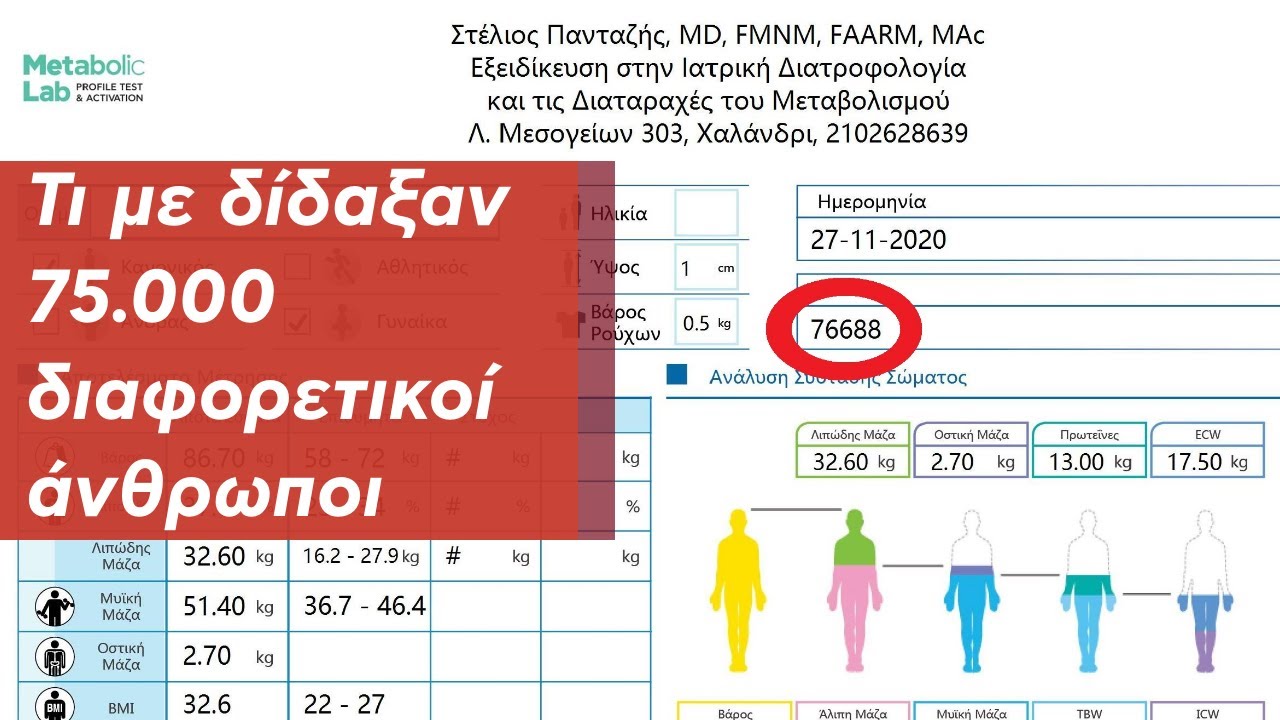
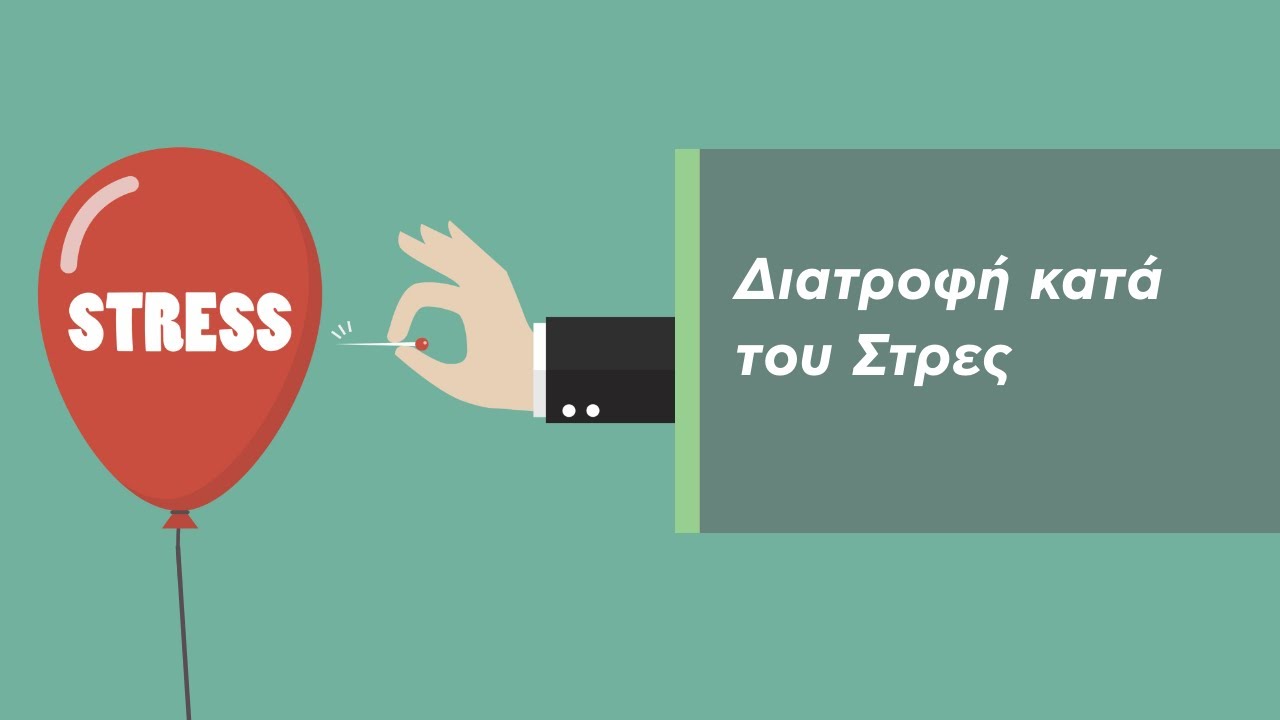
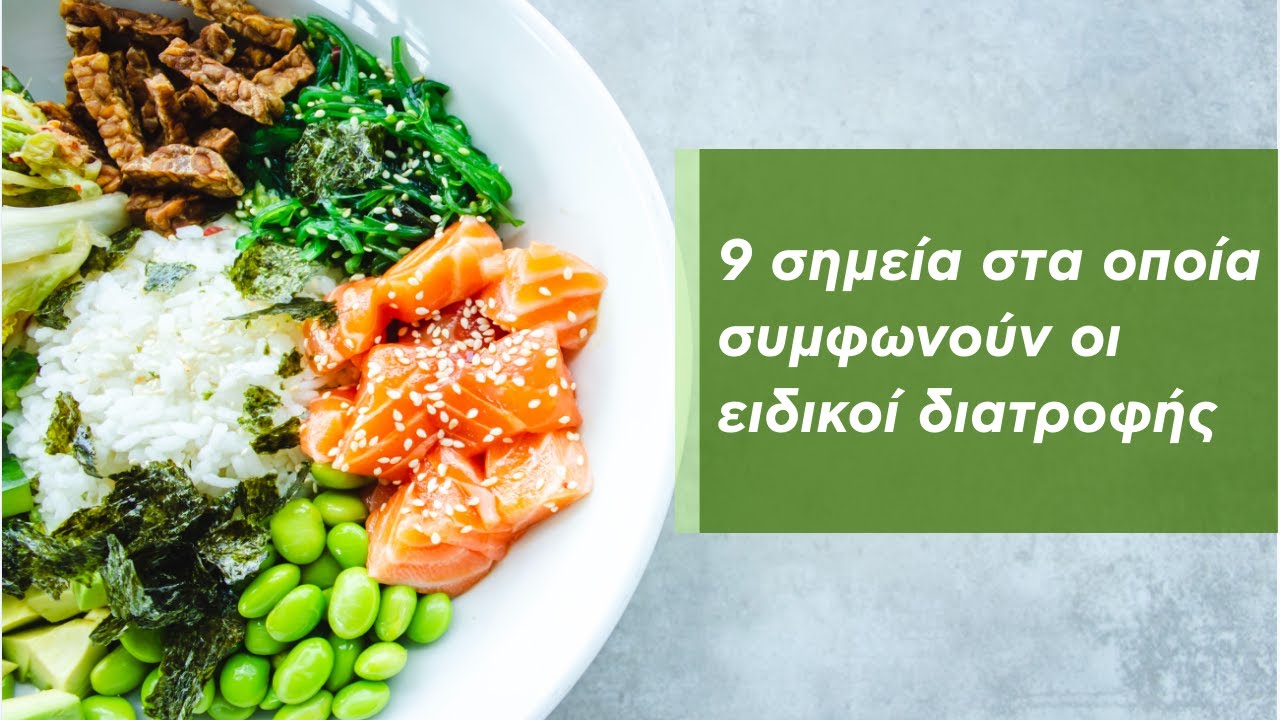
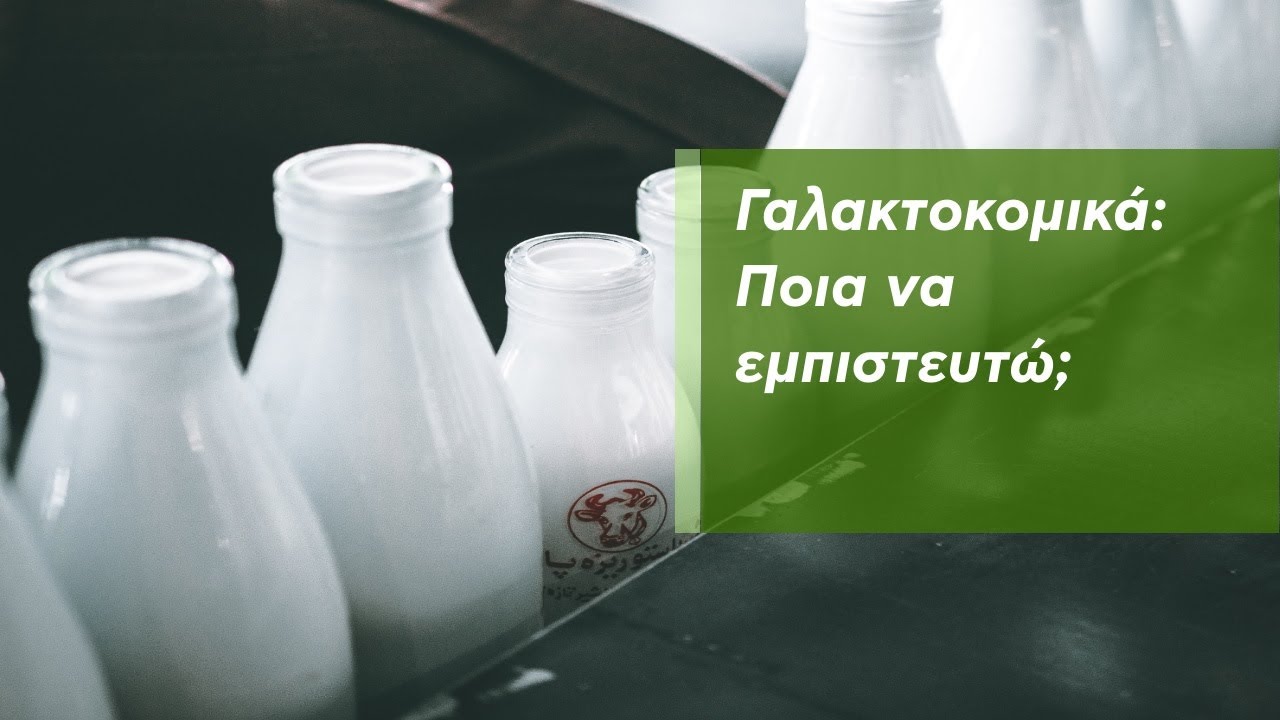
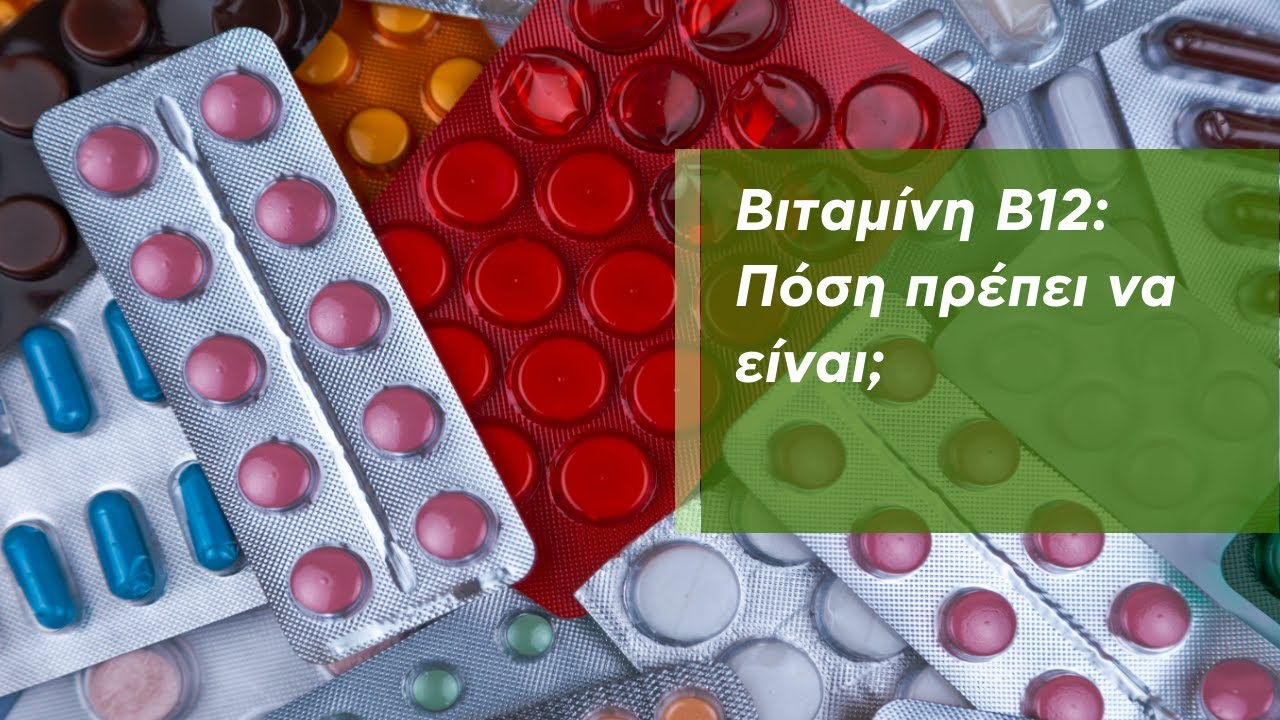

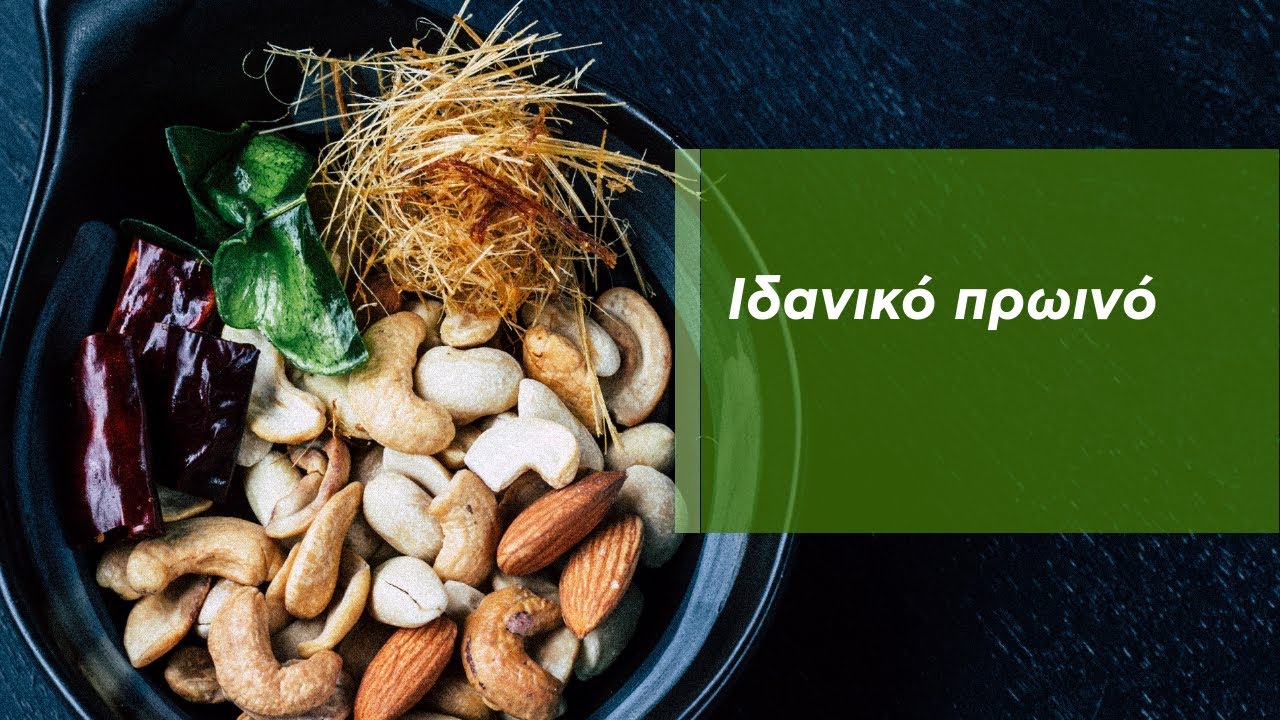
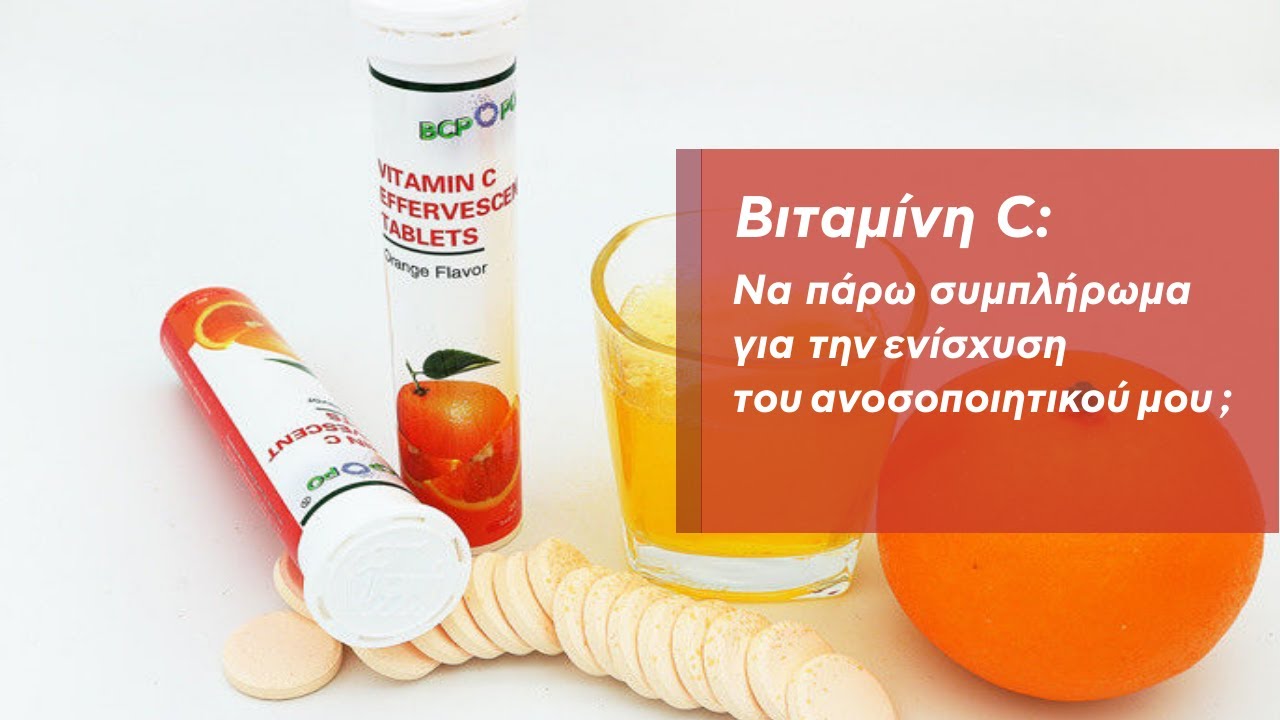
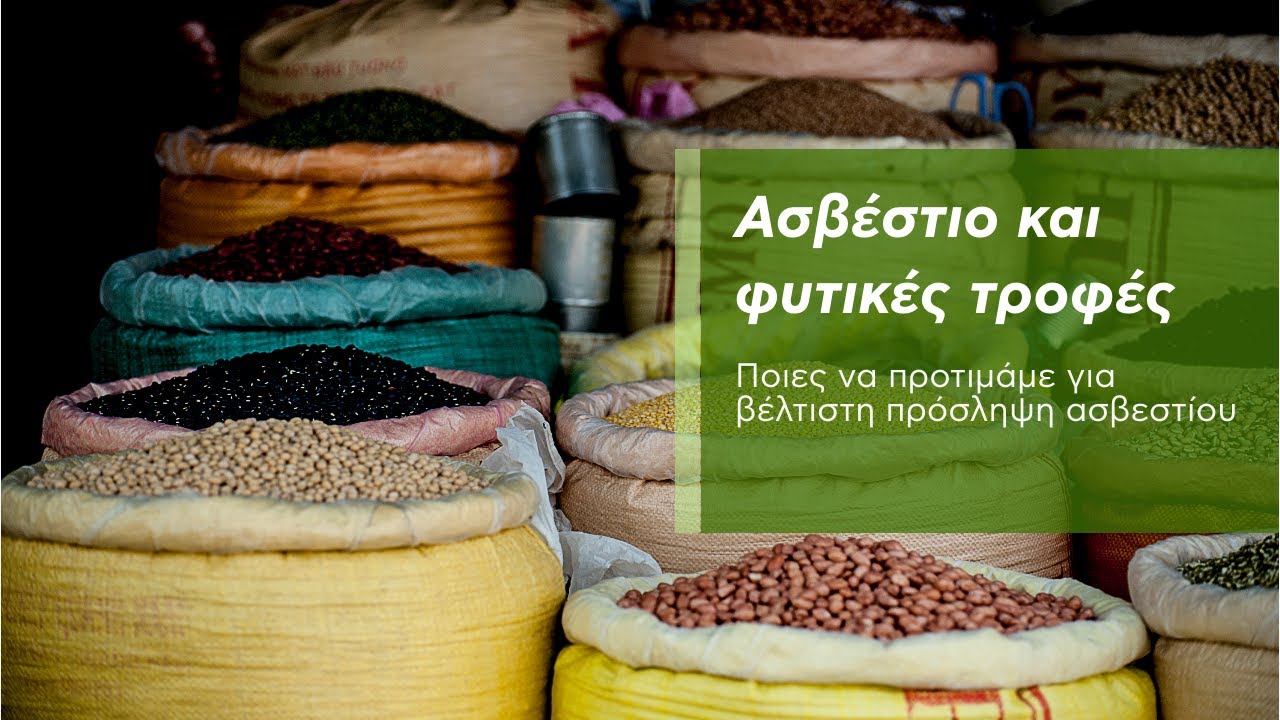
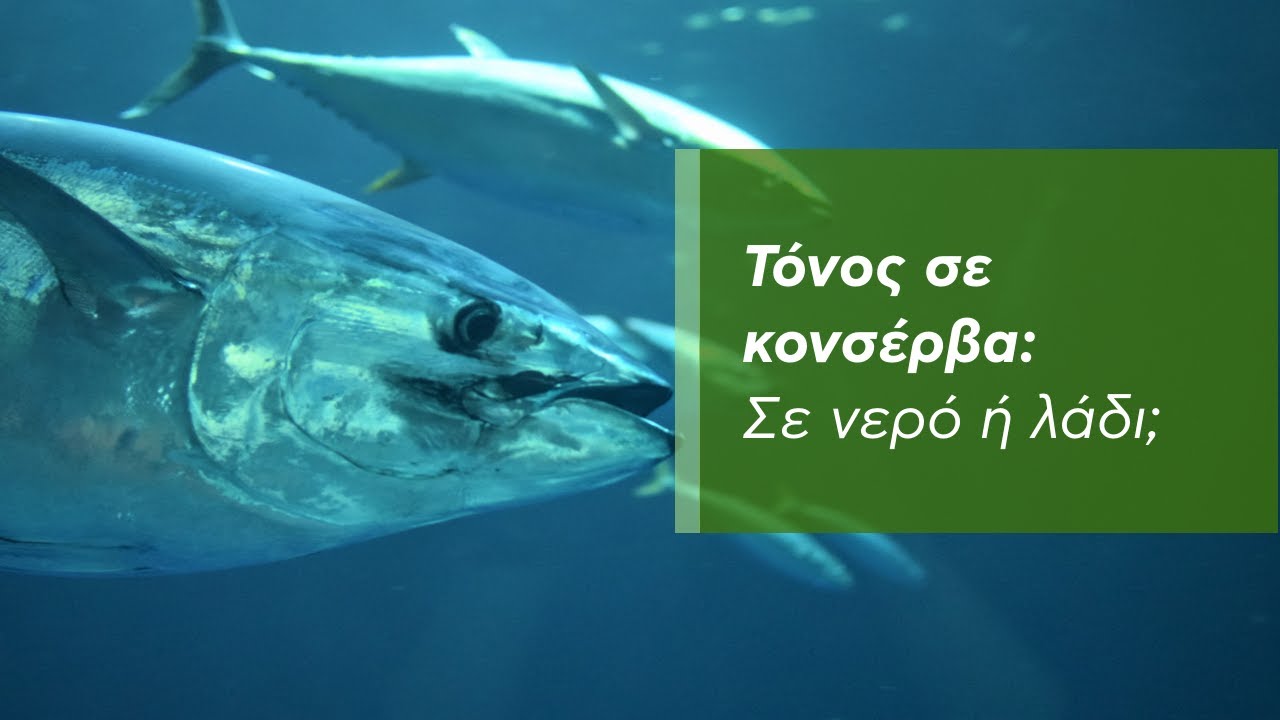
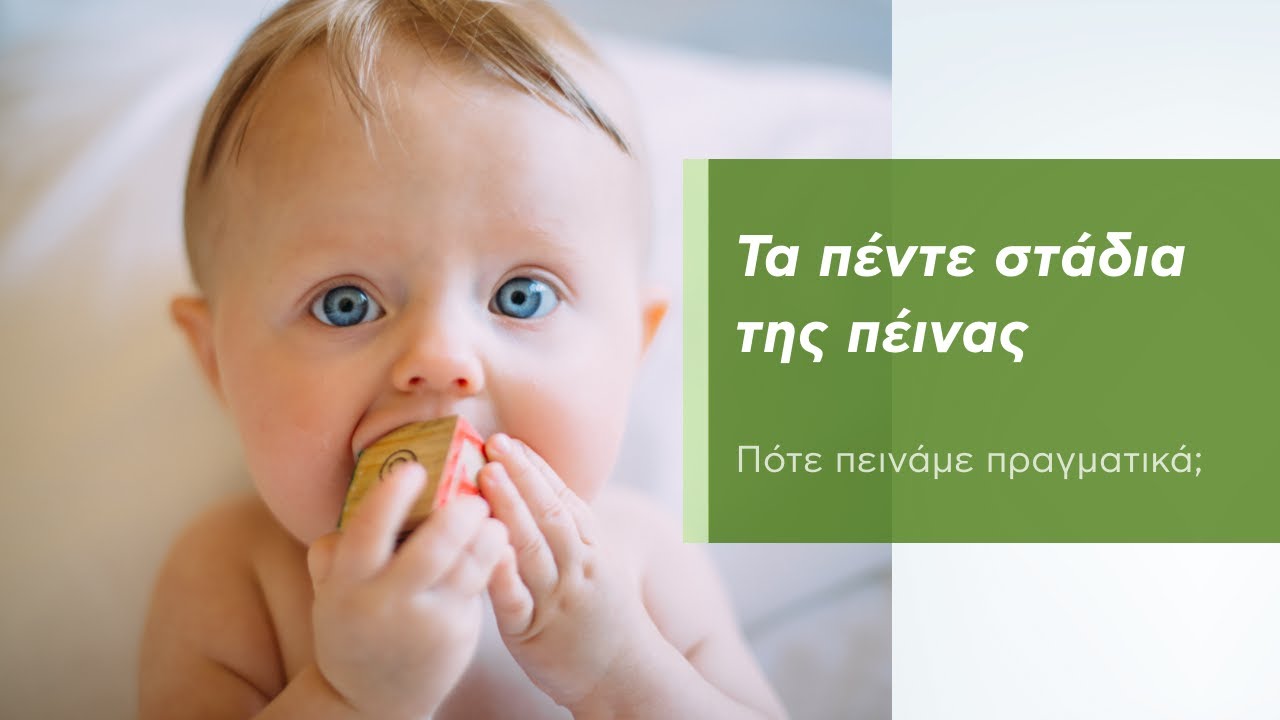
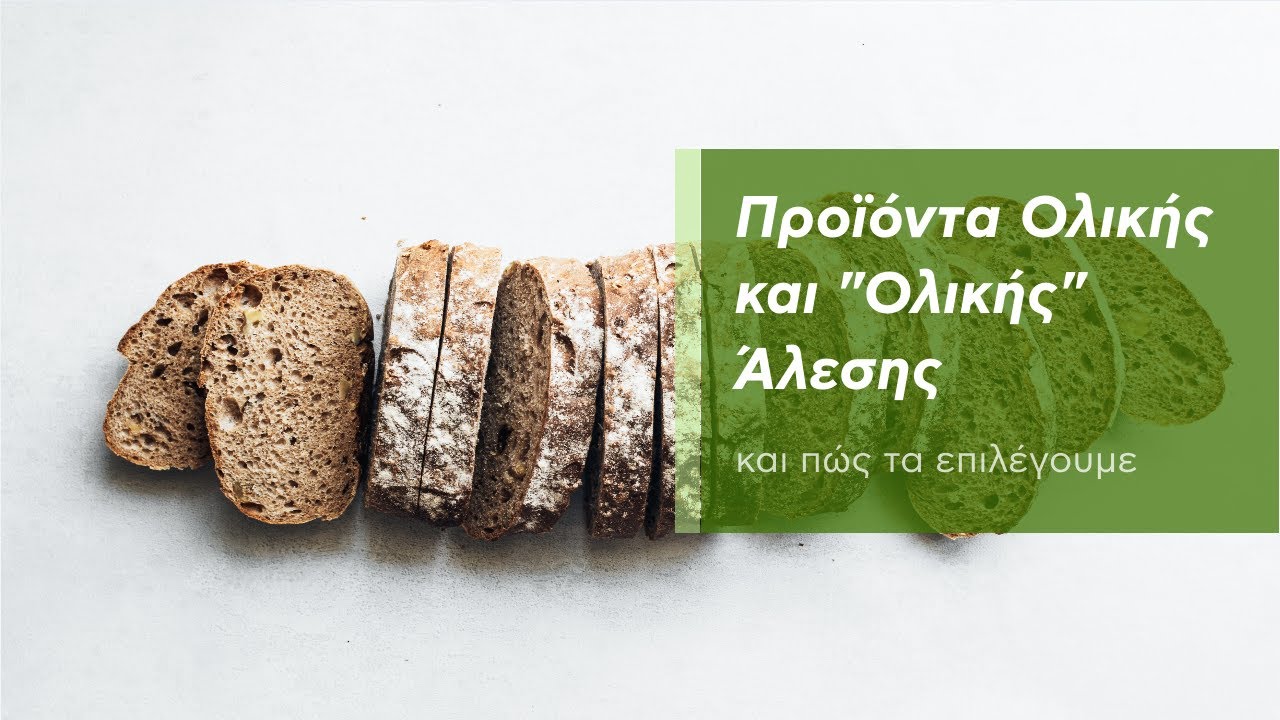
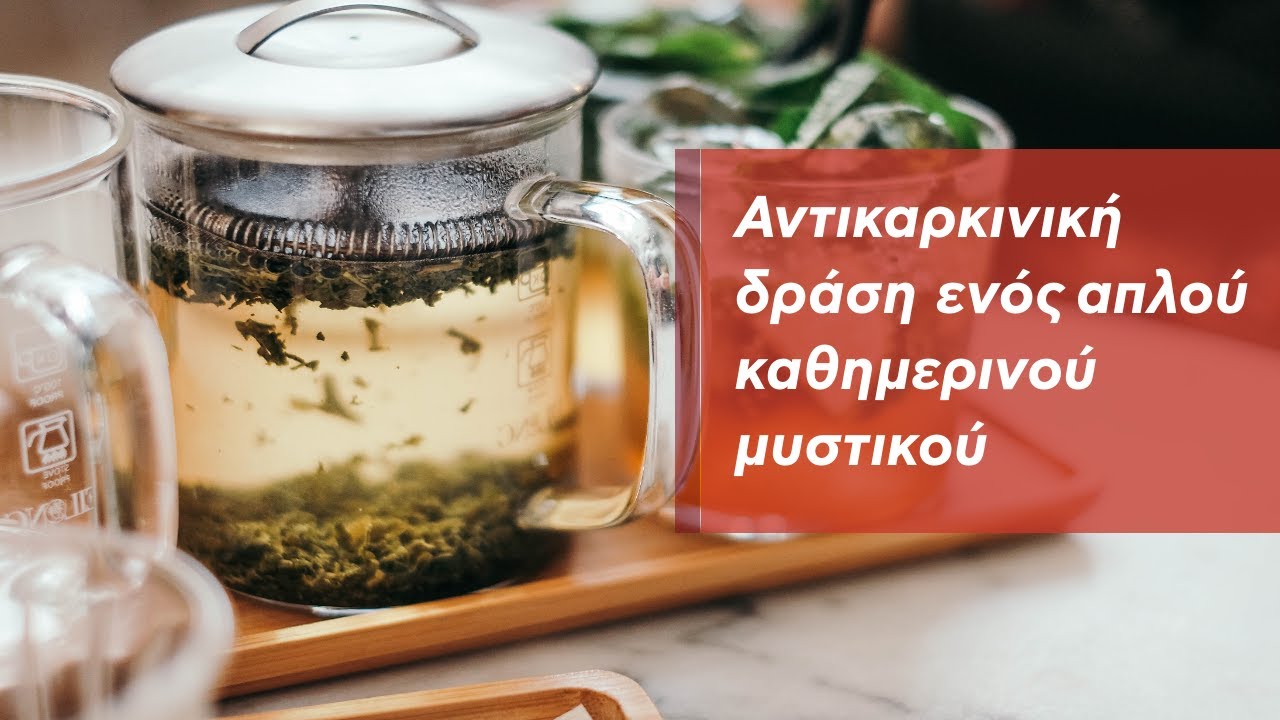
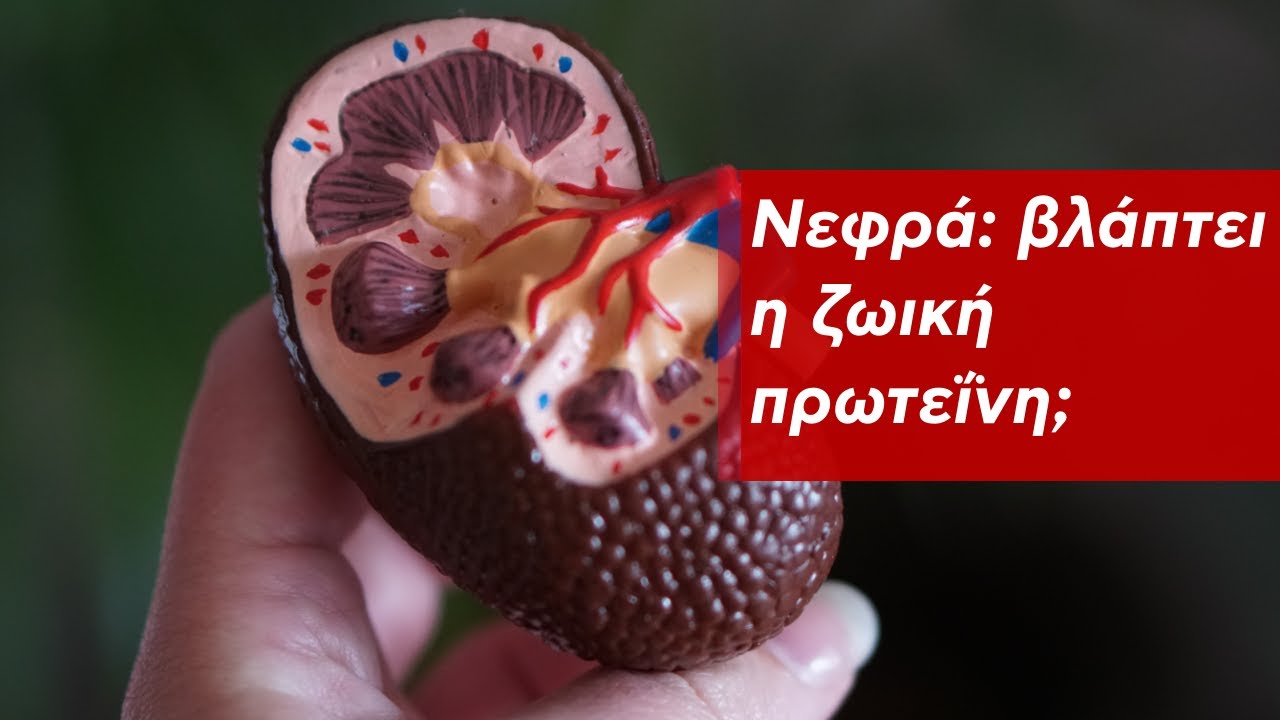
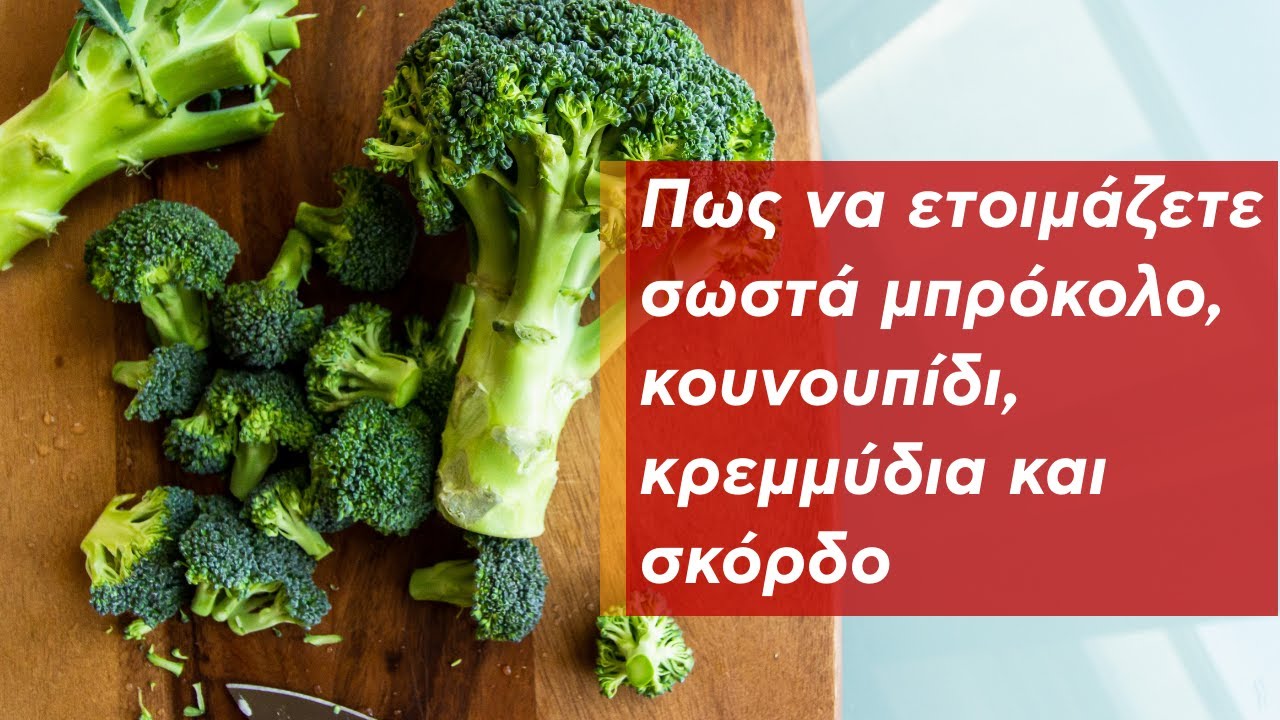
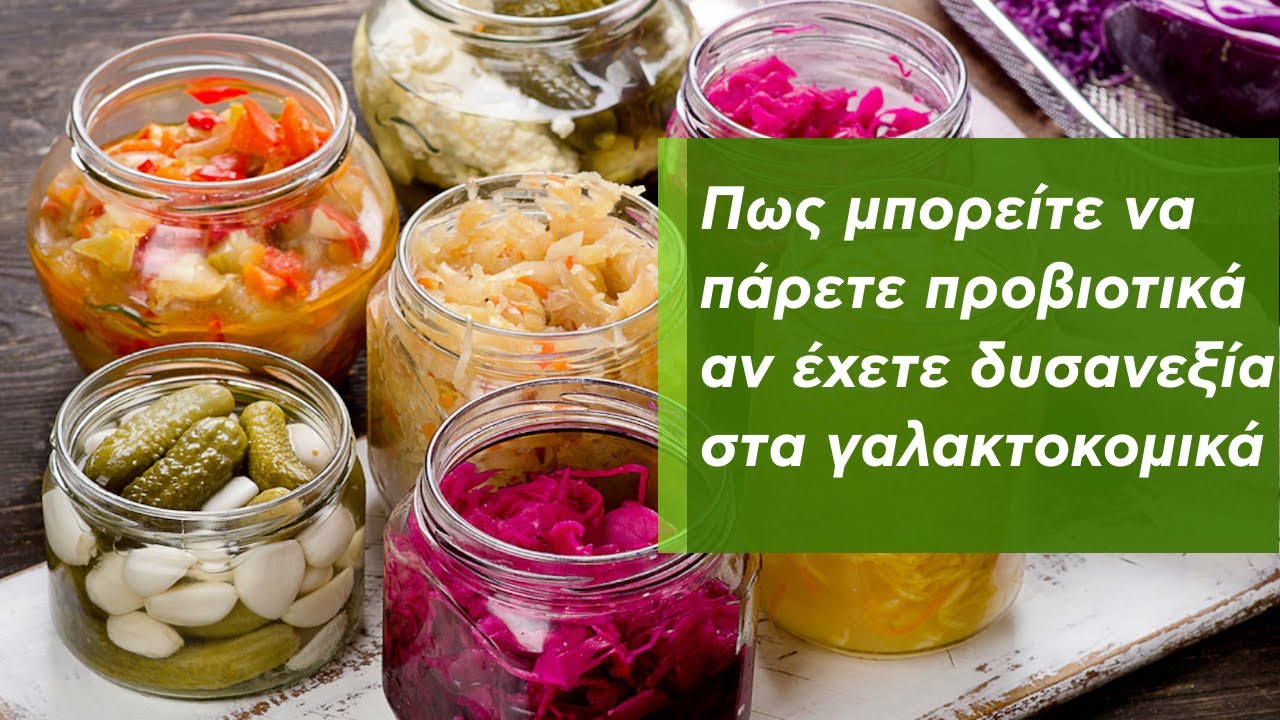


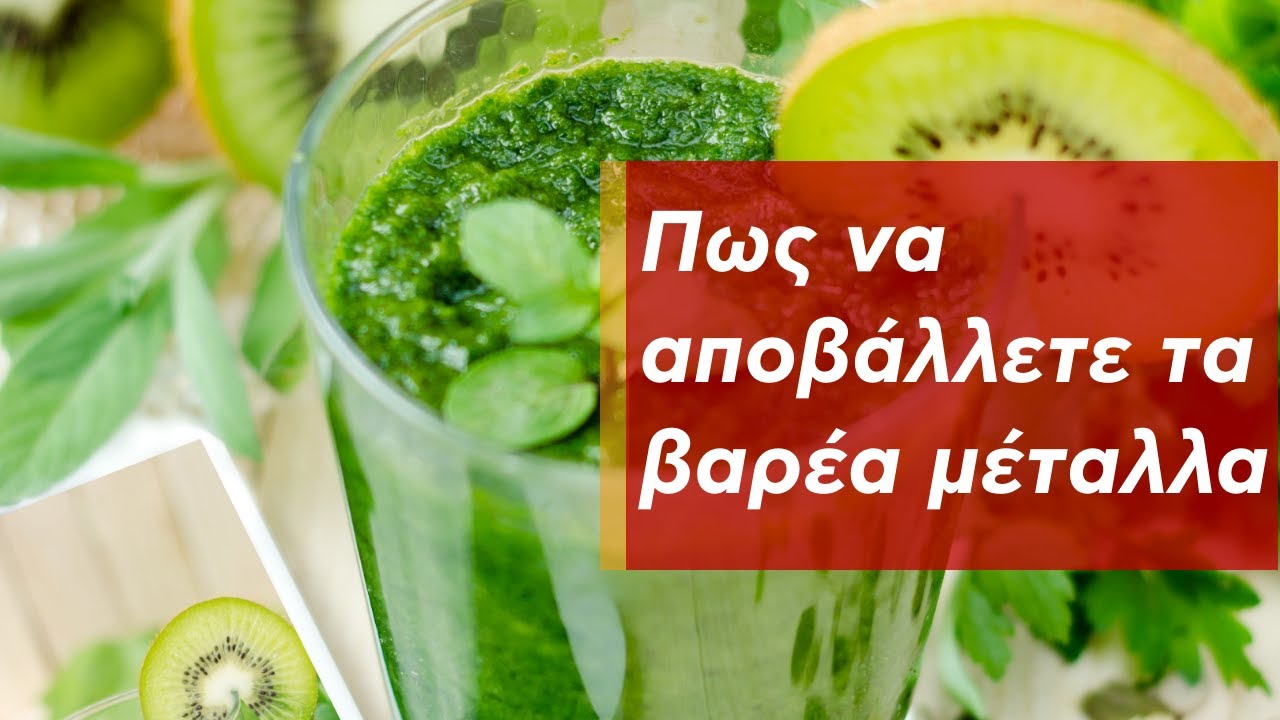

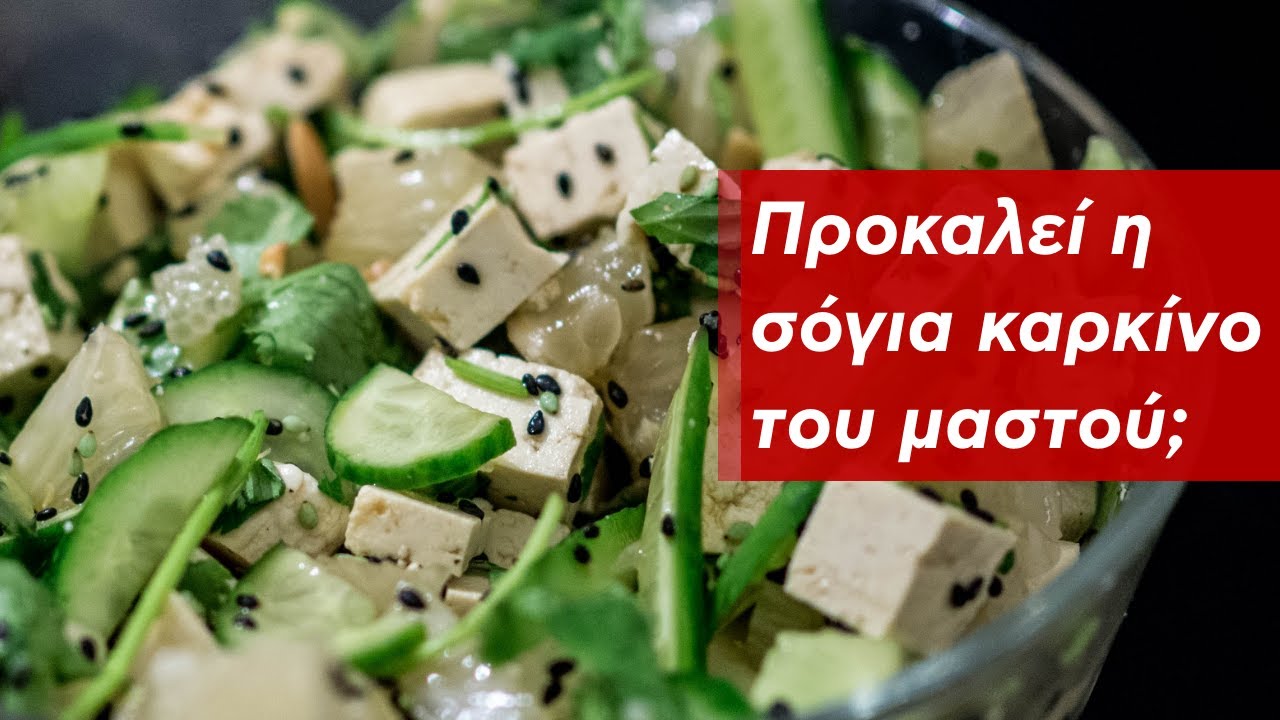
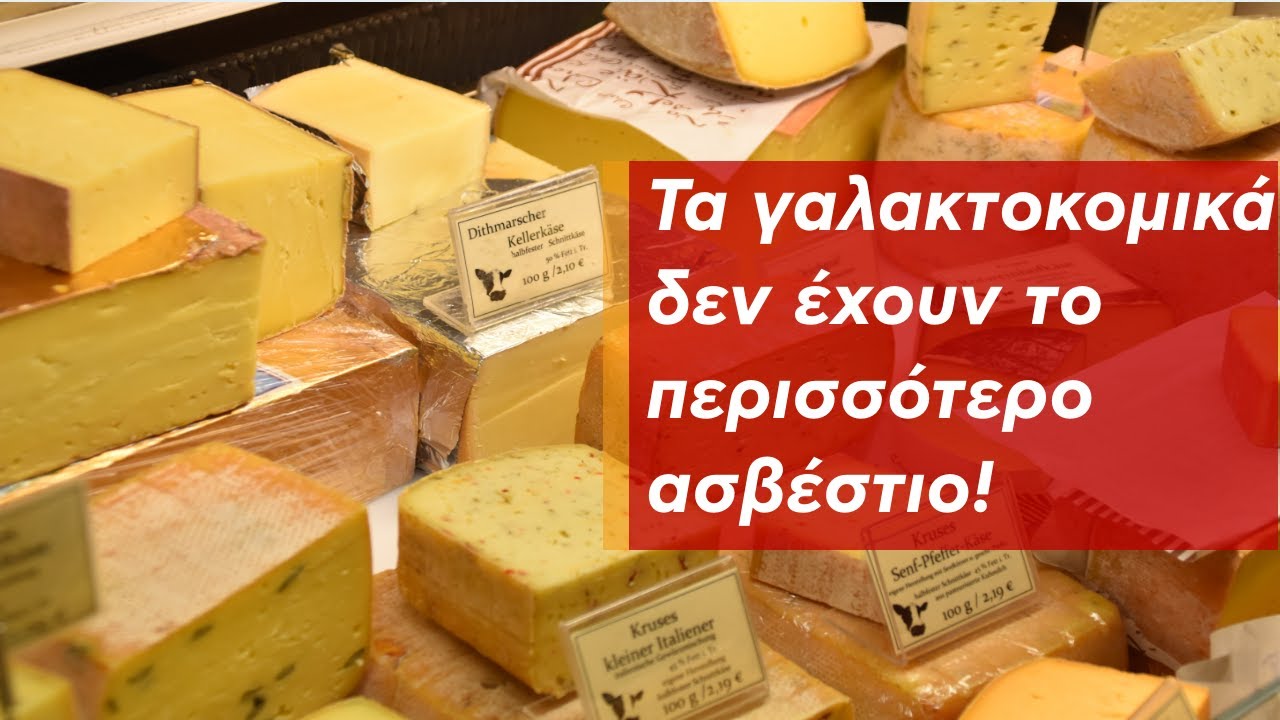
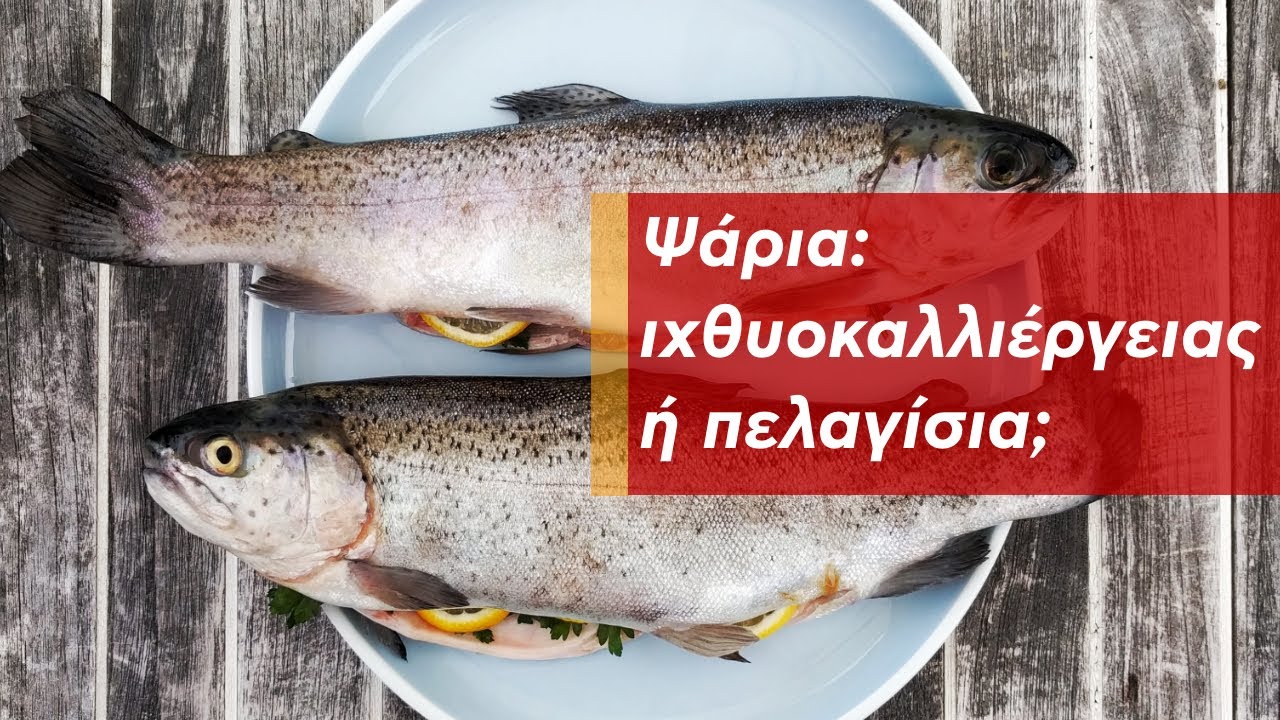

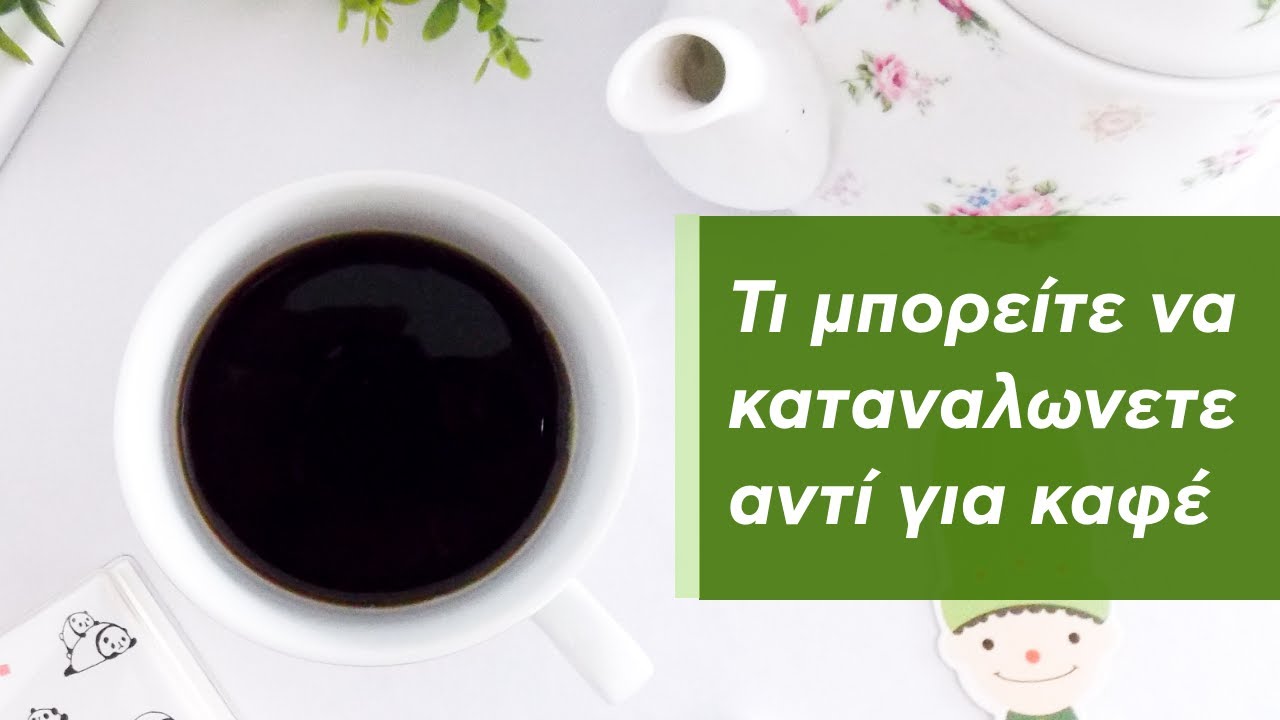
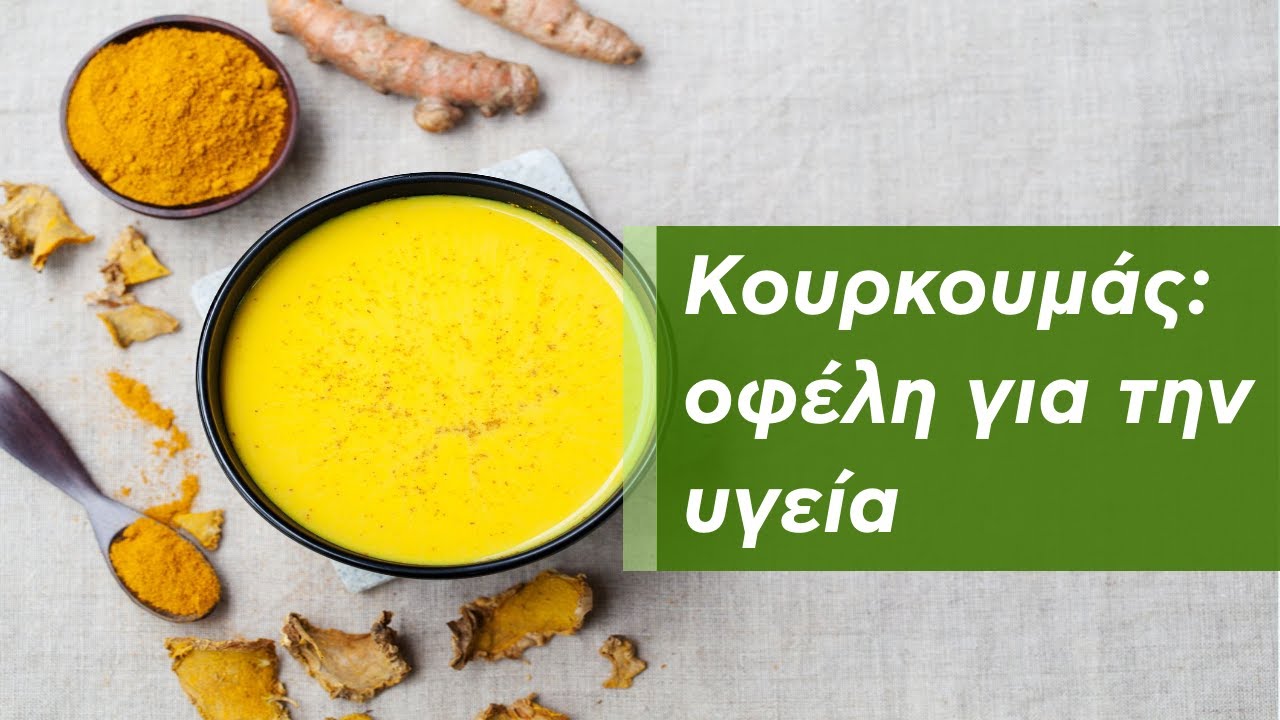
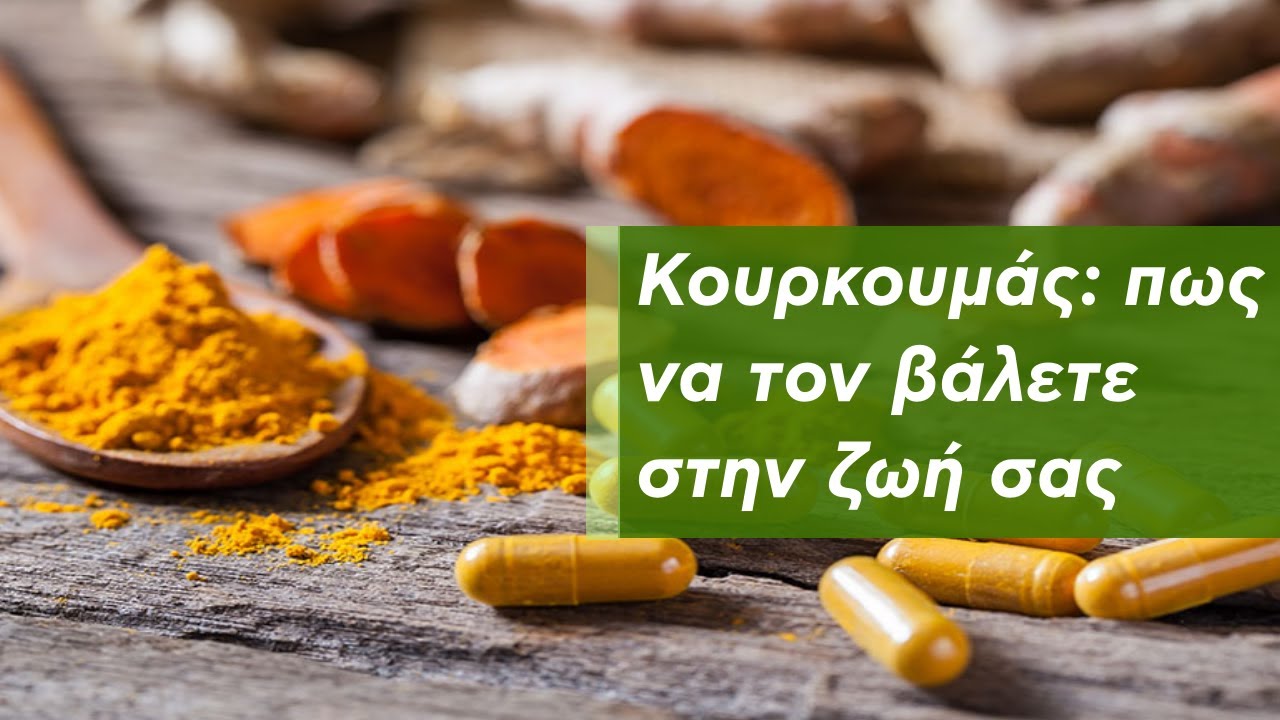
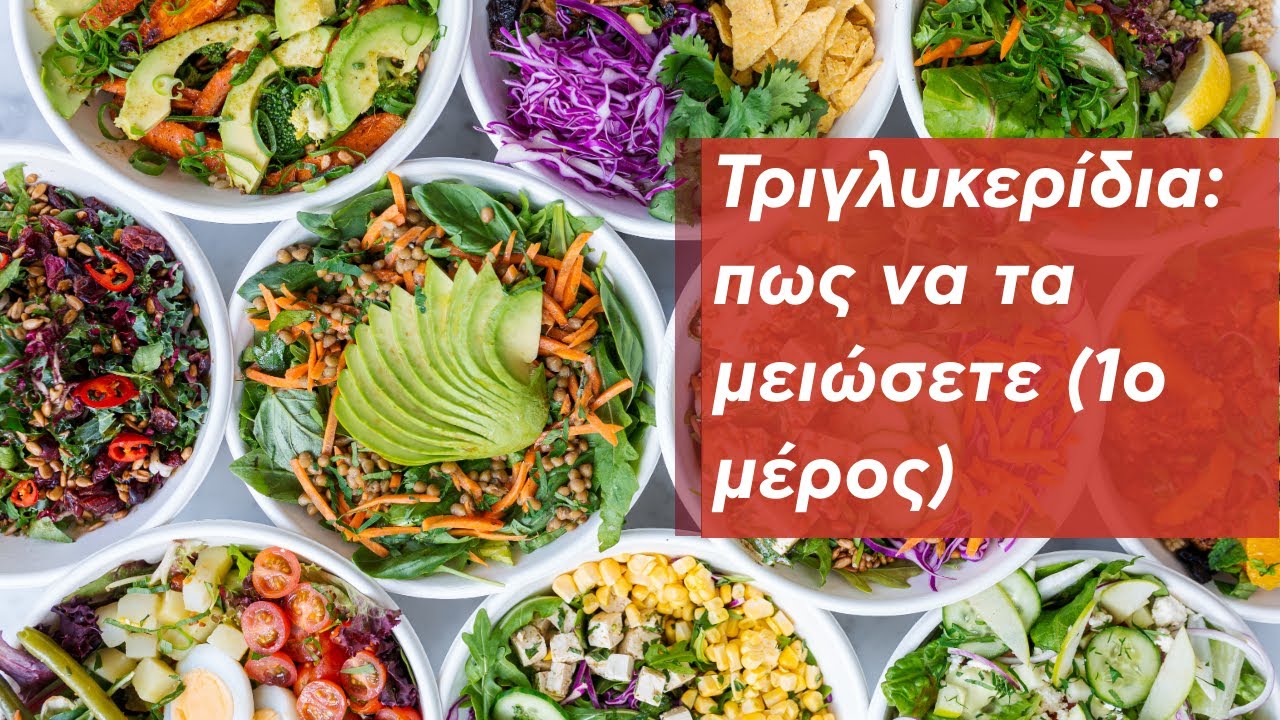

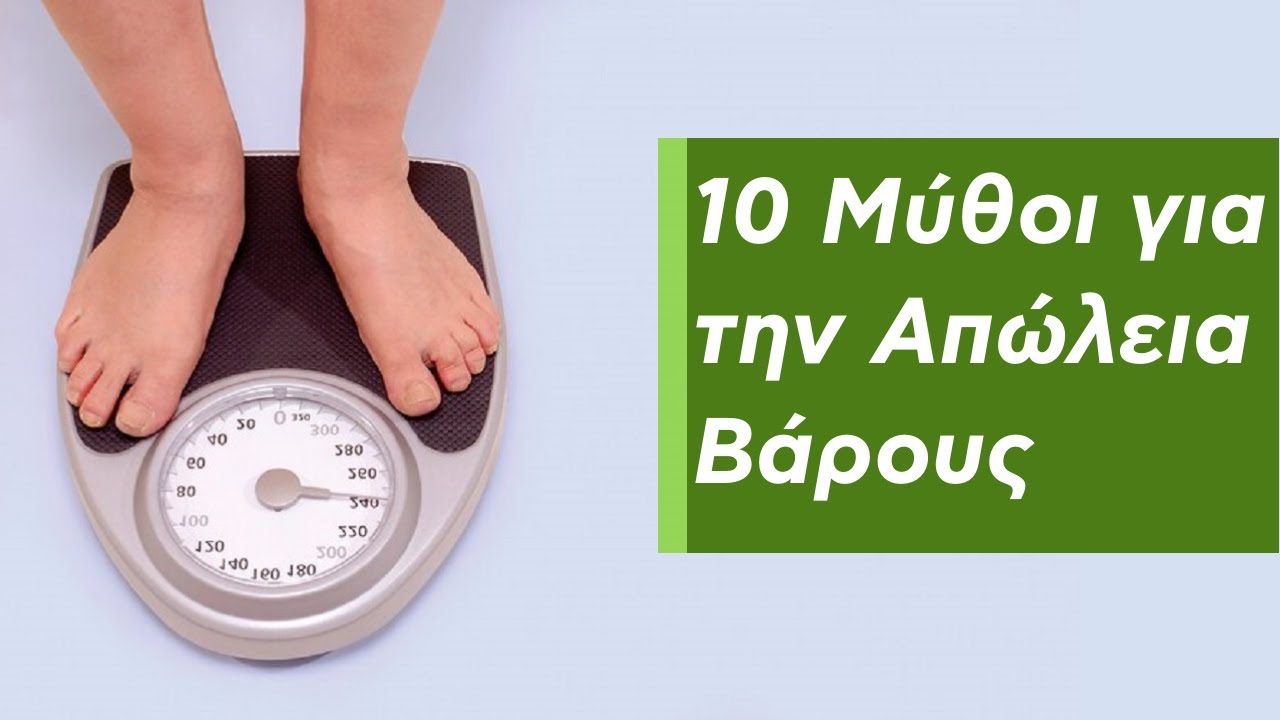
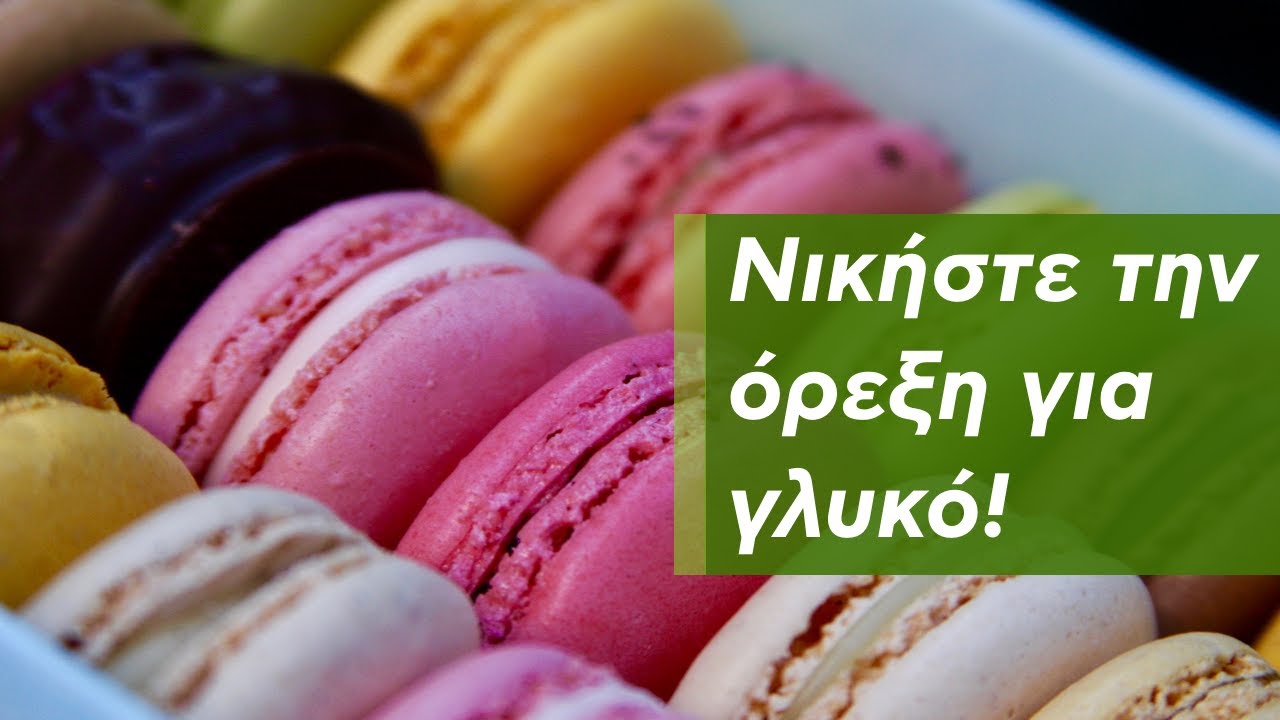
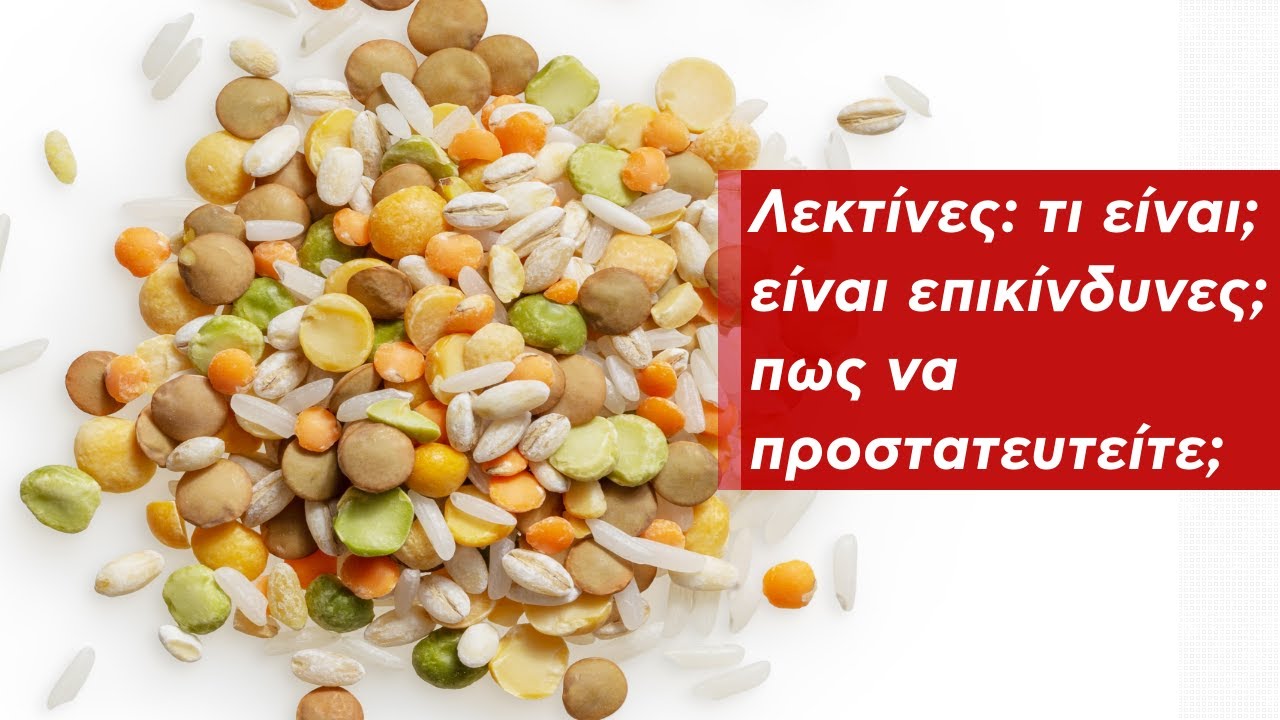
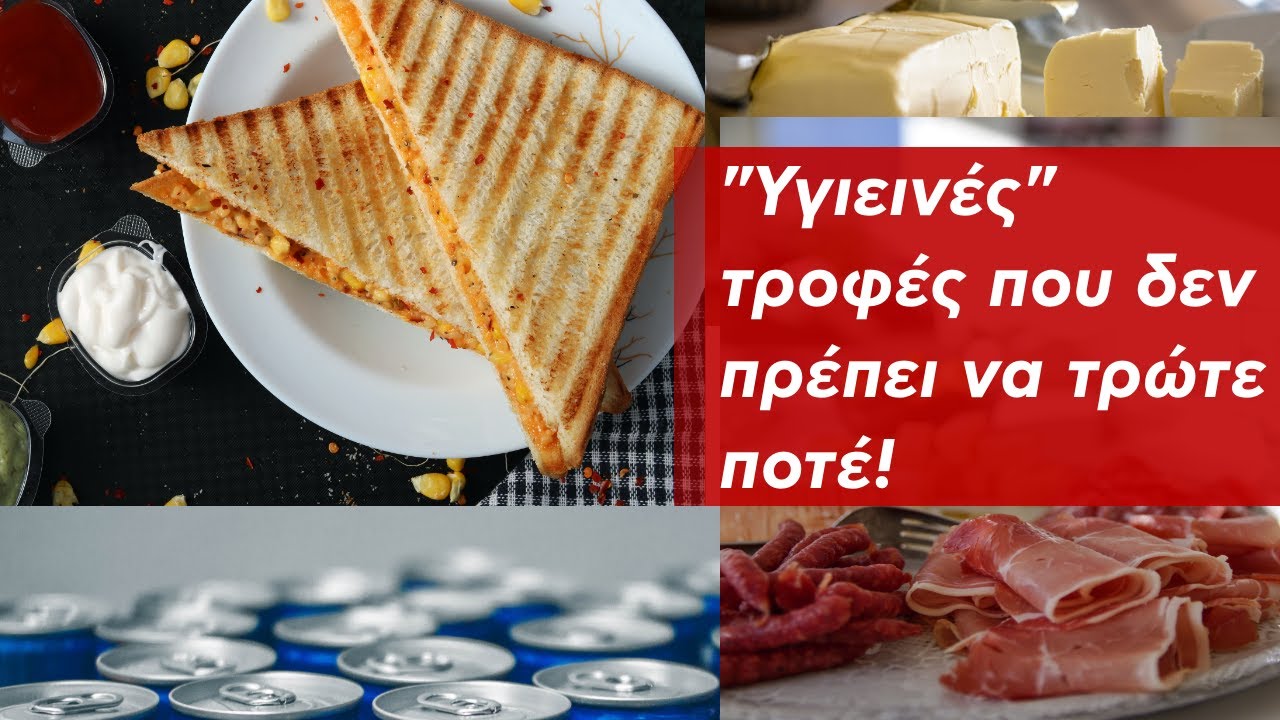
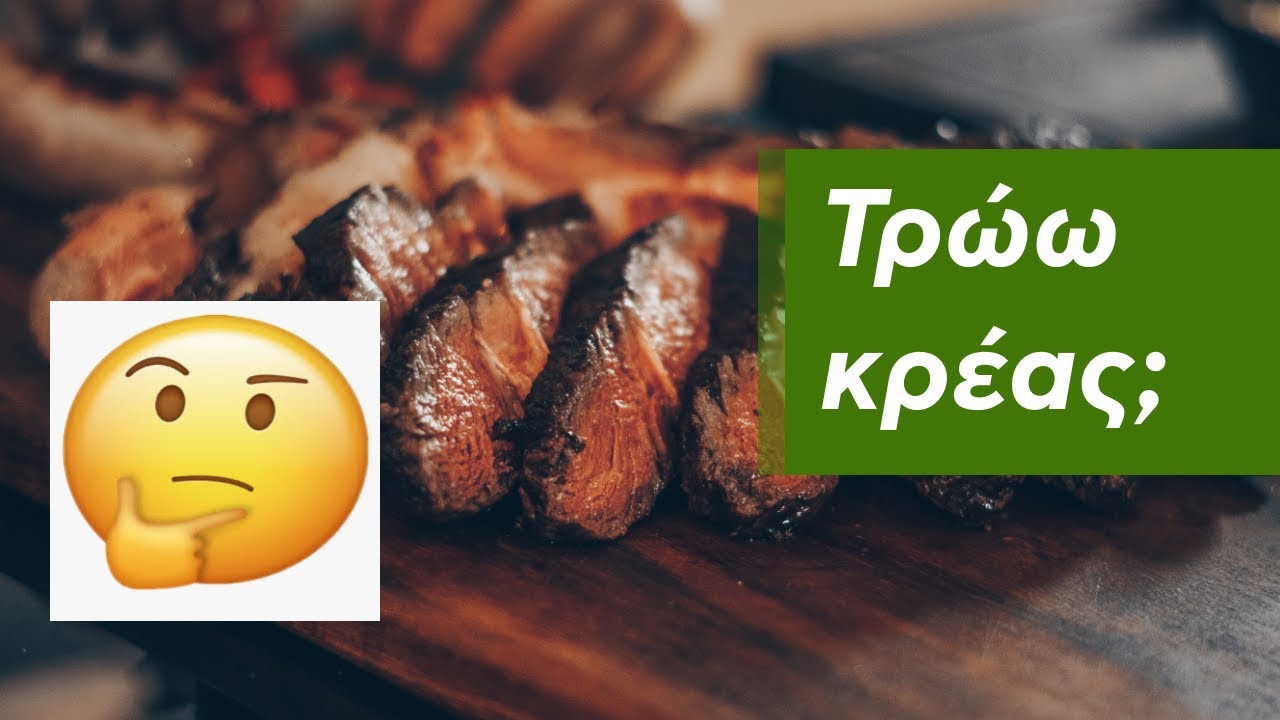
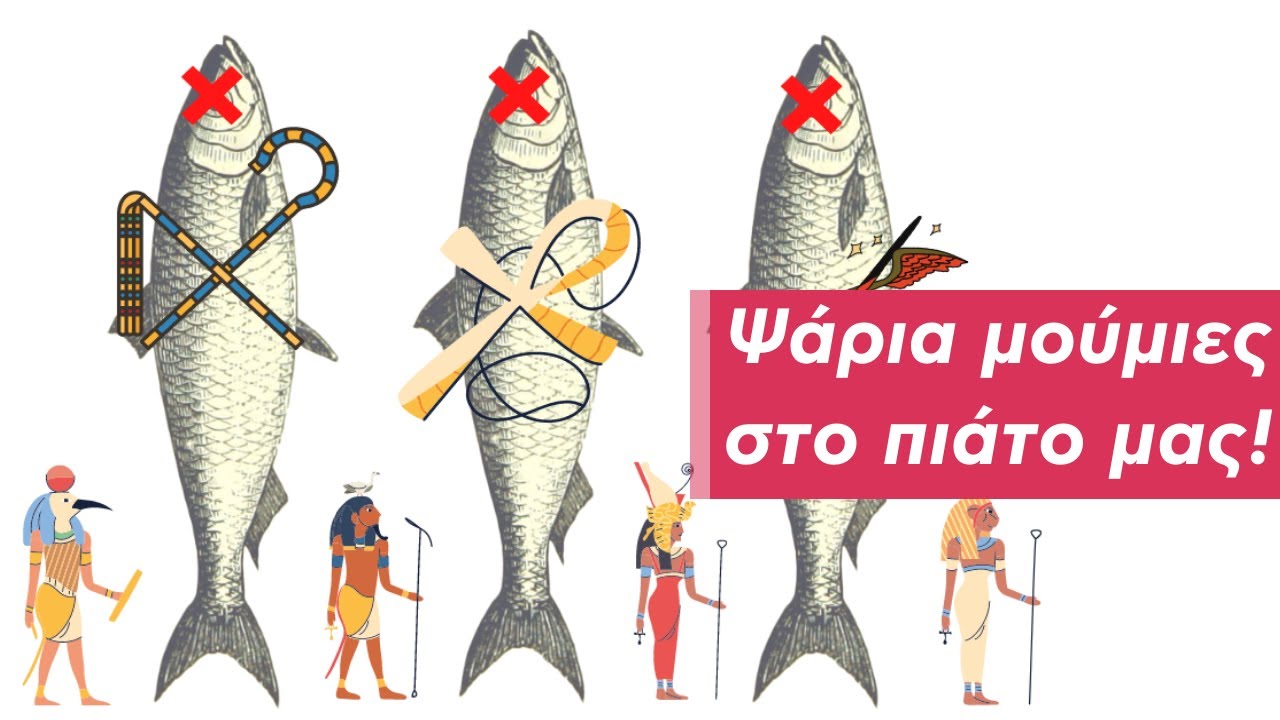
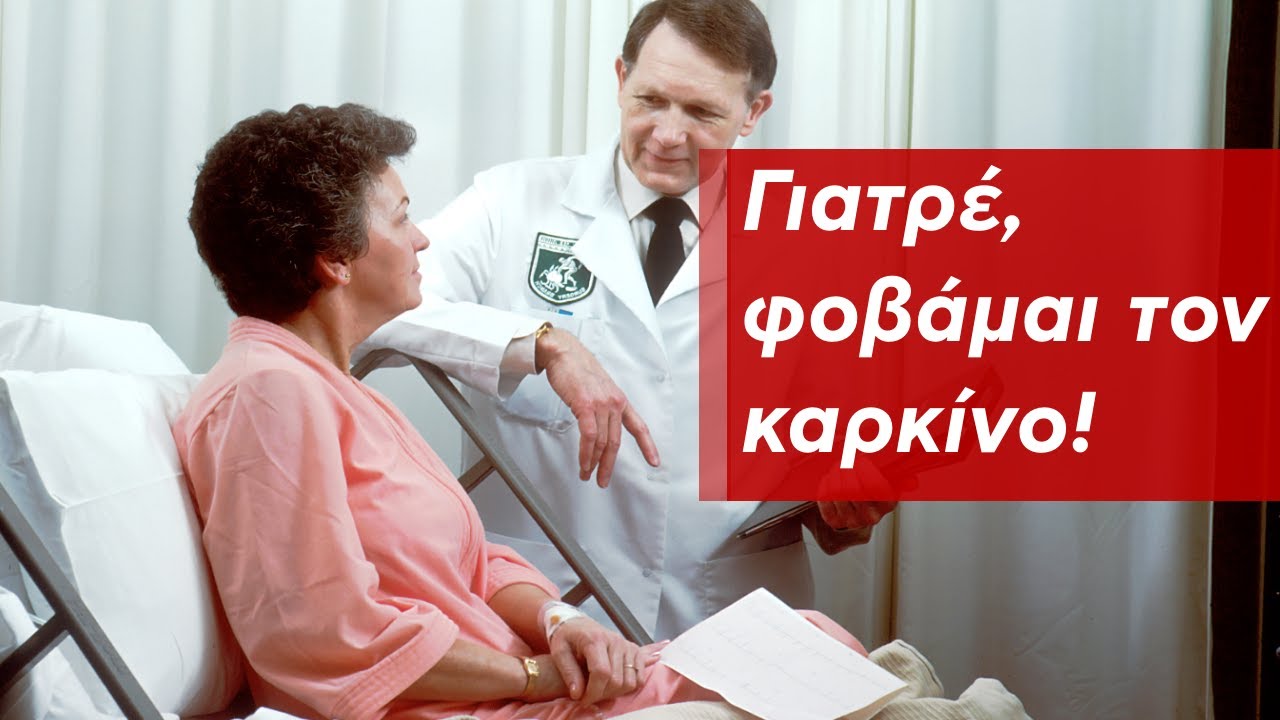
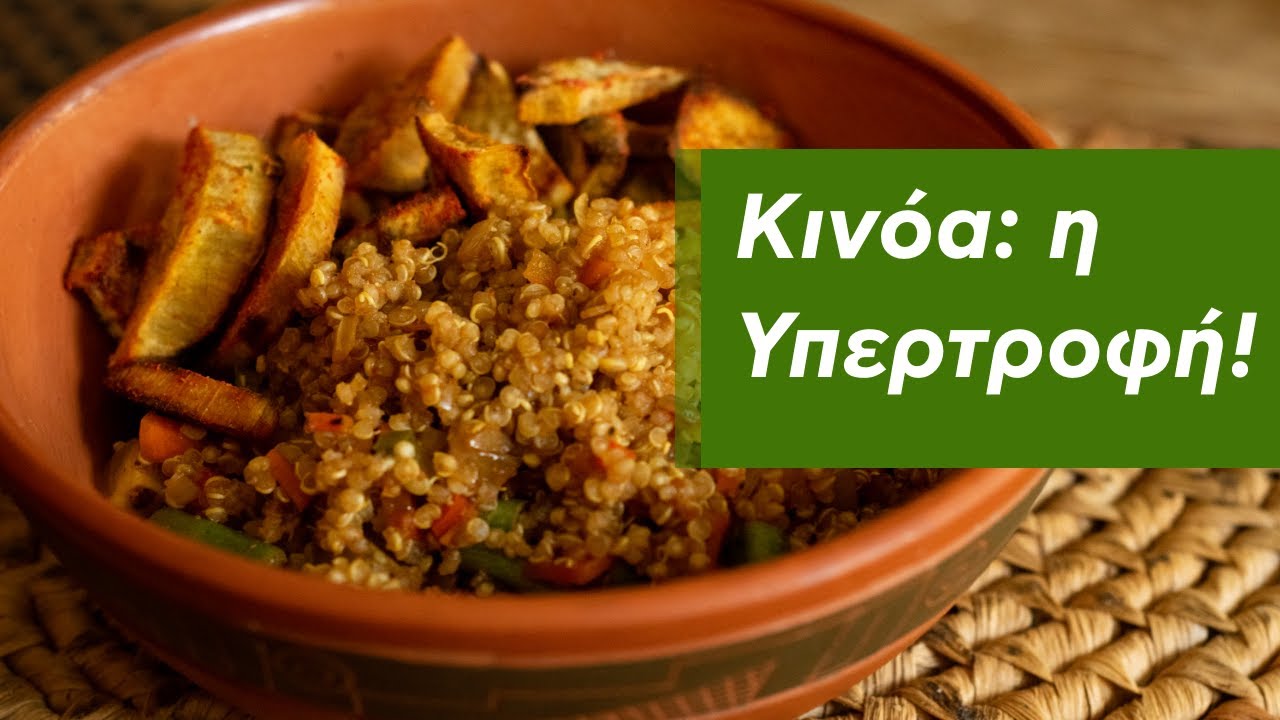
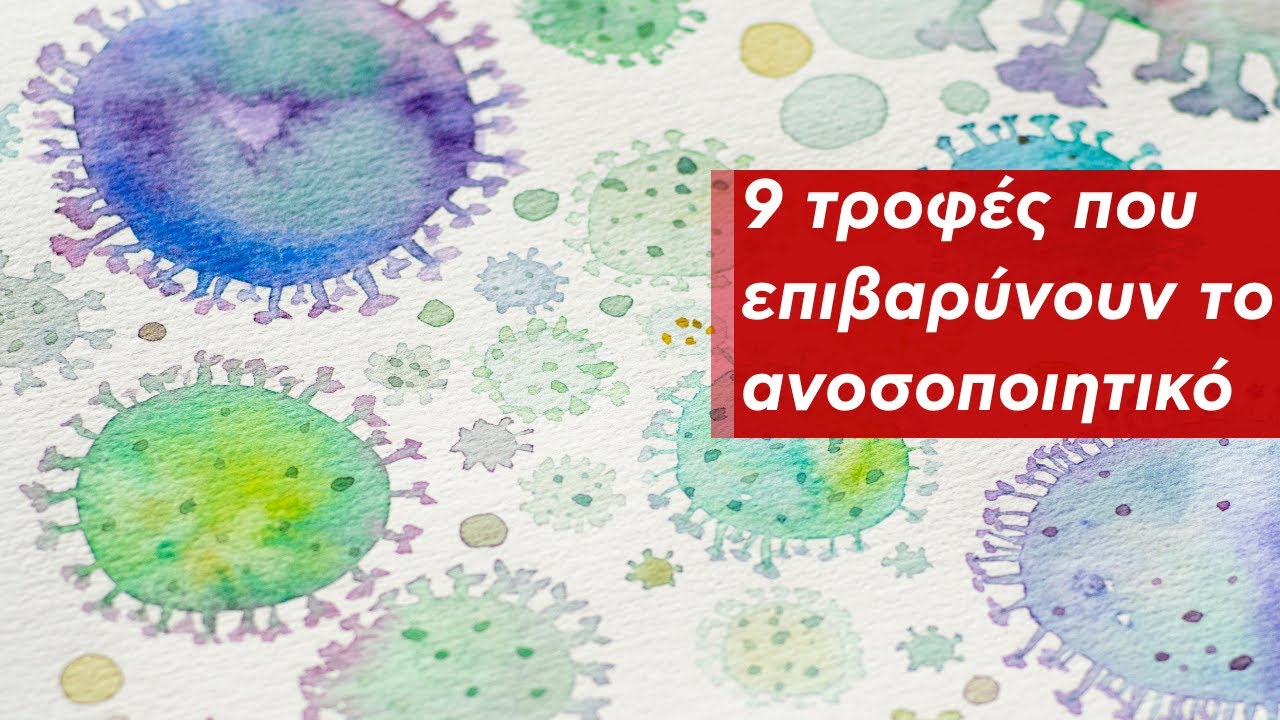
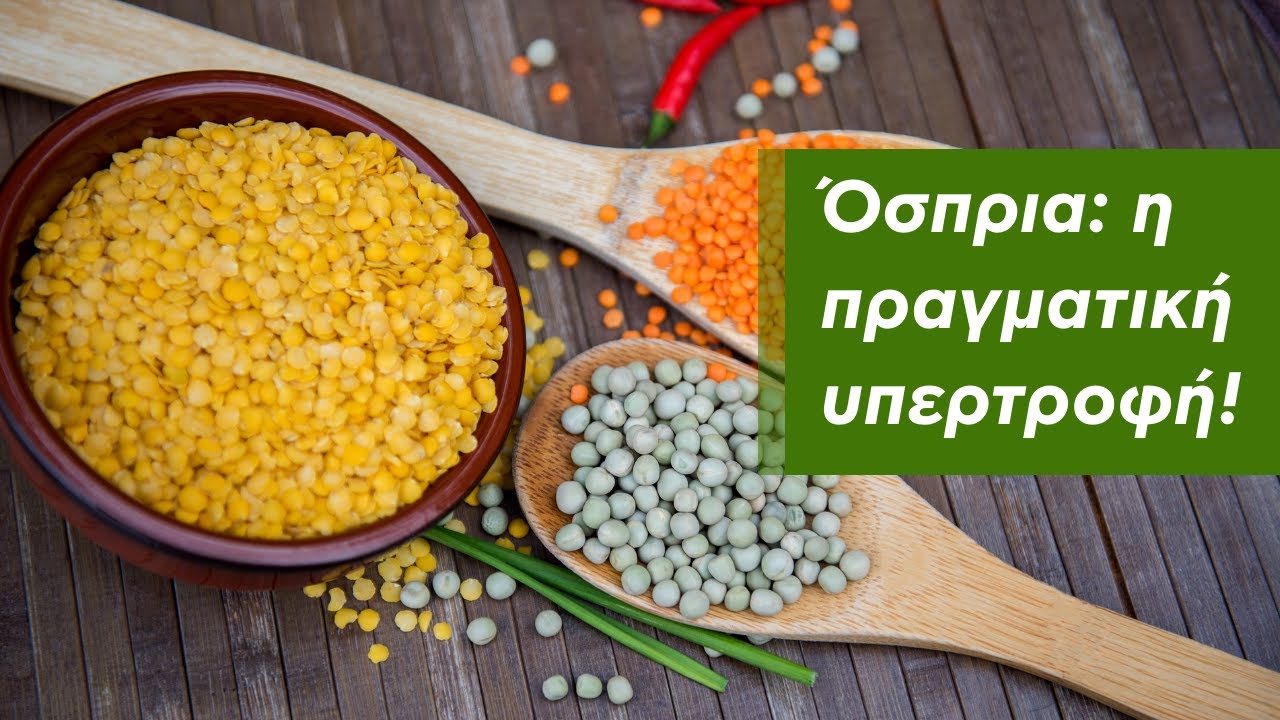
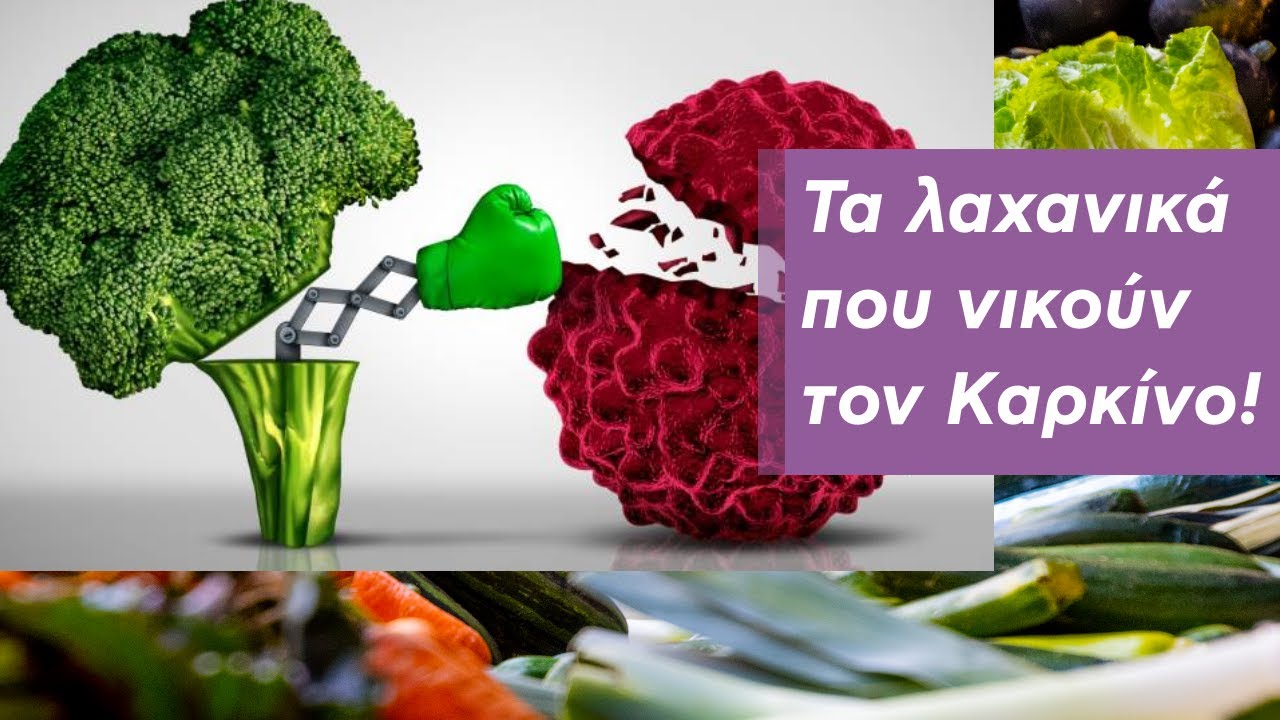
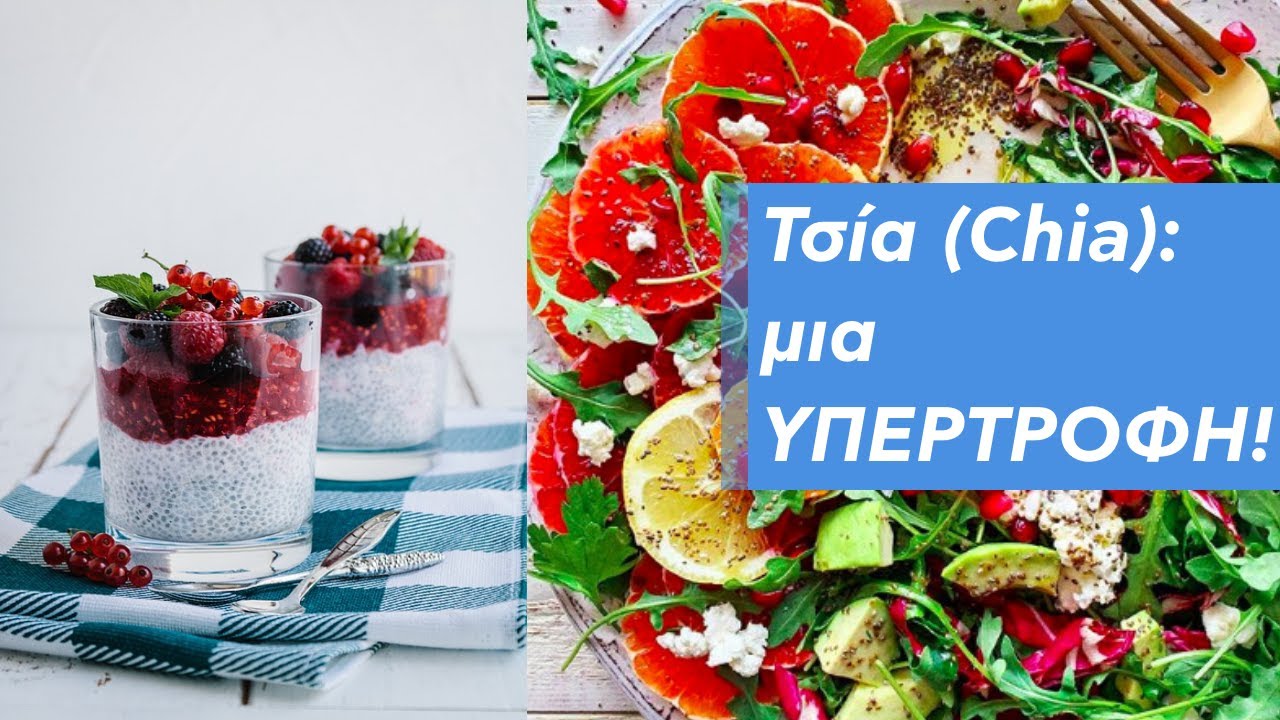
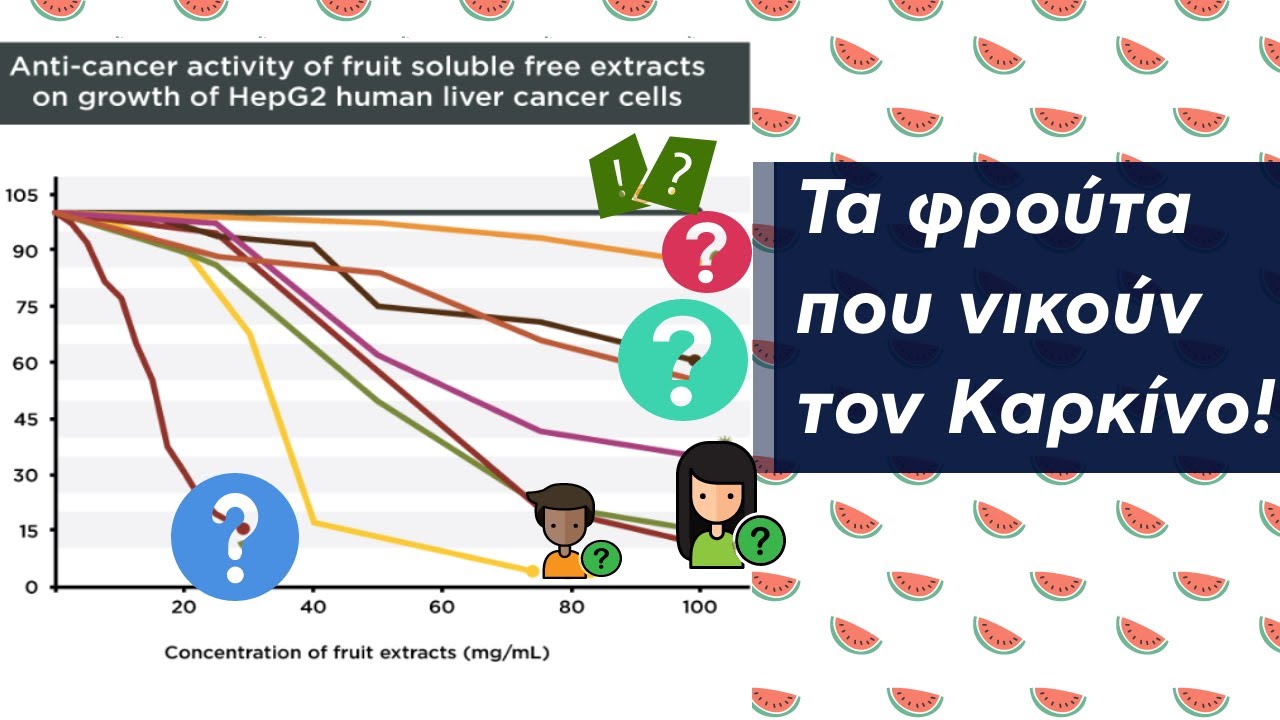
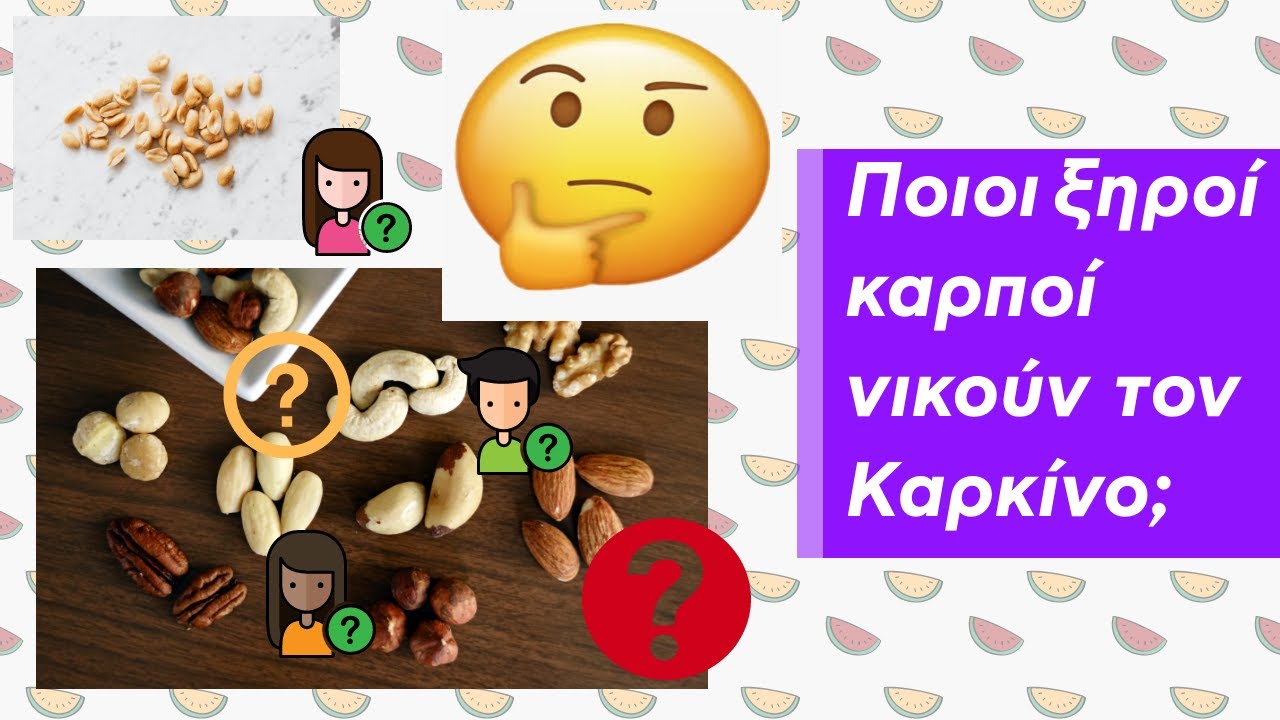
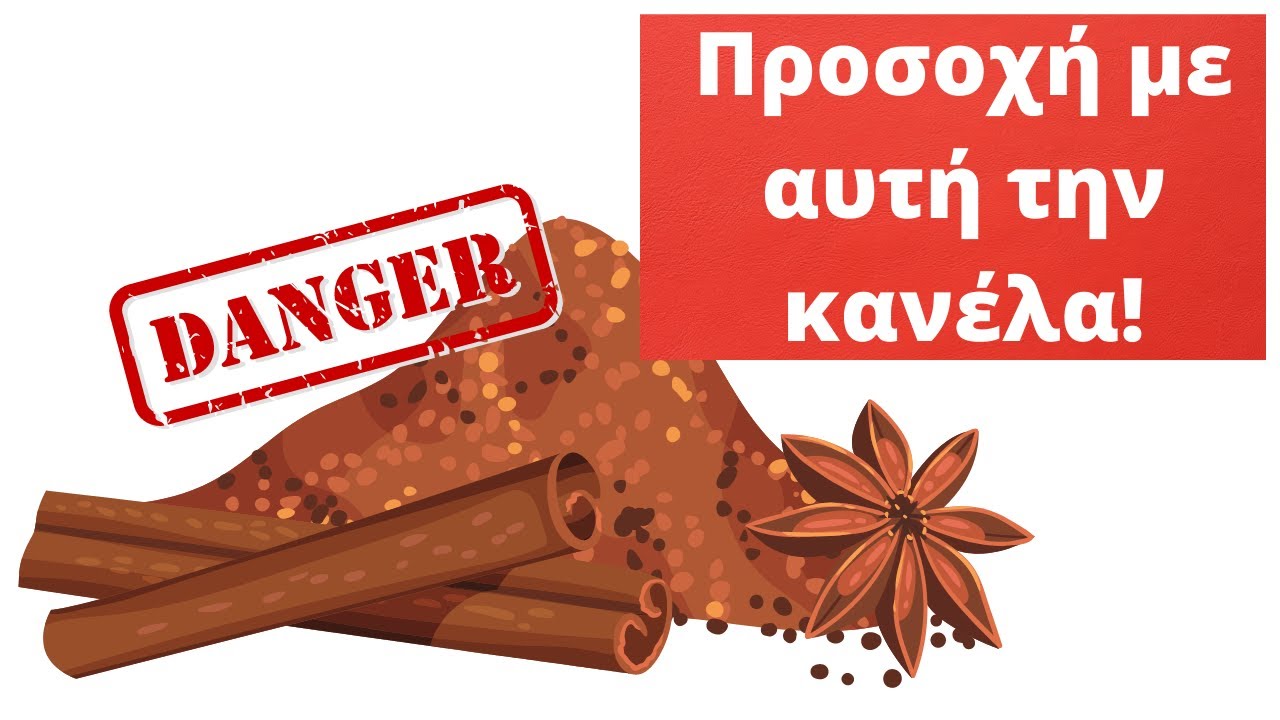
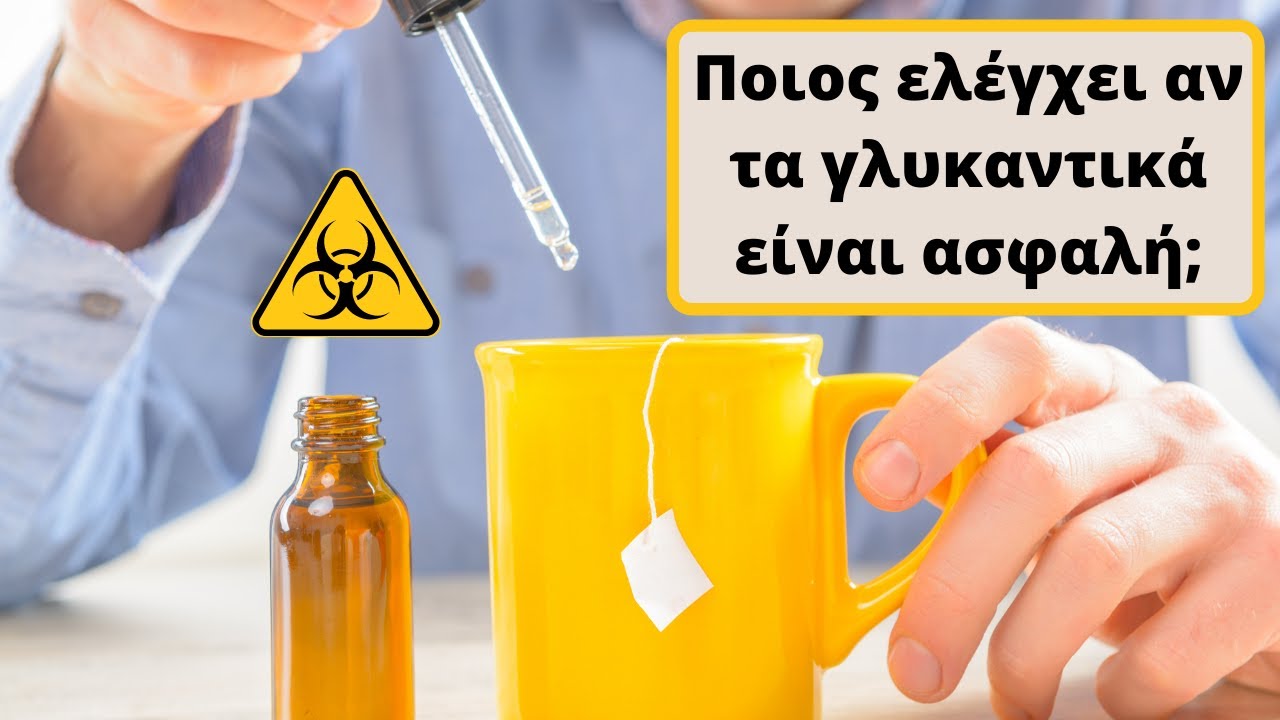
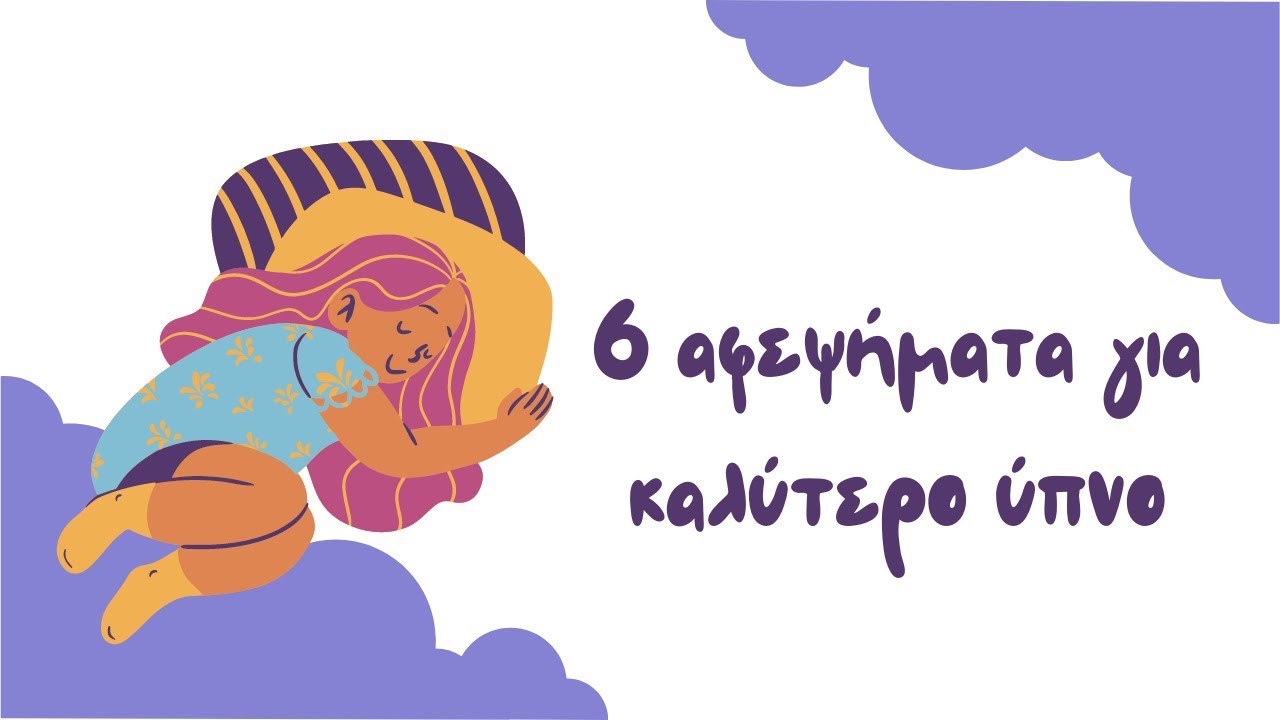
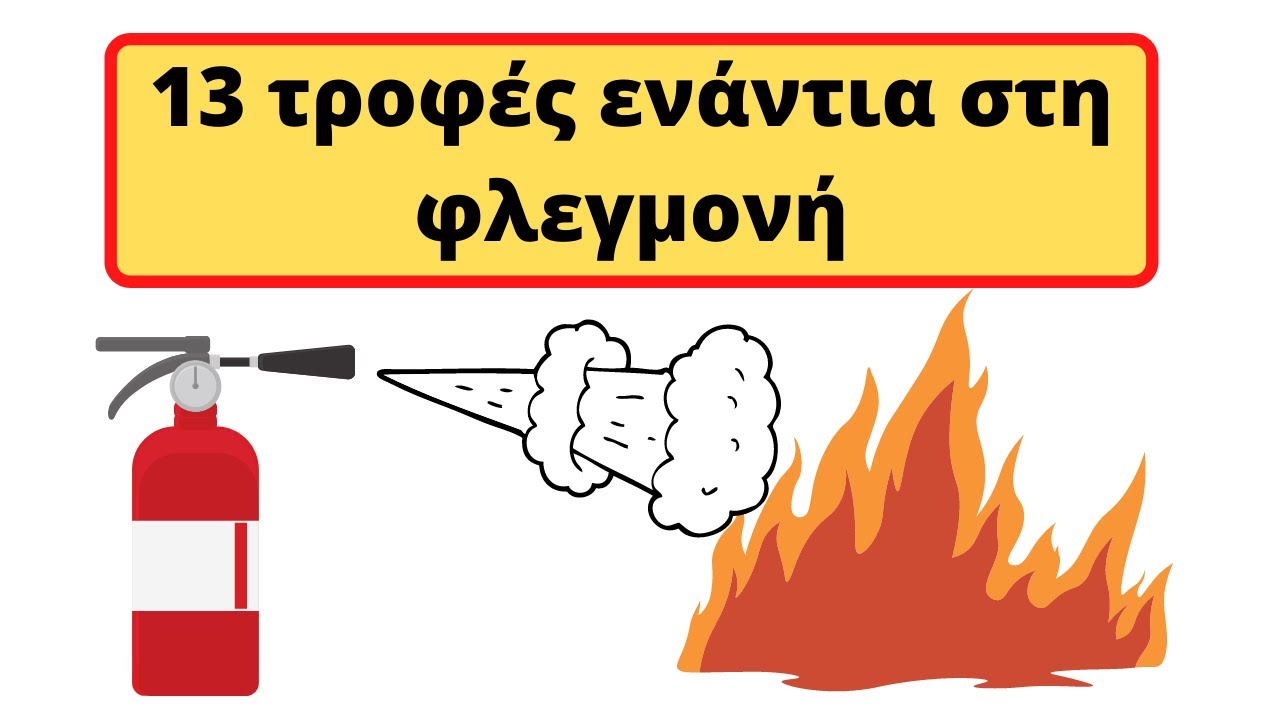
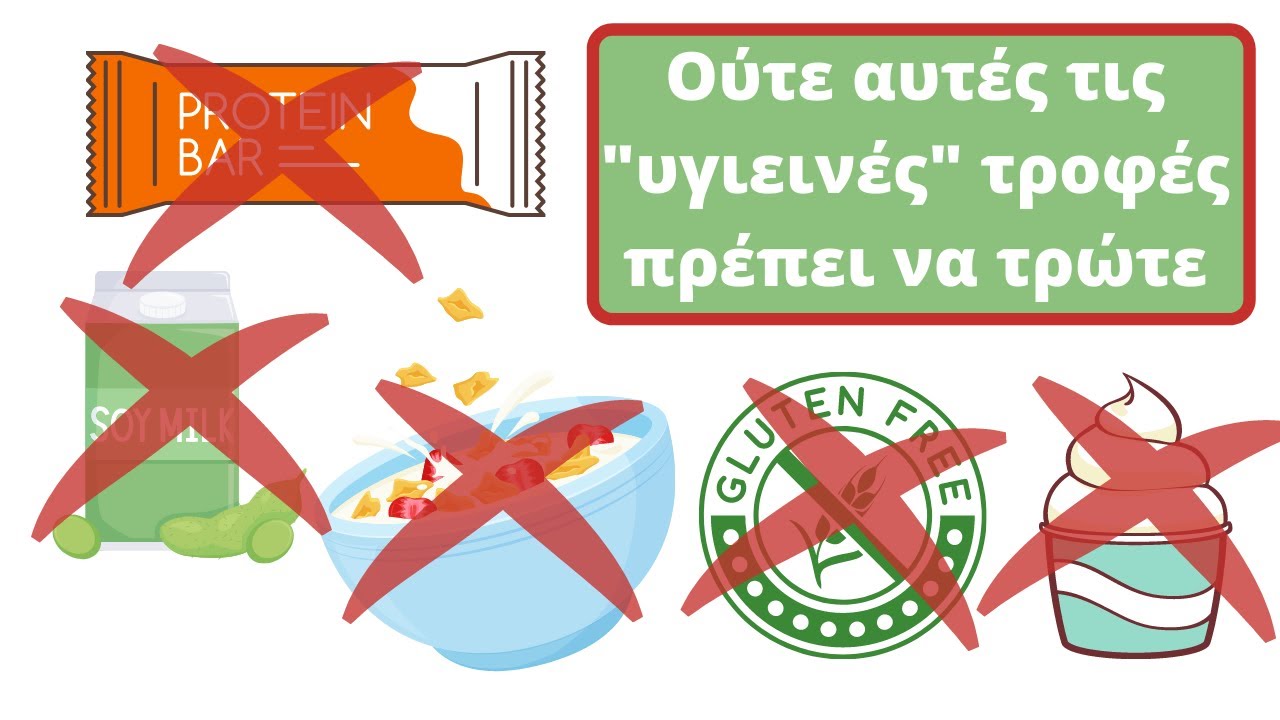
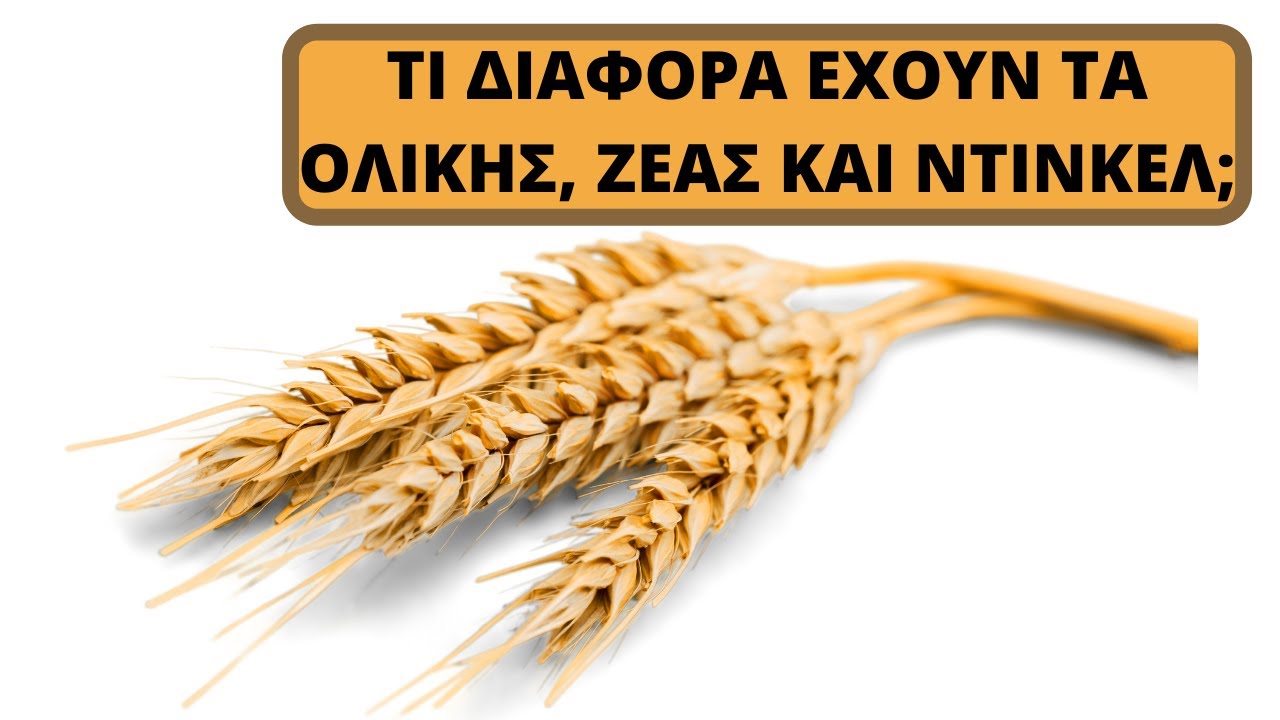
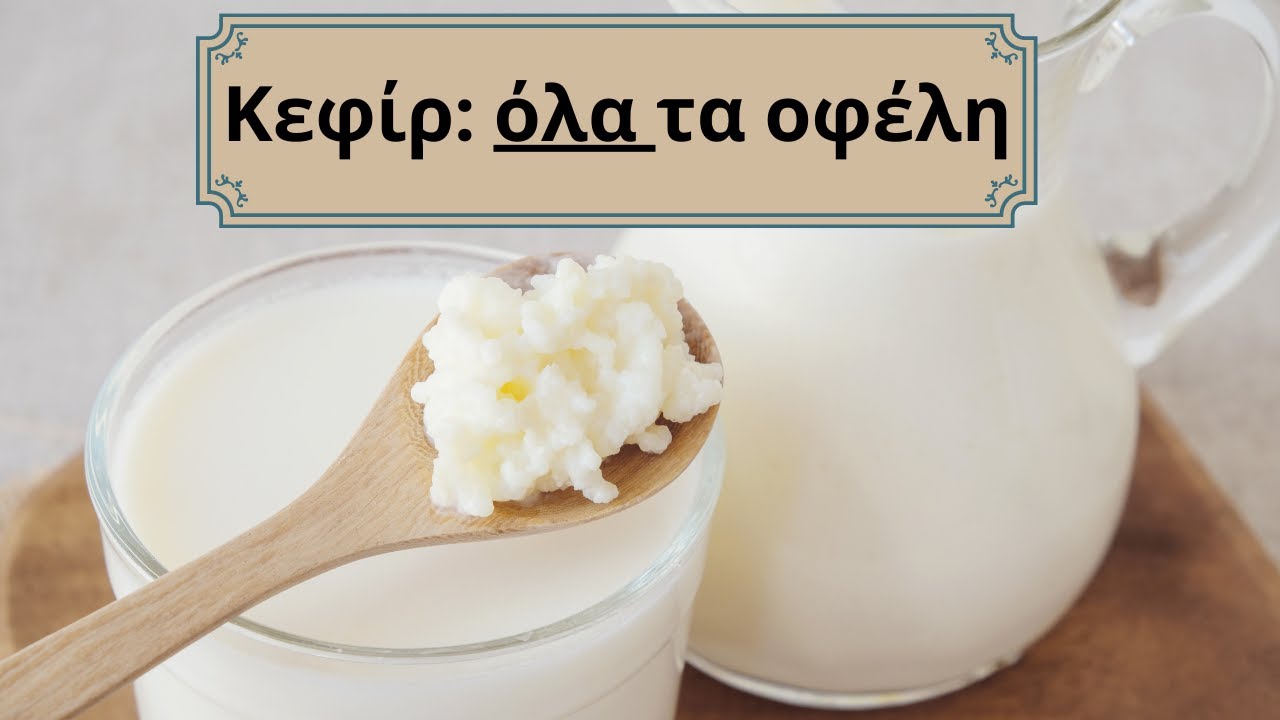
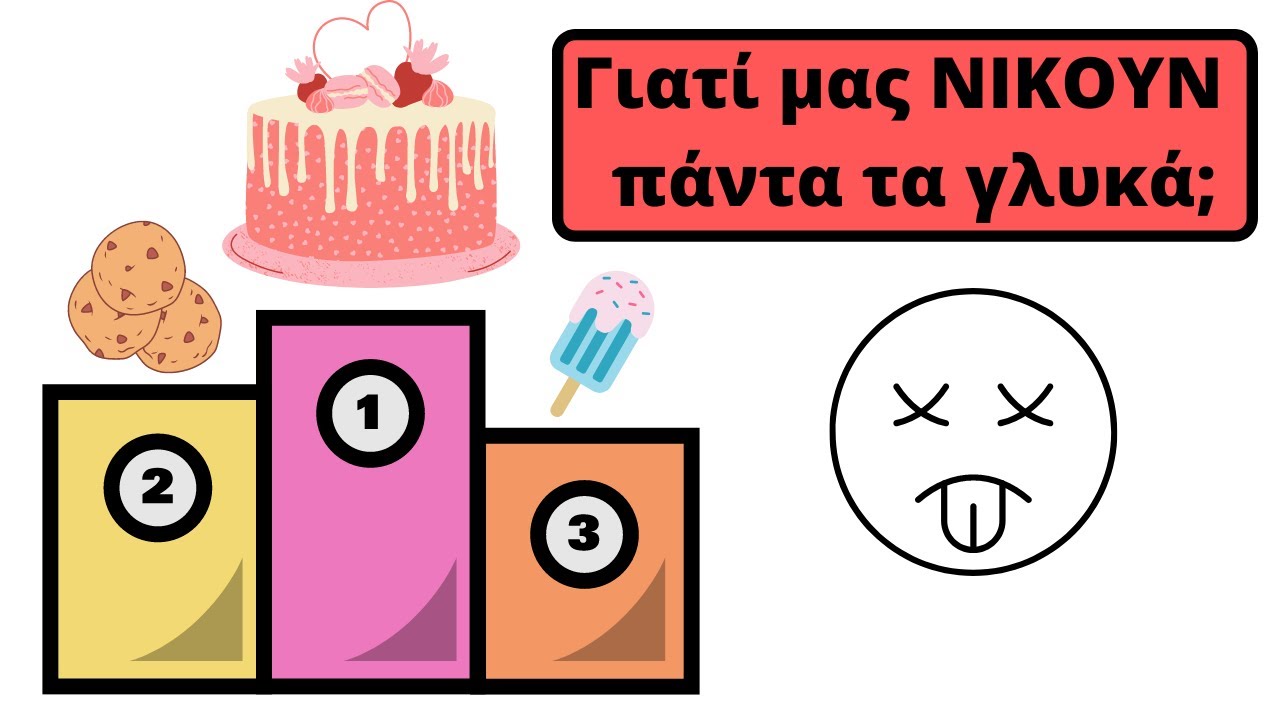
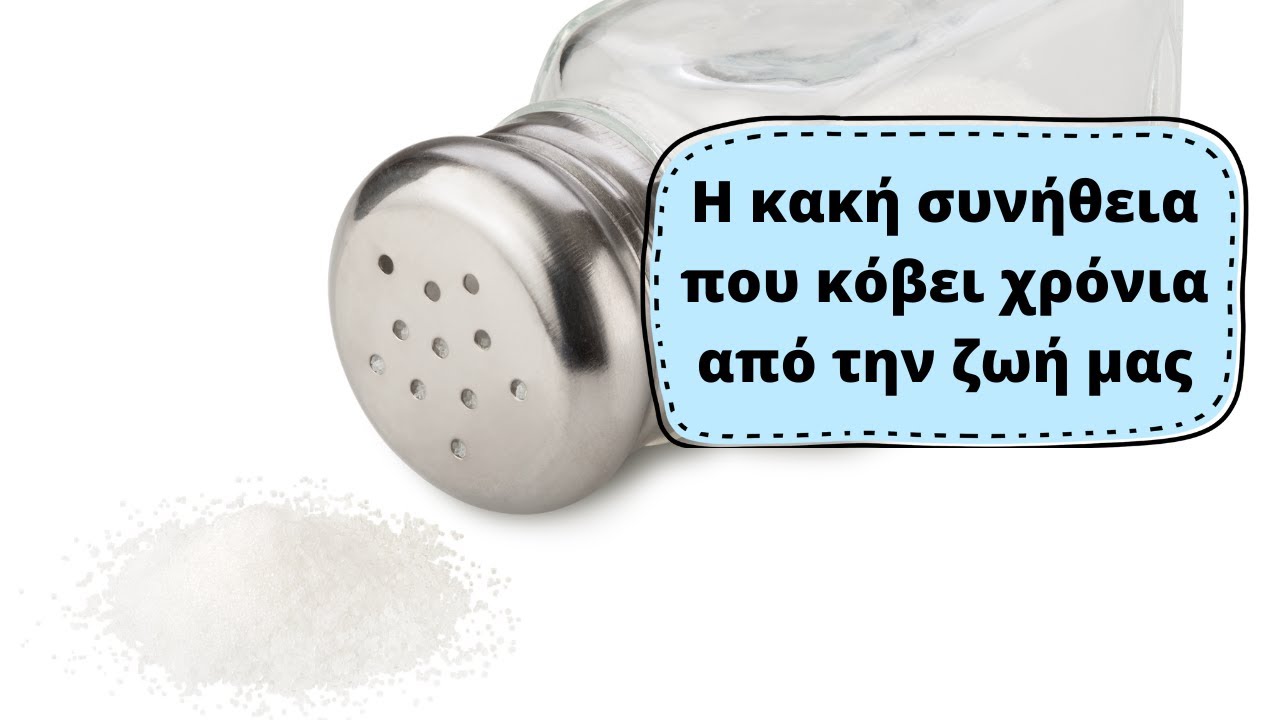
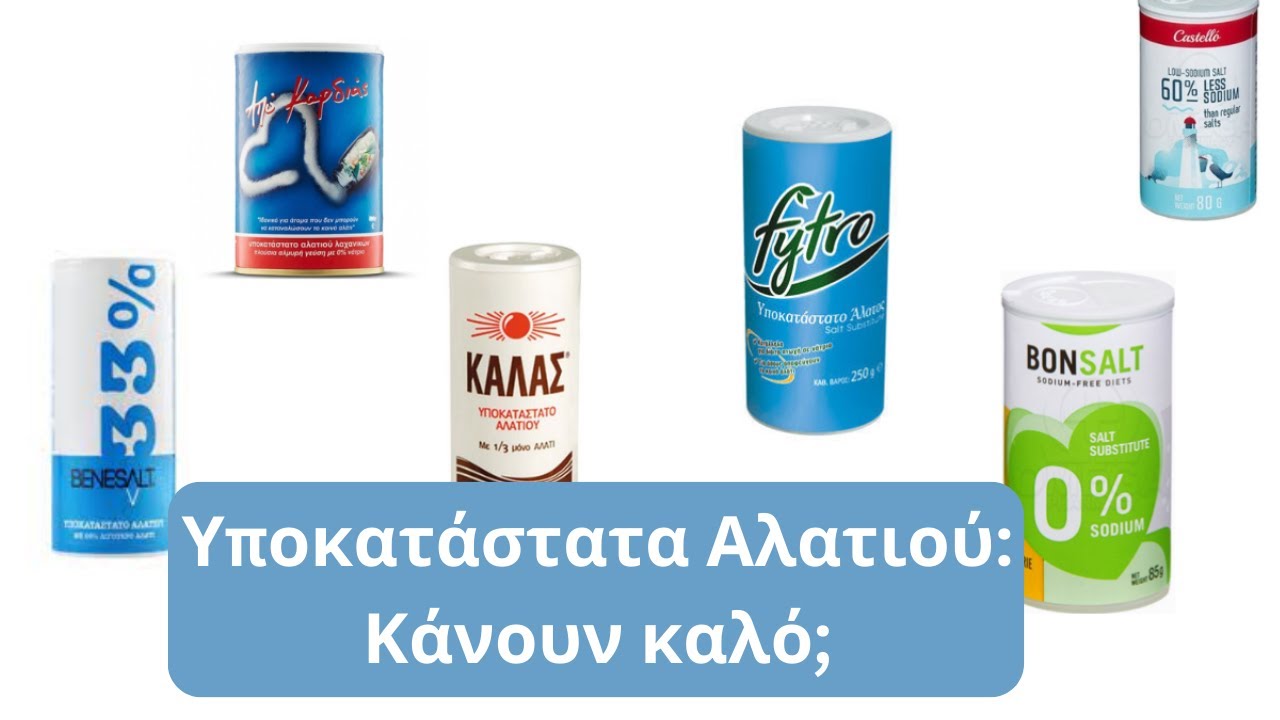
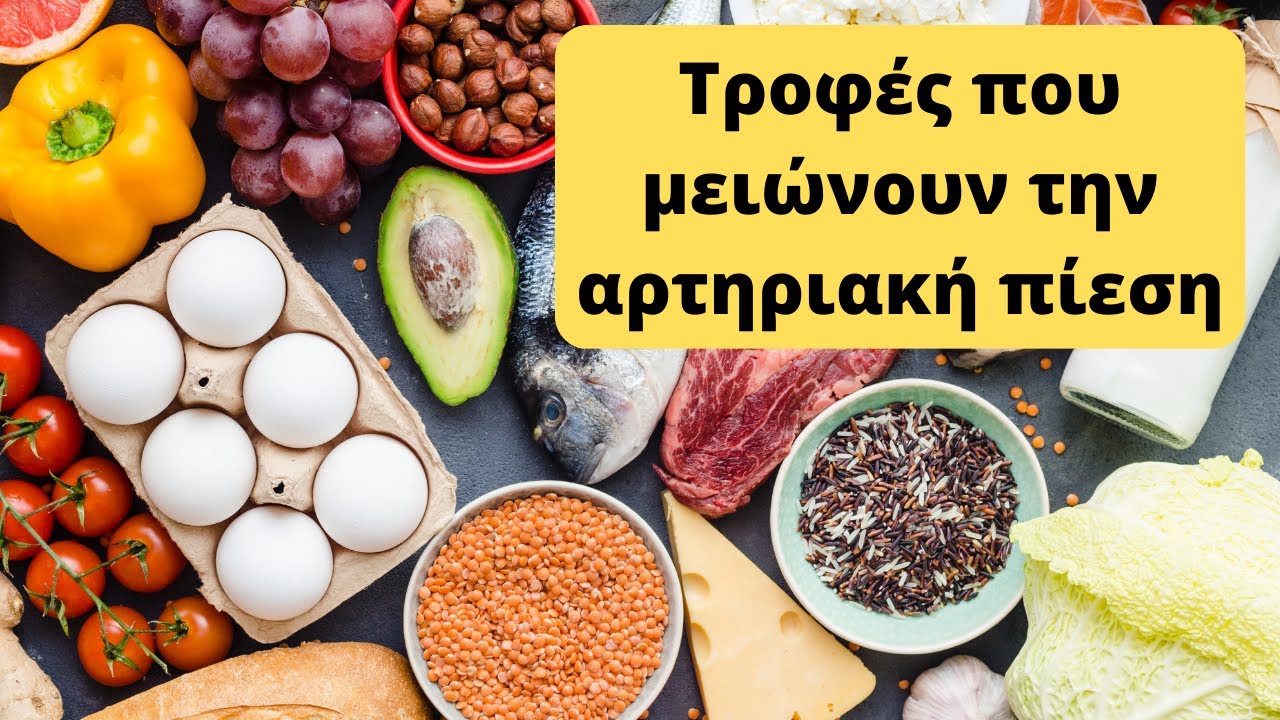
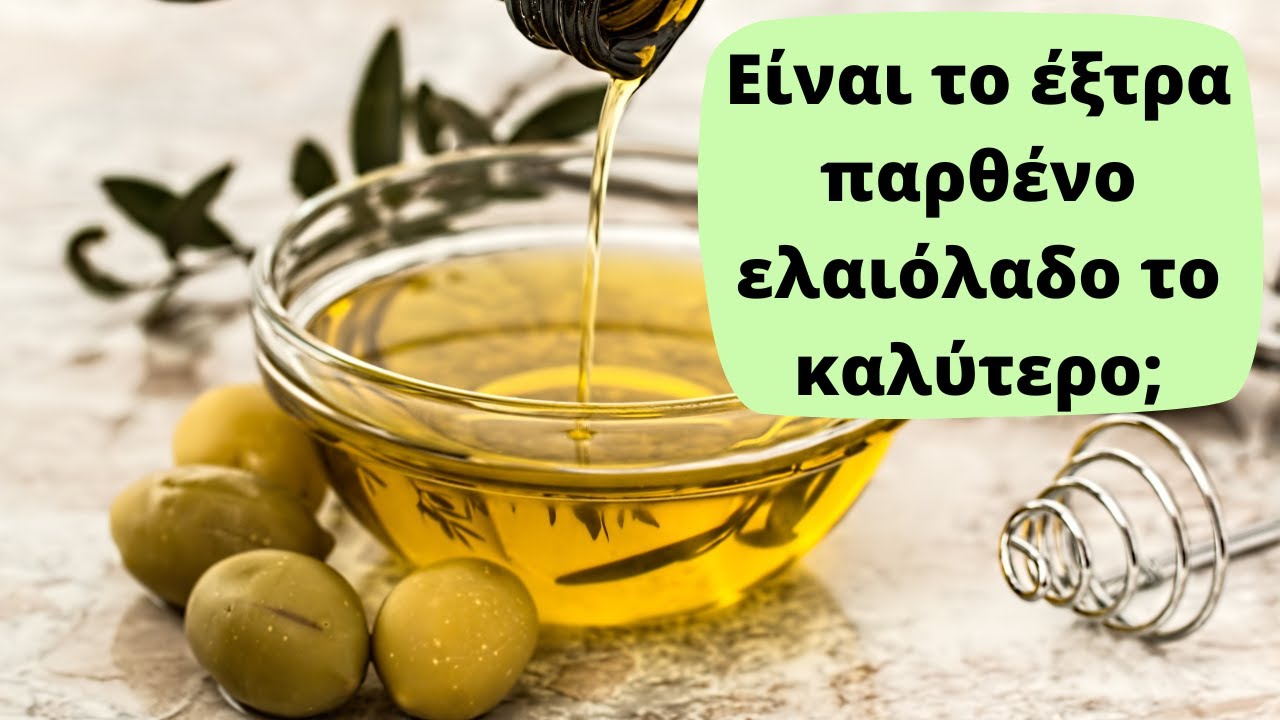
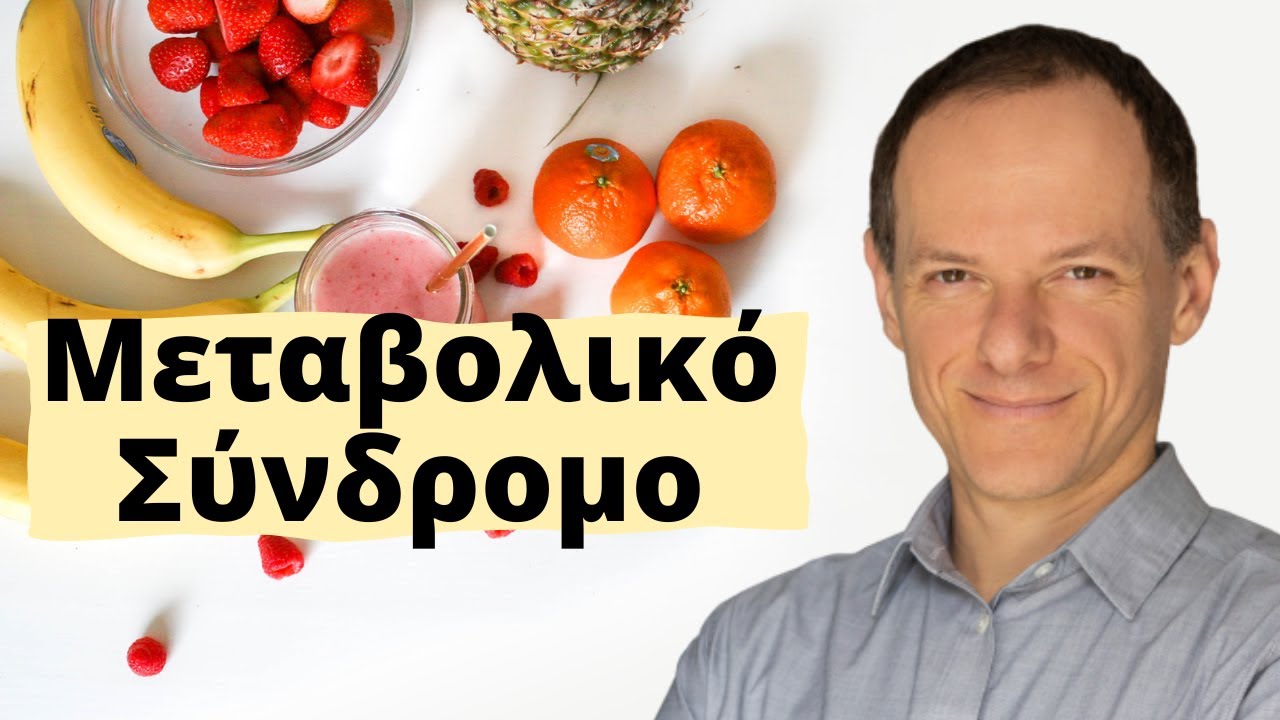

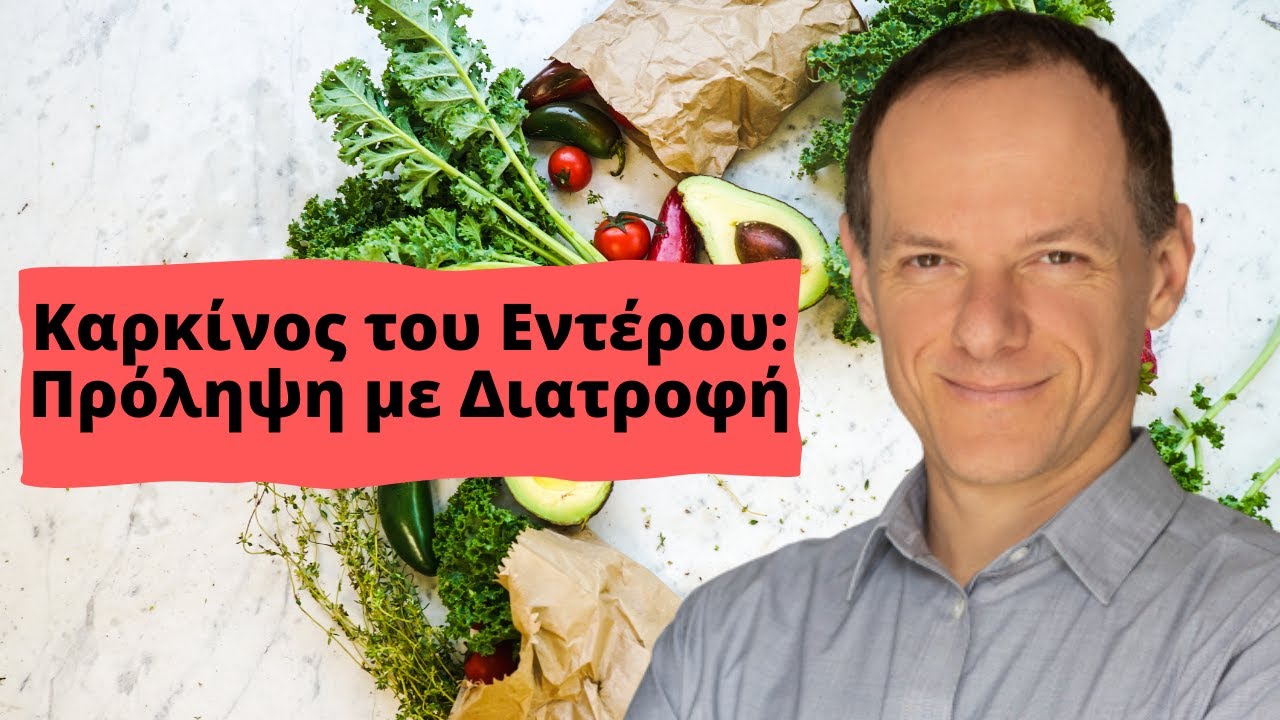
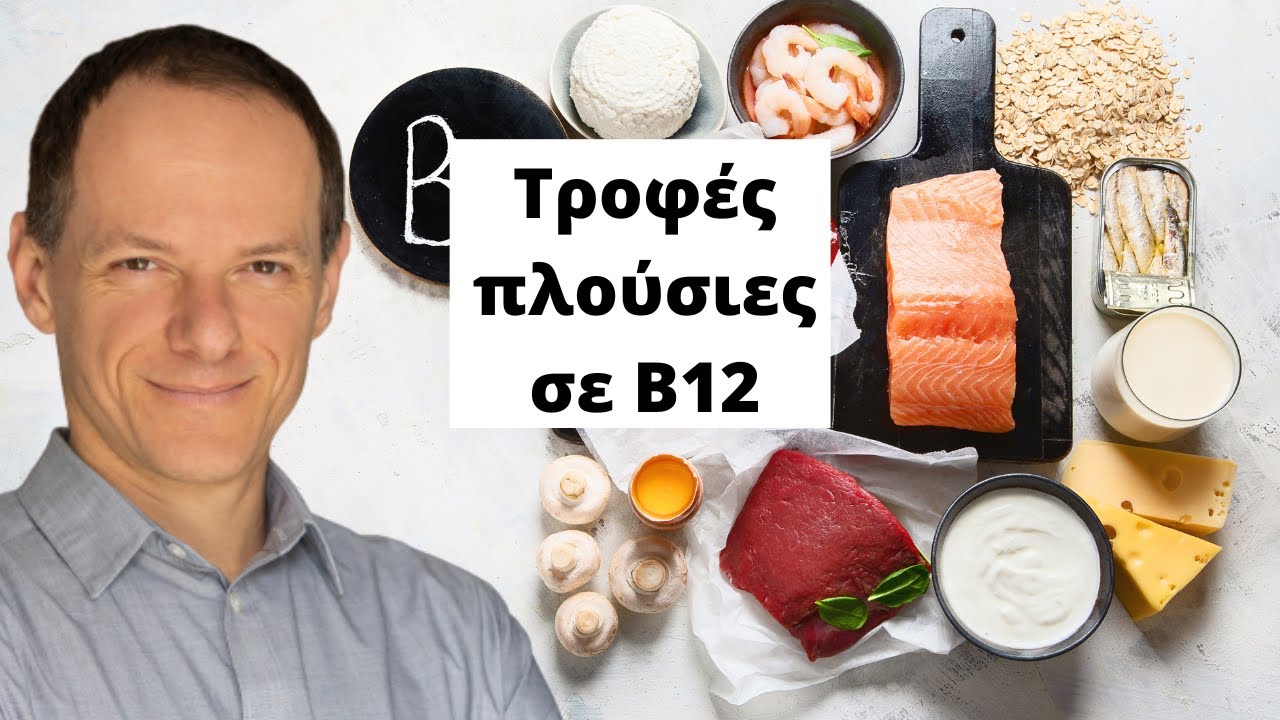
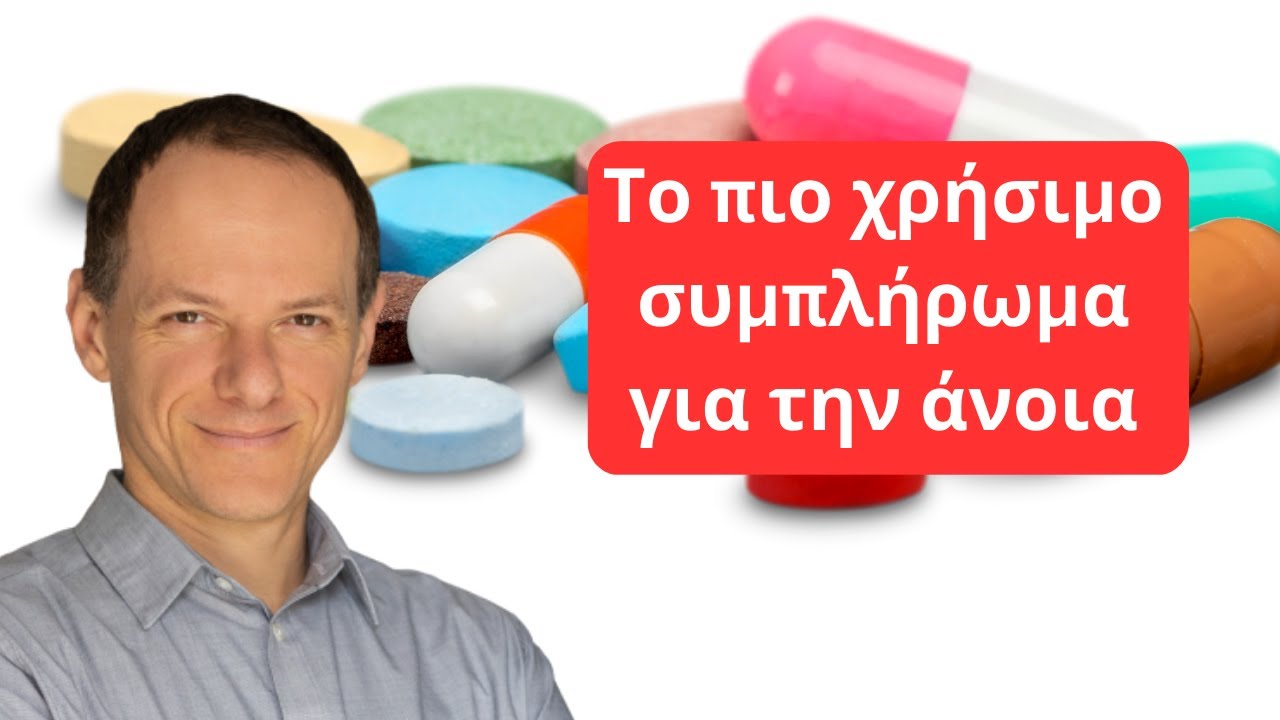
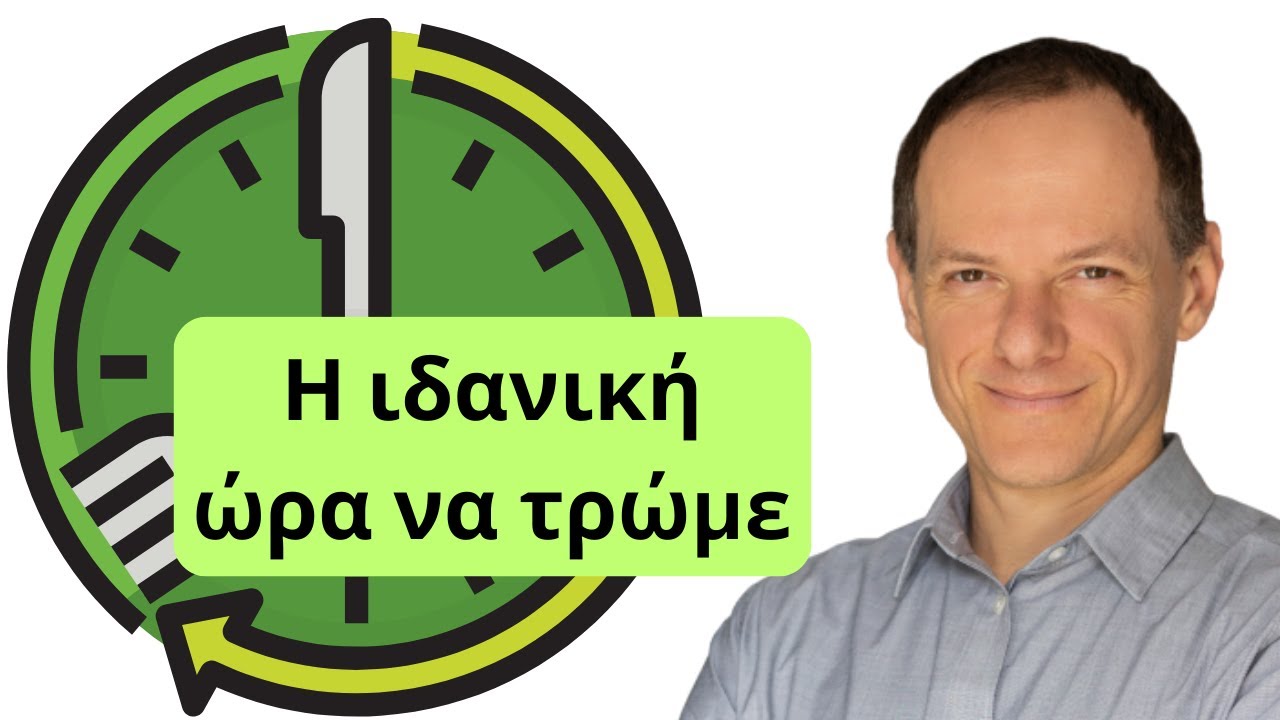
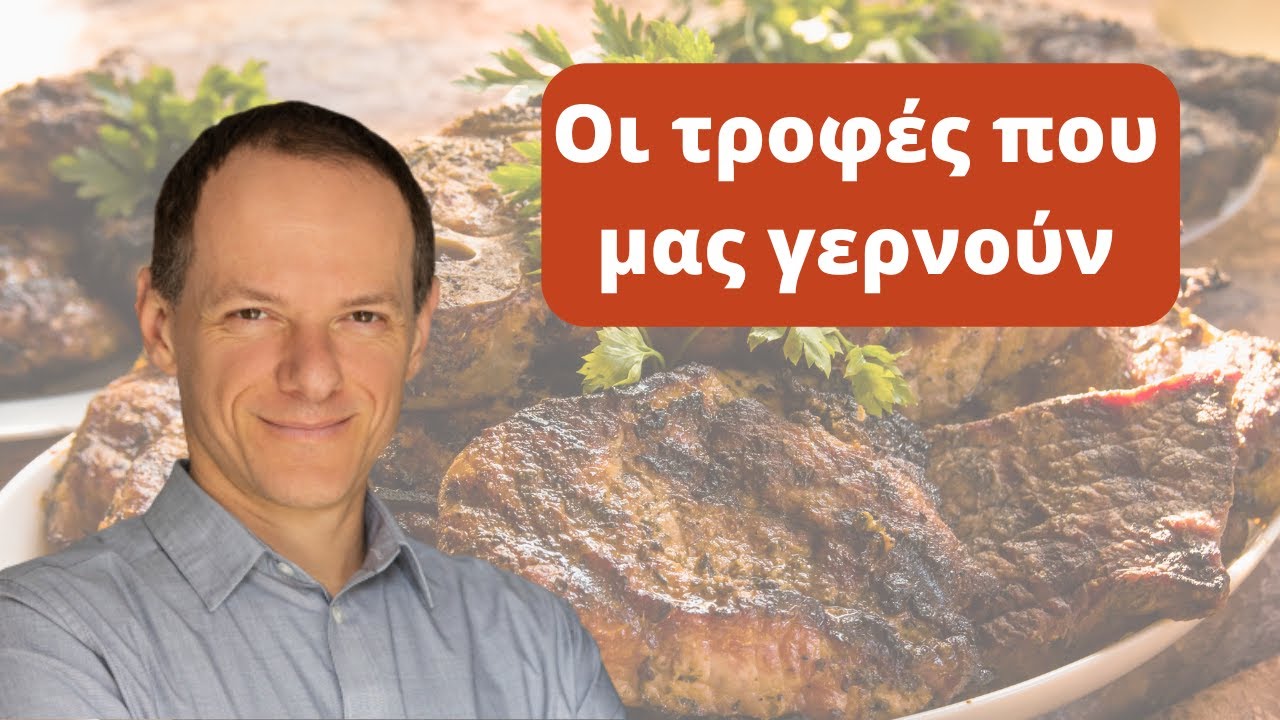

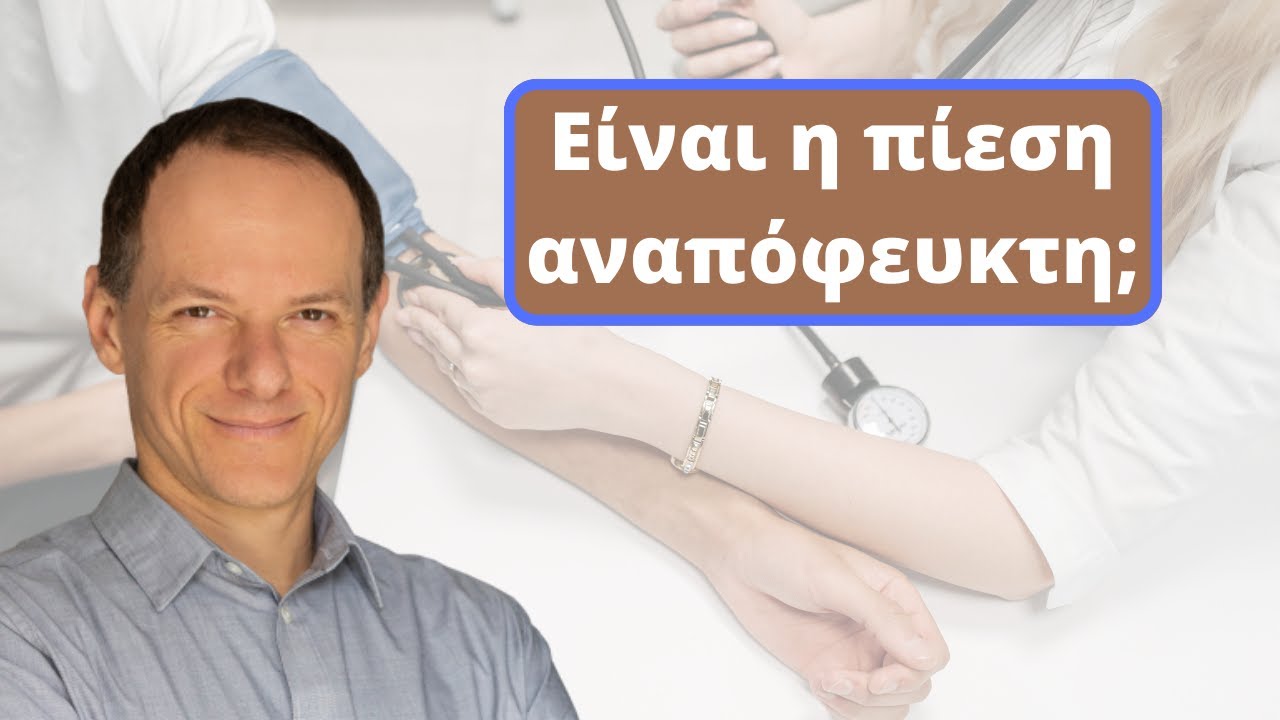
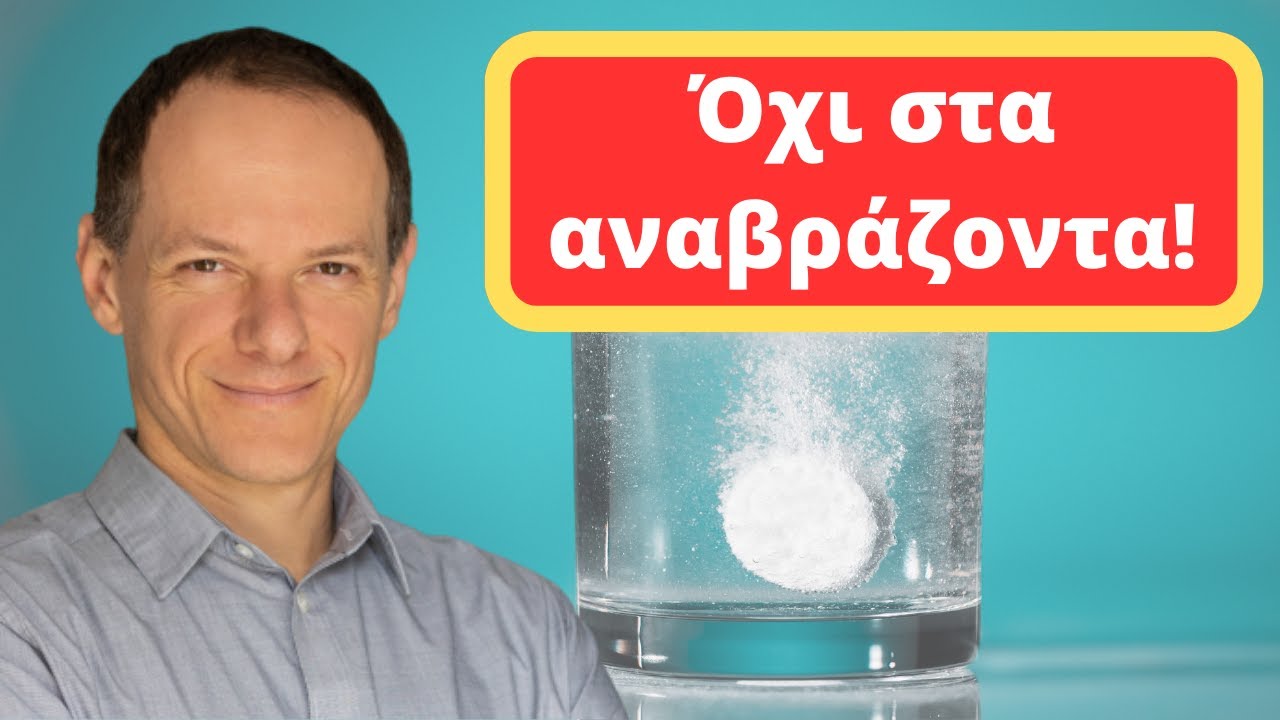
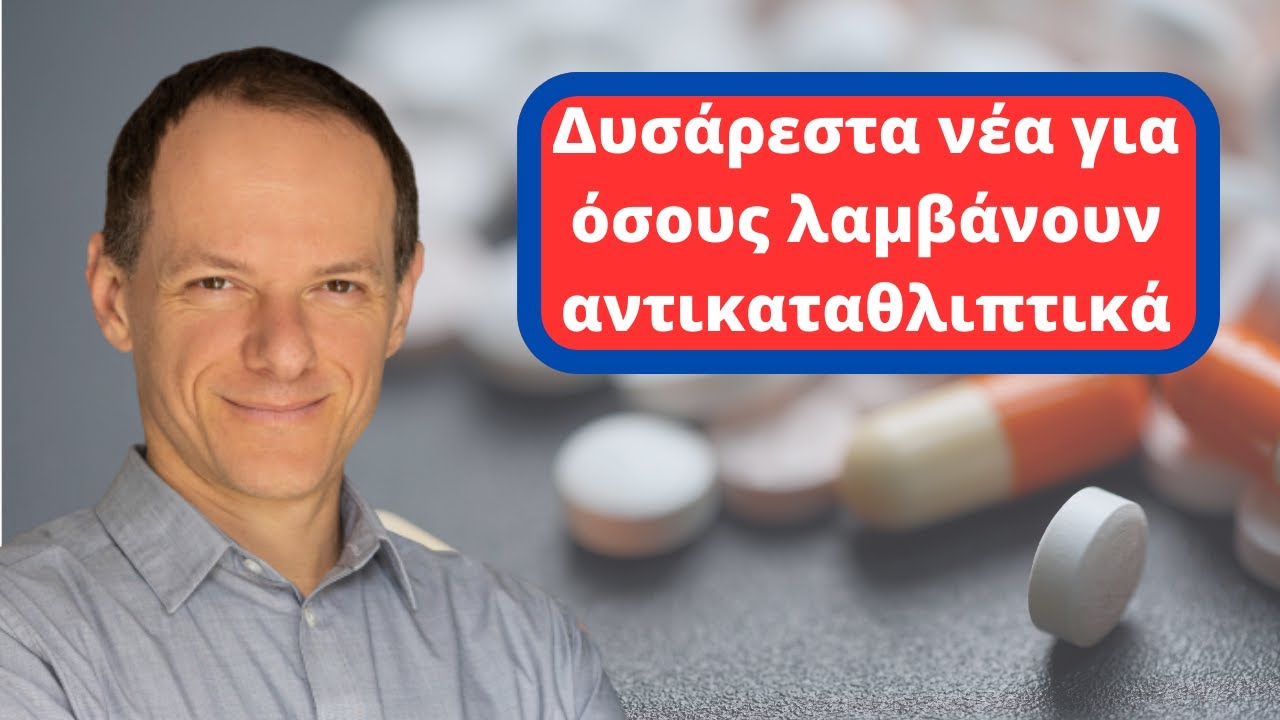

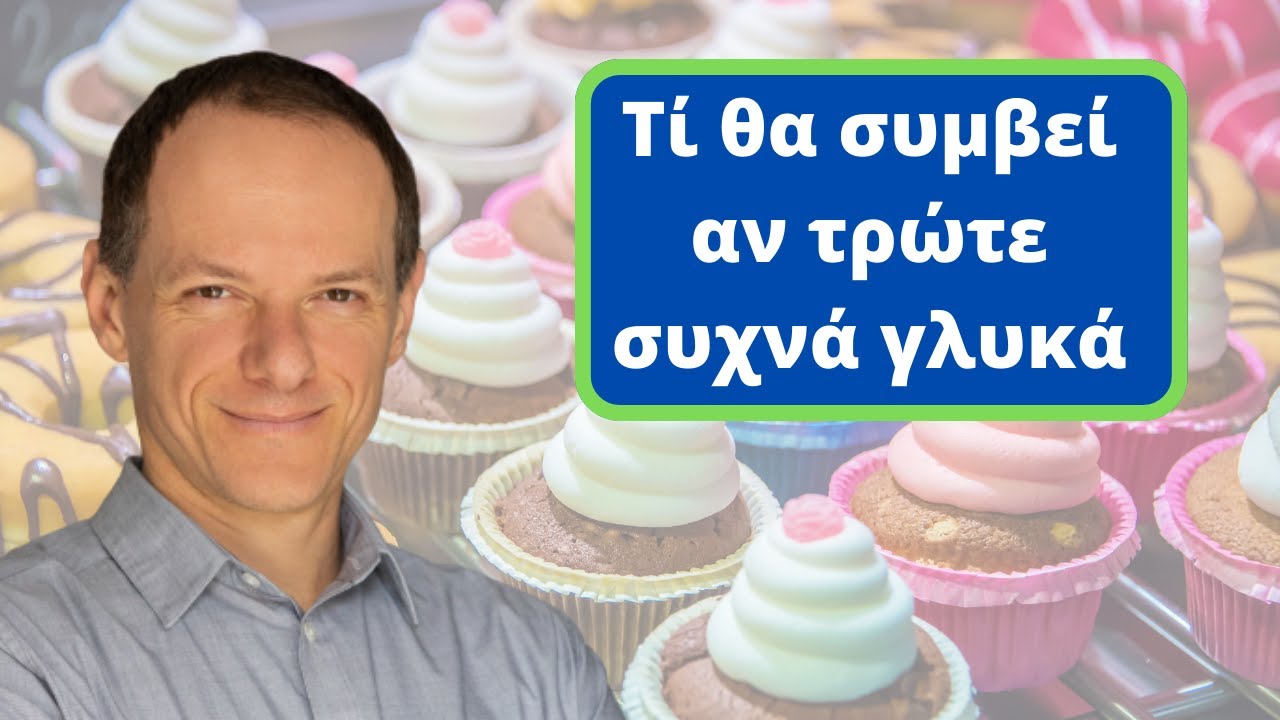

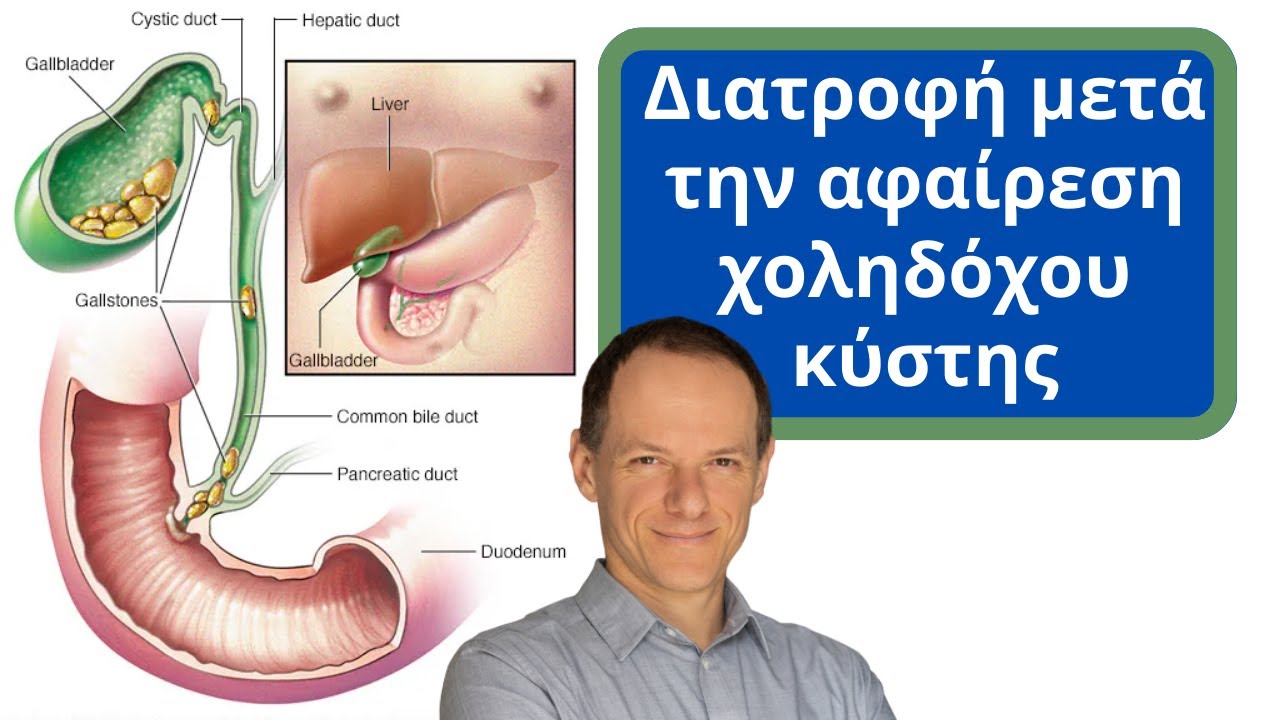

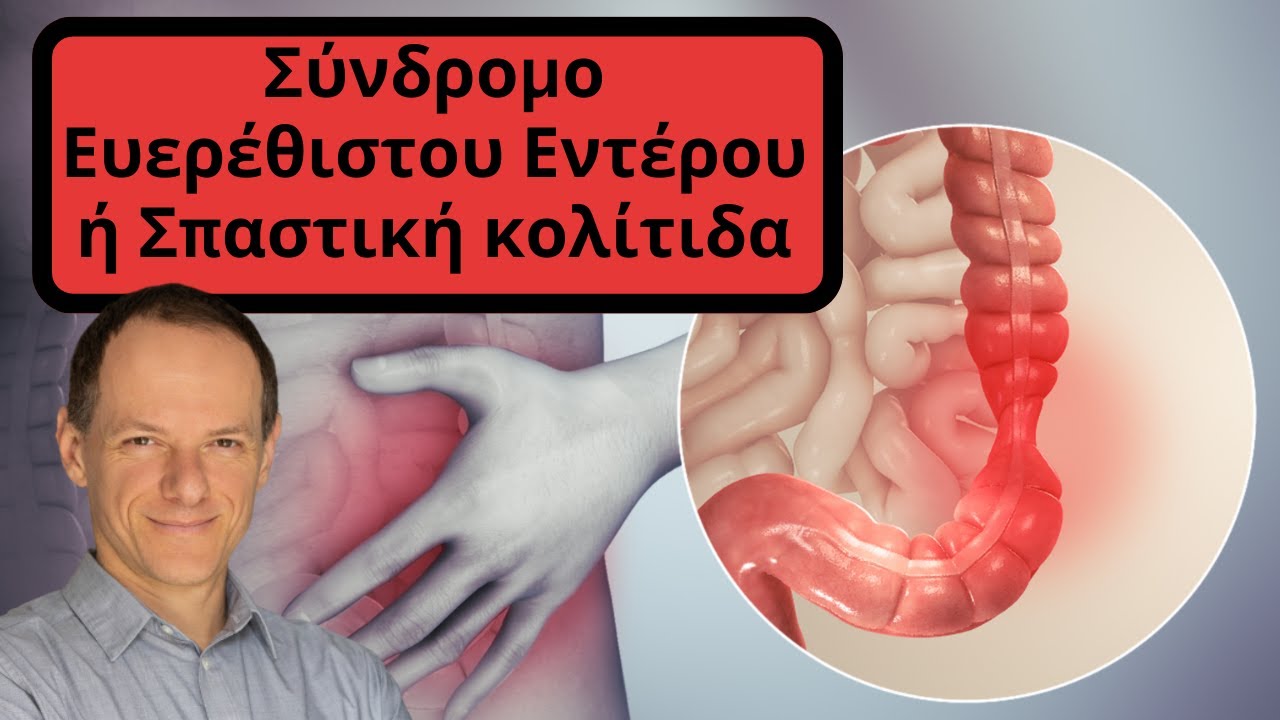
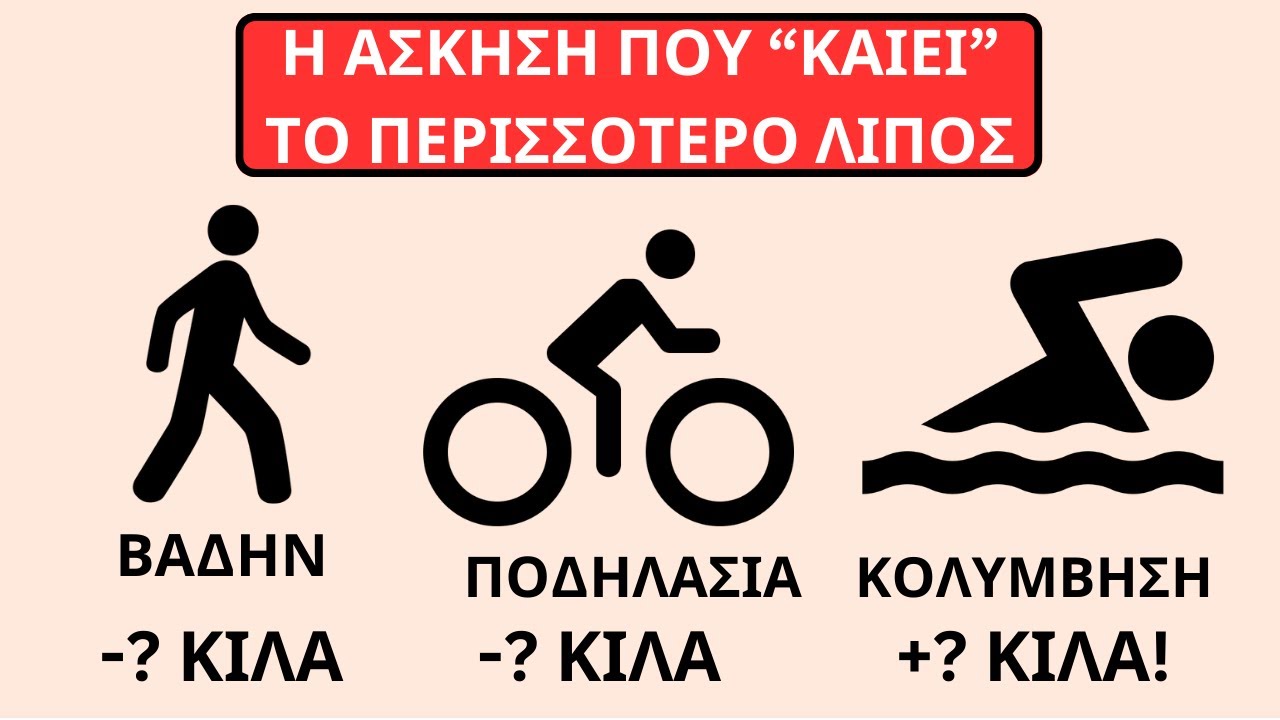

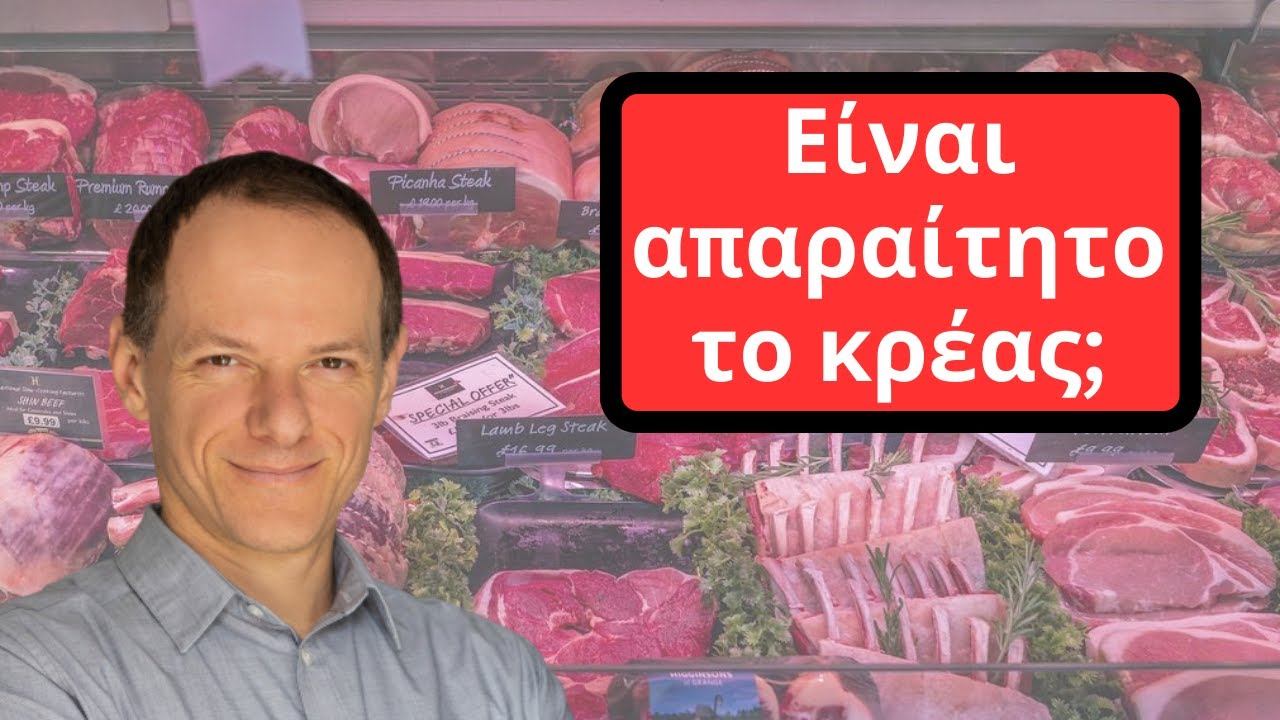
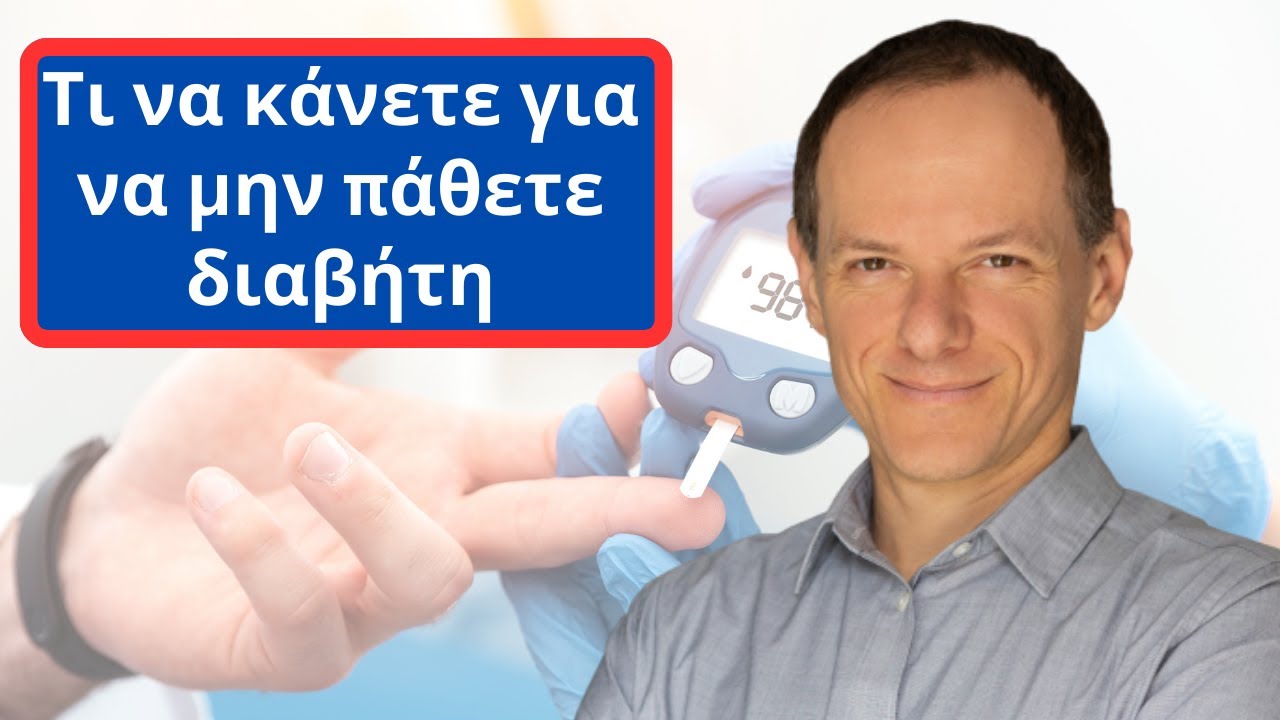
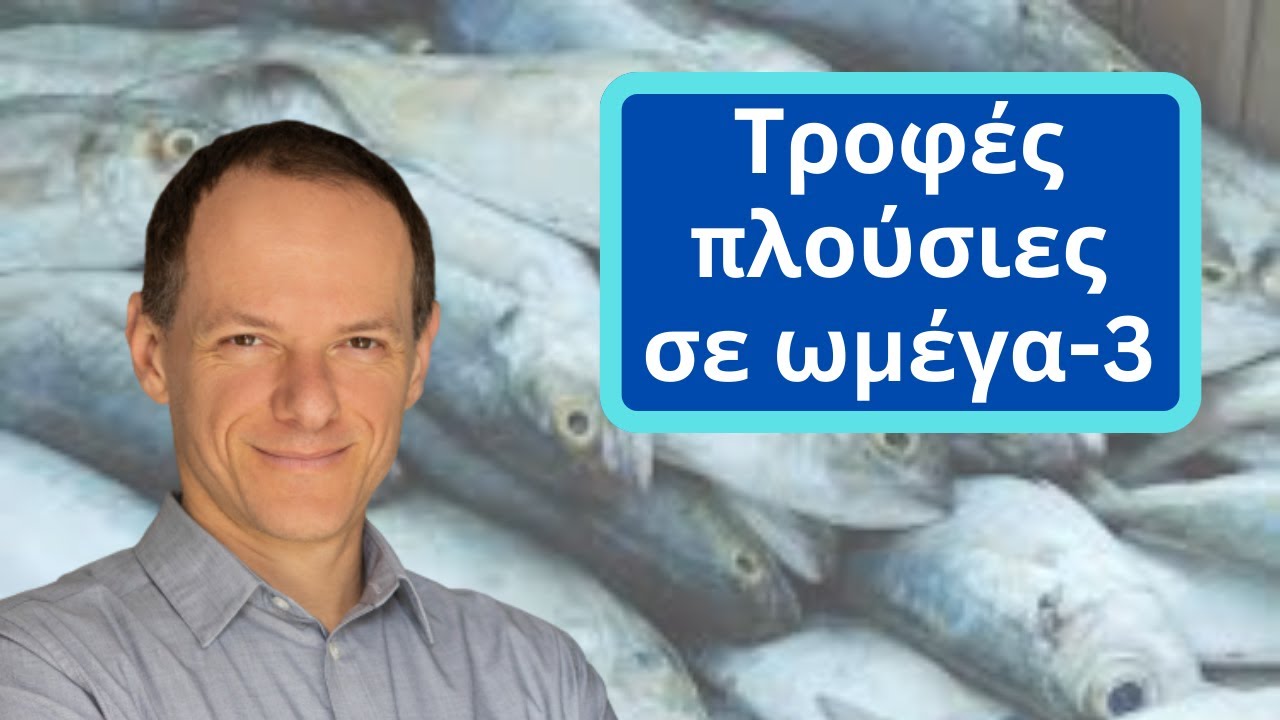

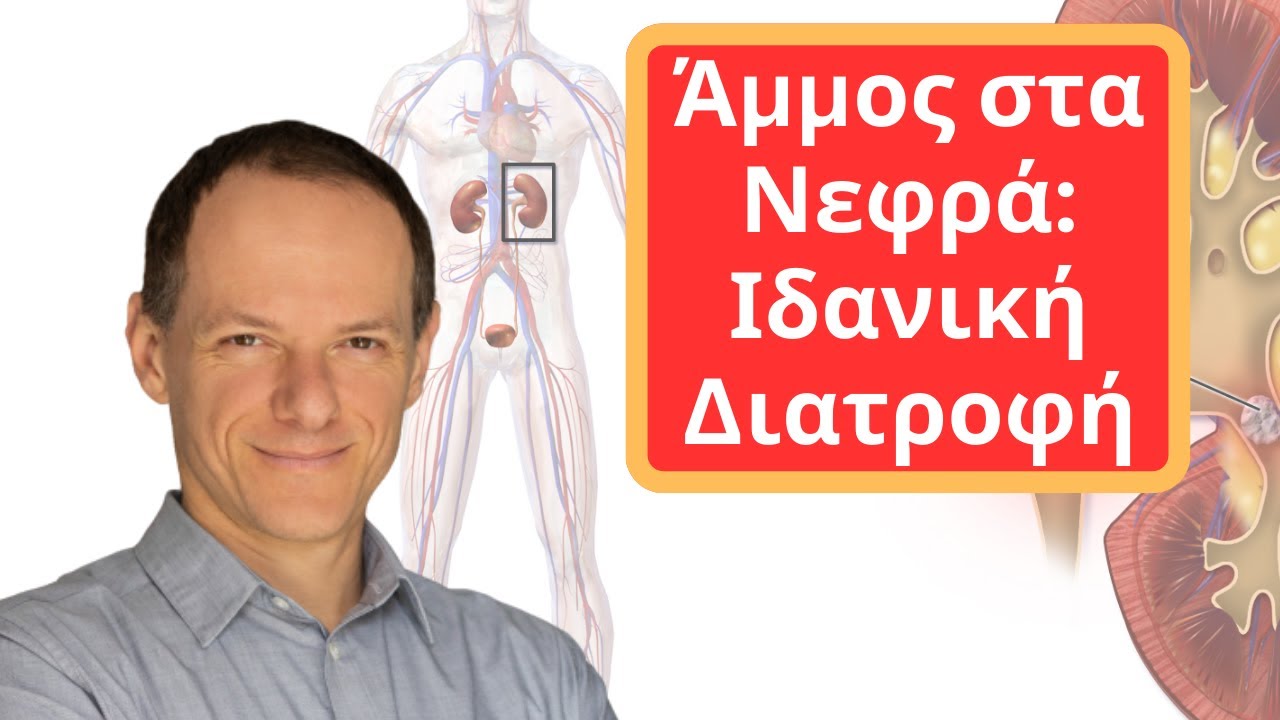

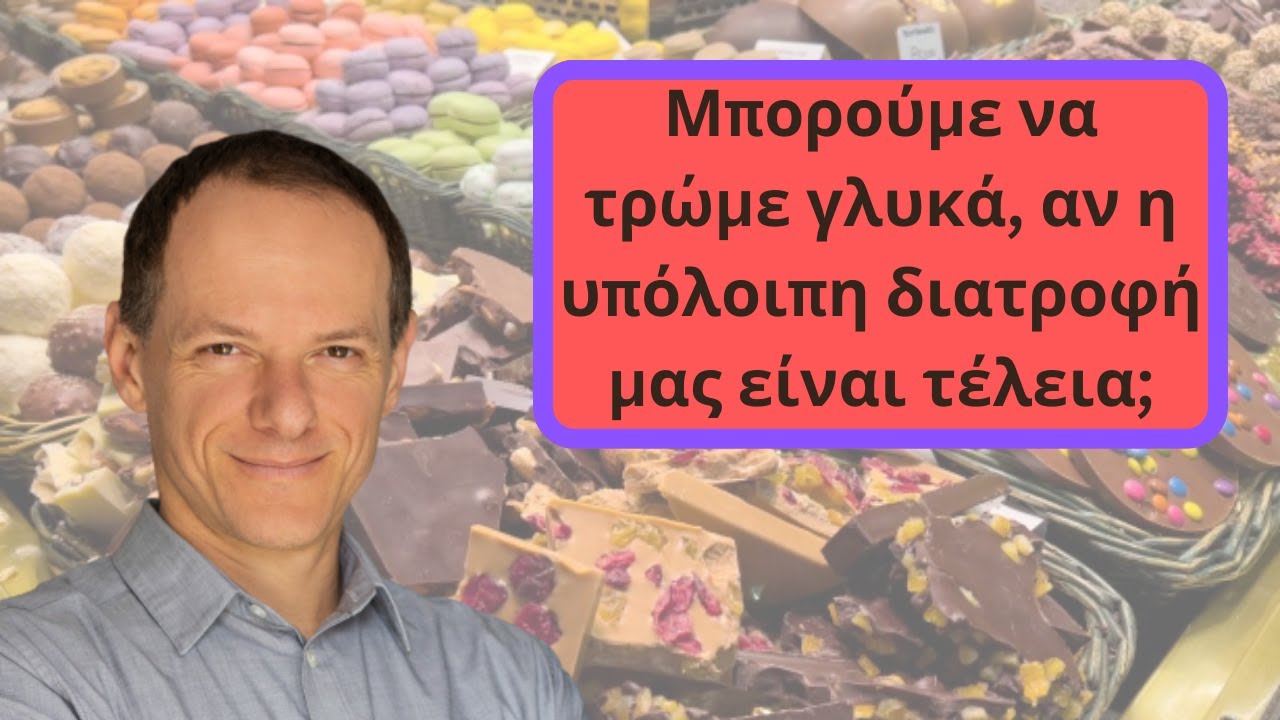
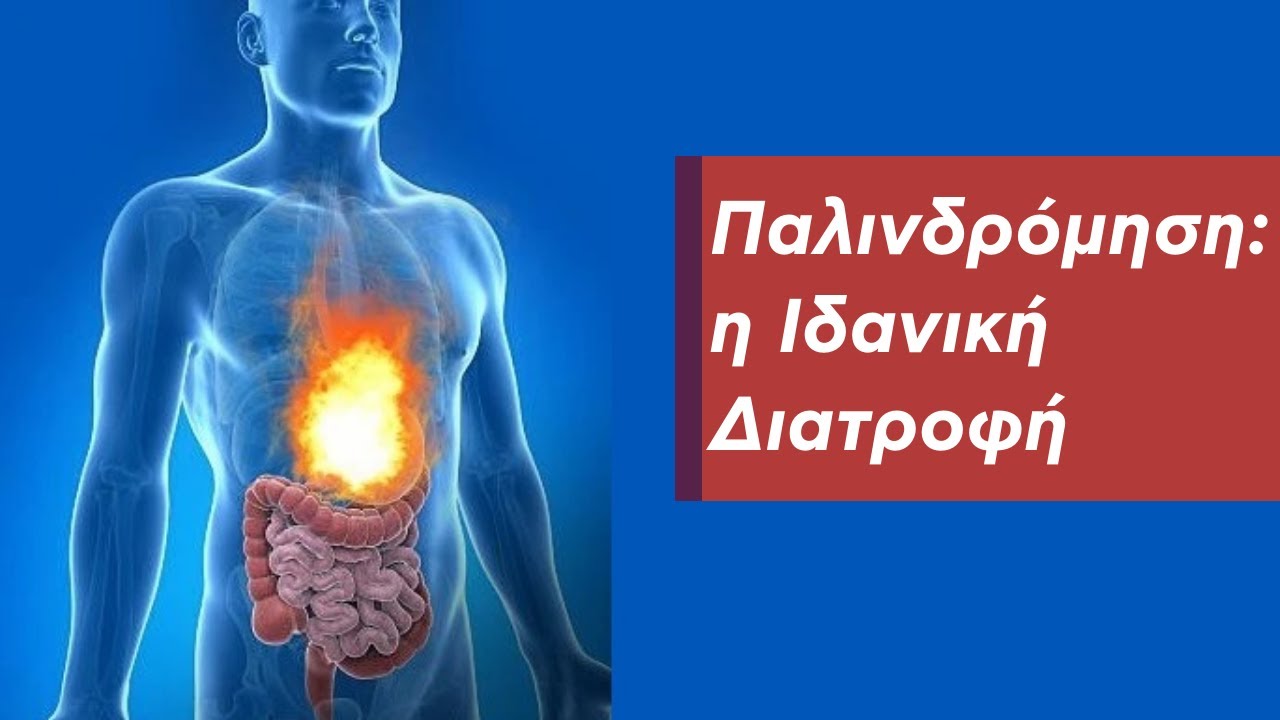
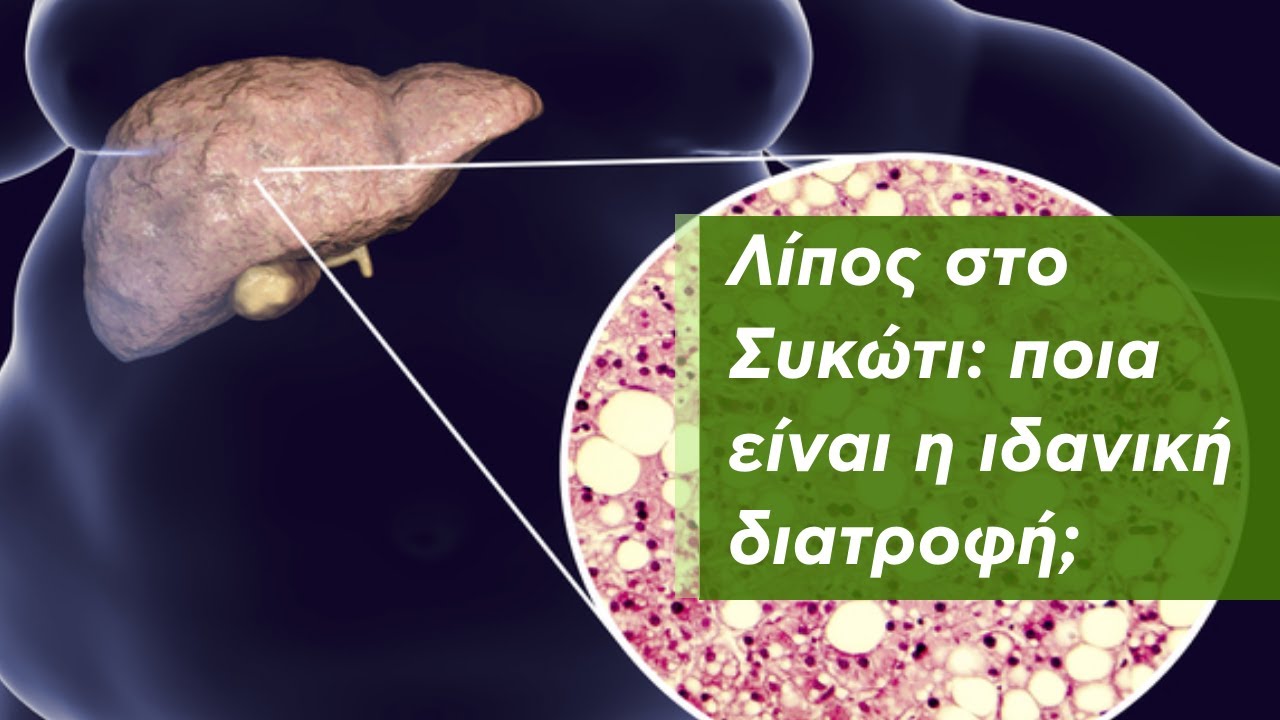
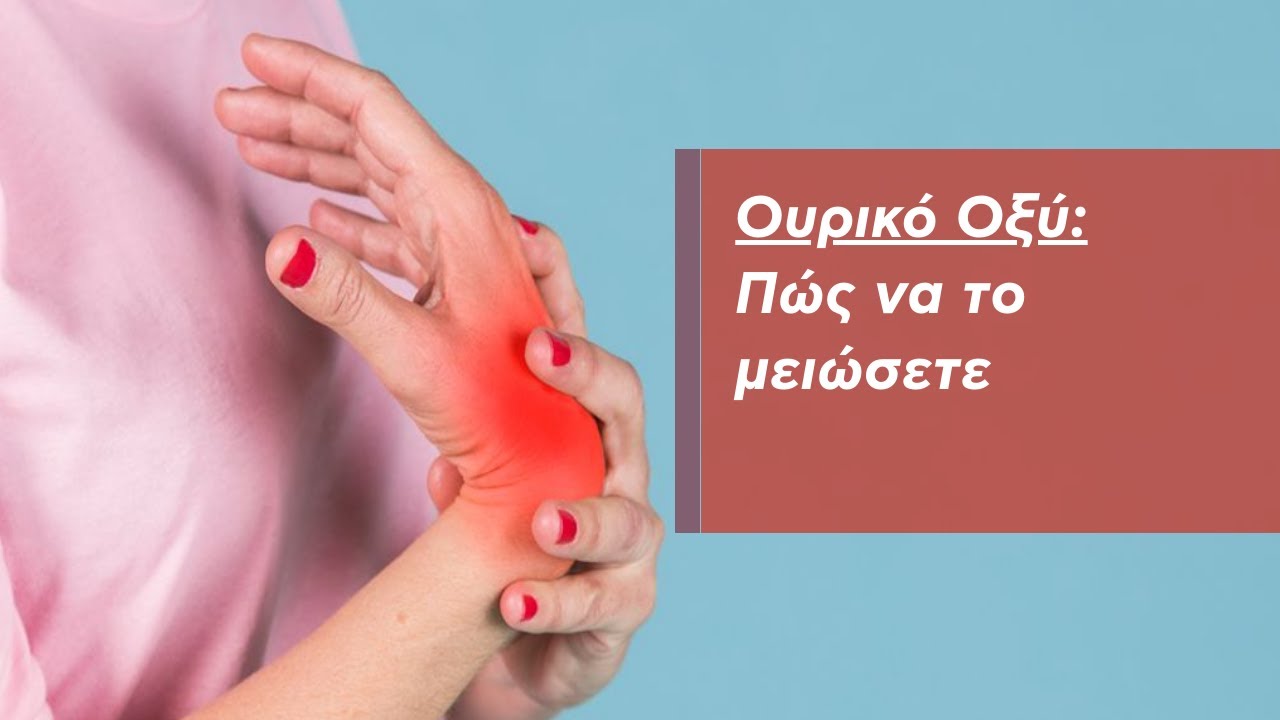
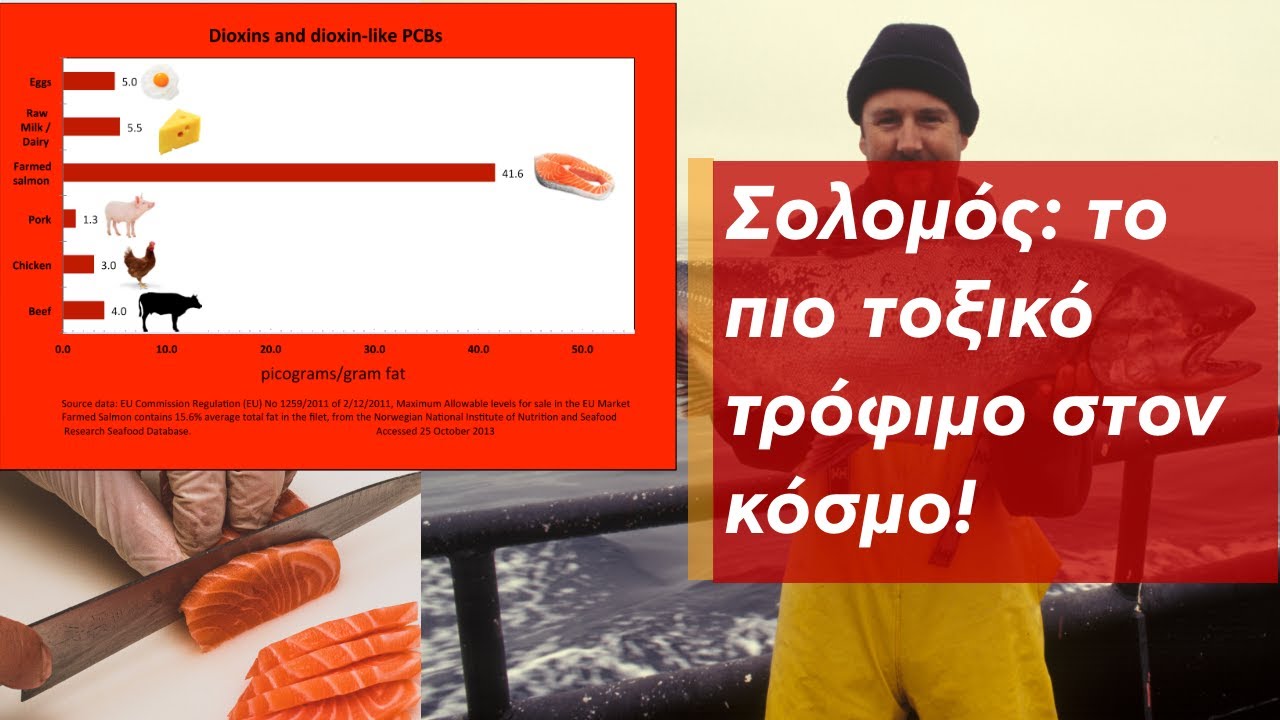
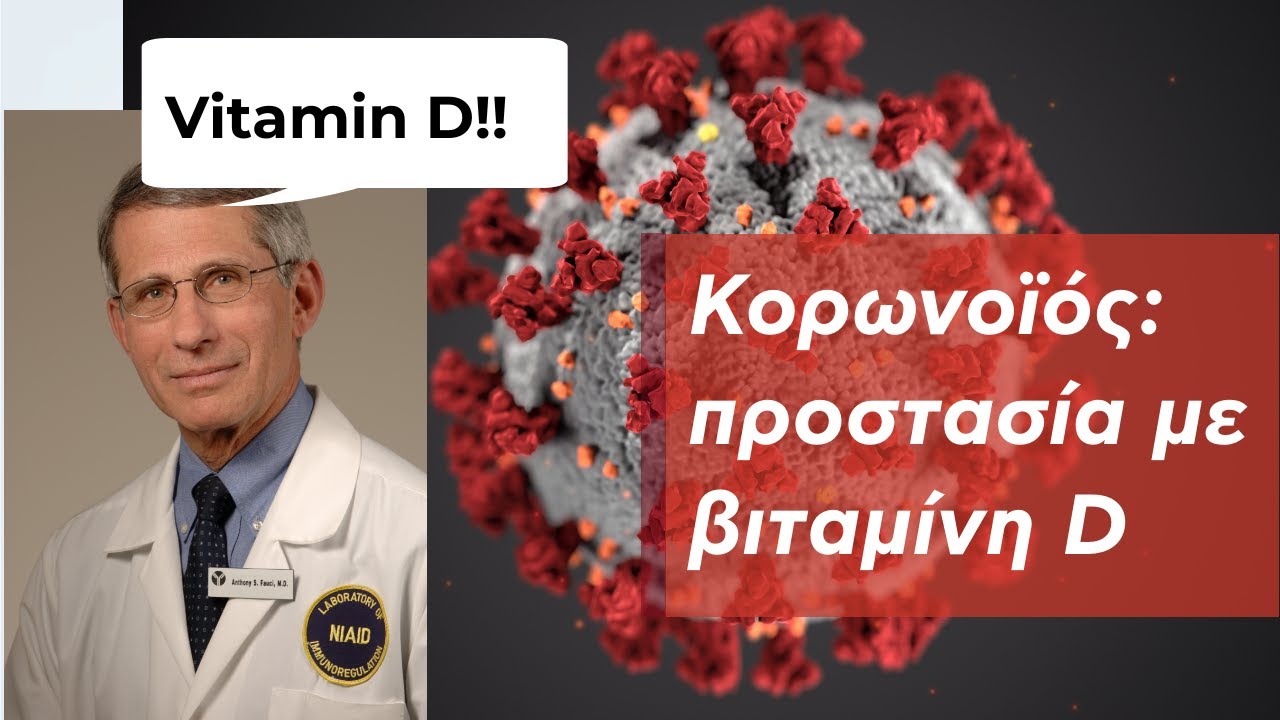
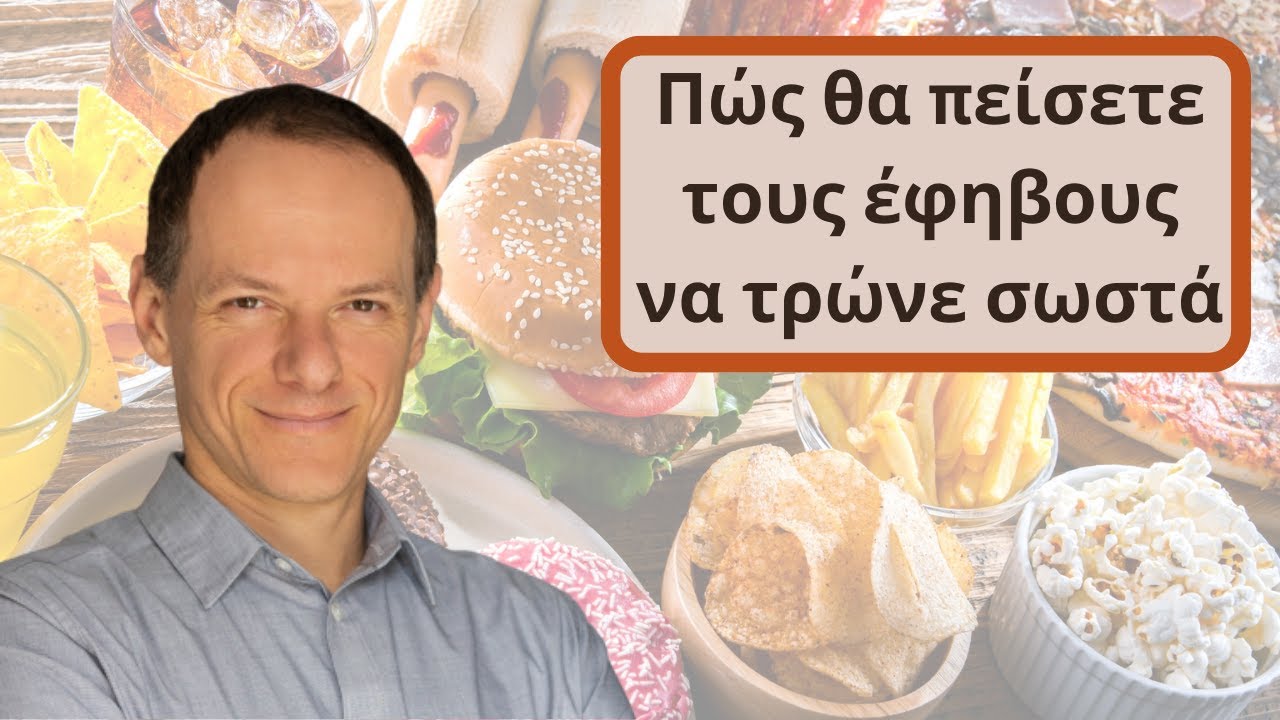
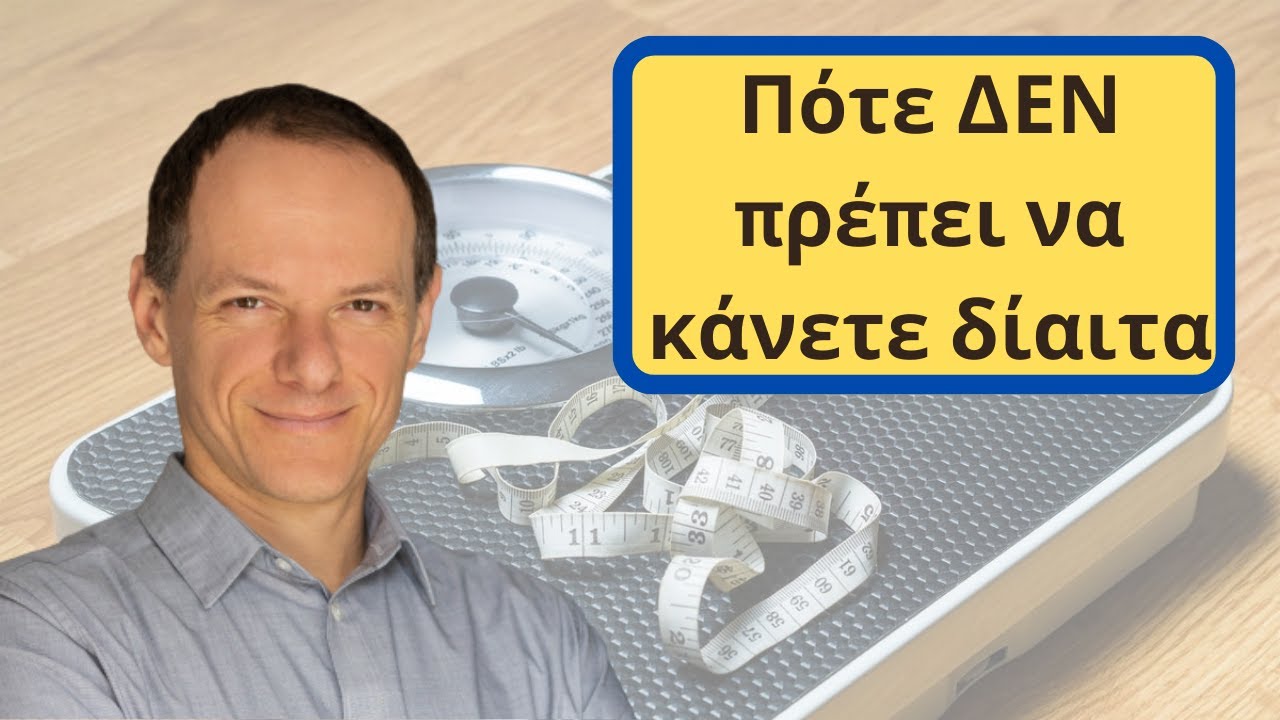

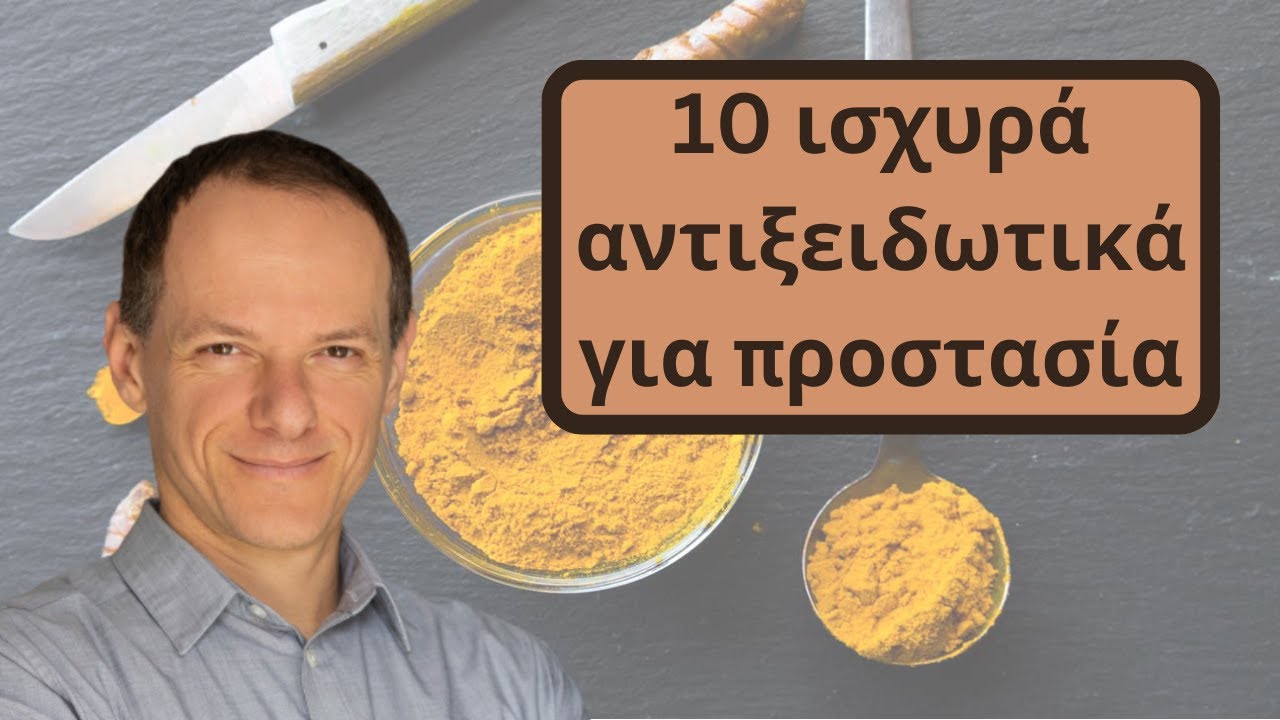
0 Σχόλια